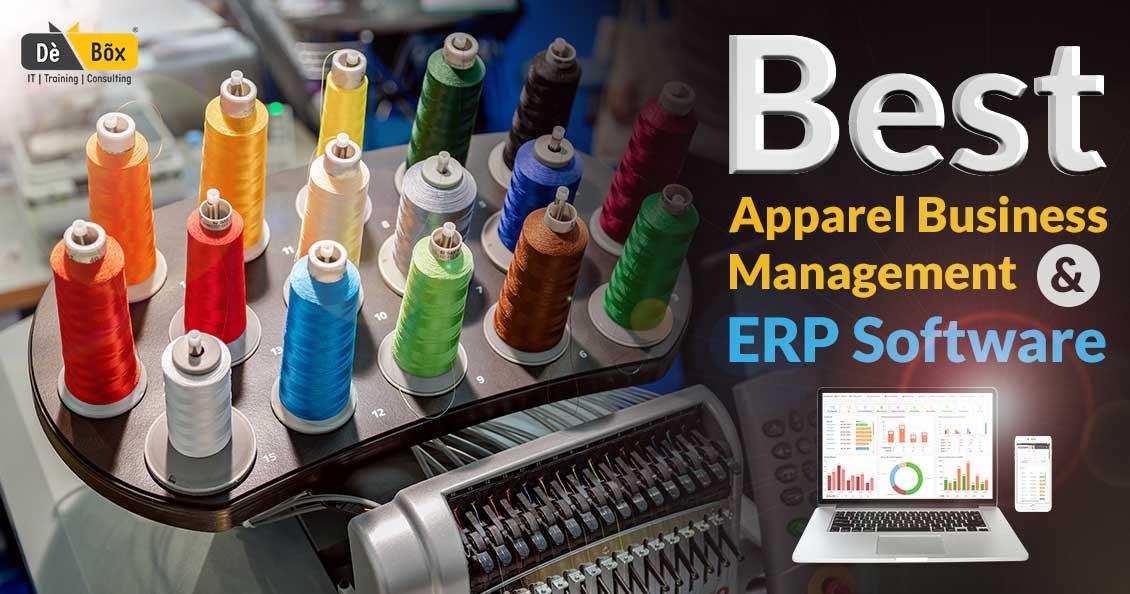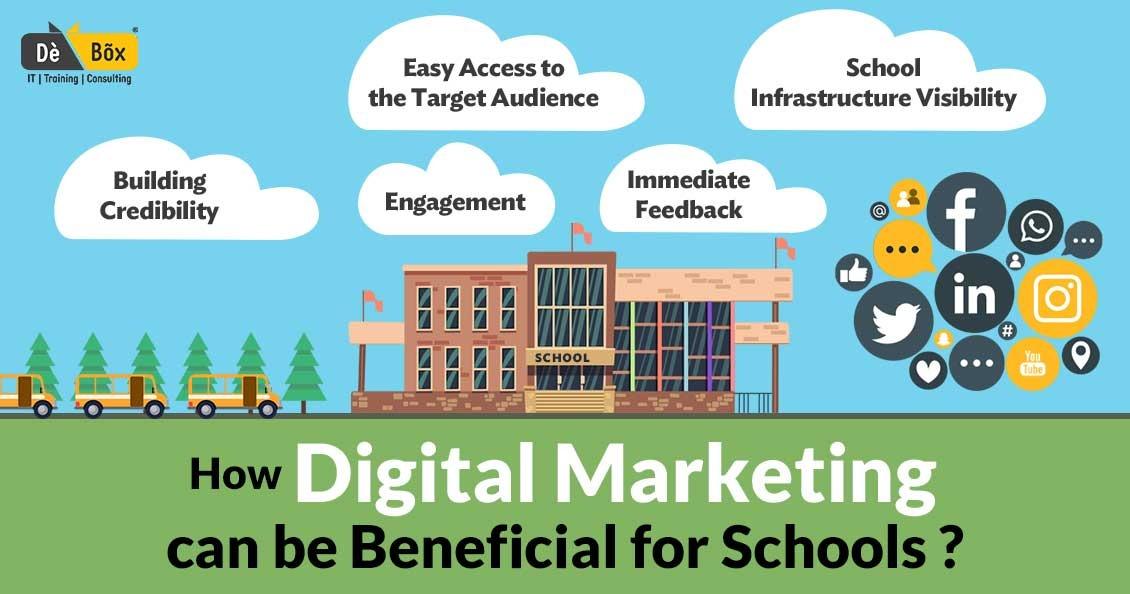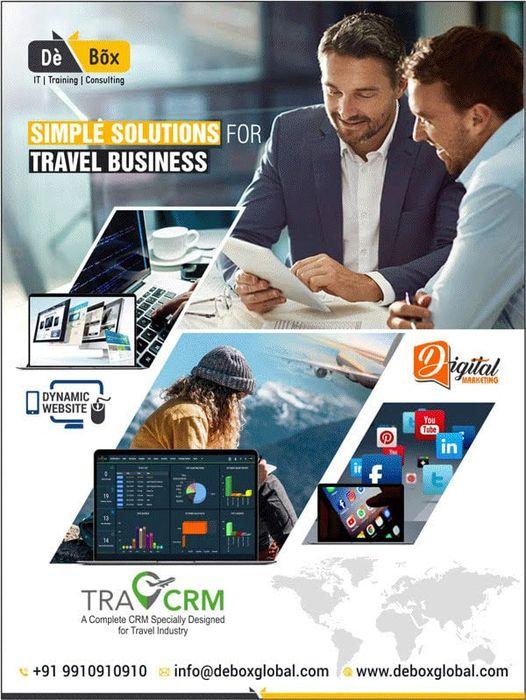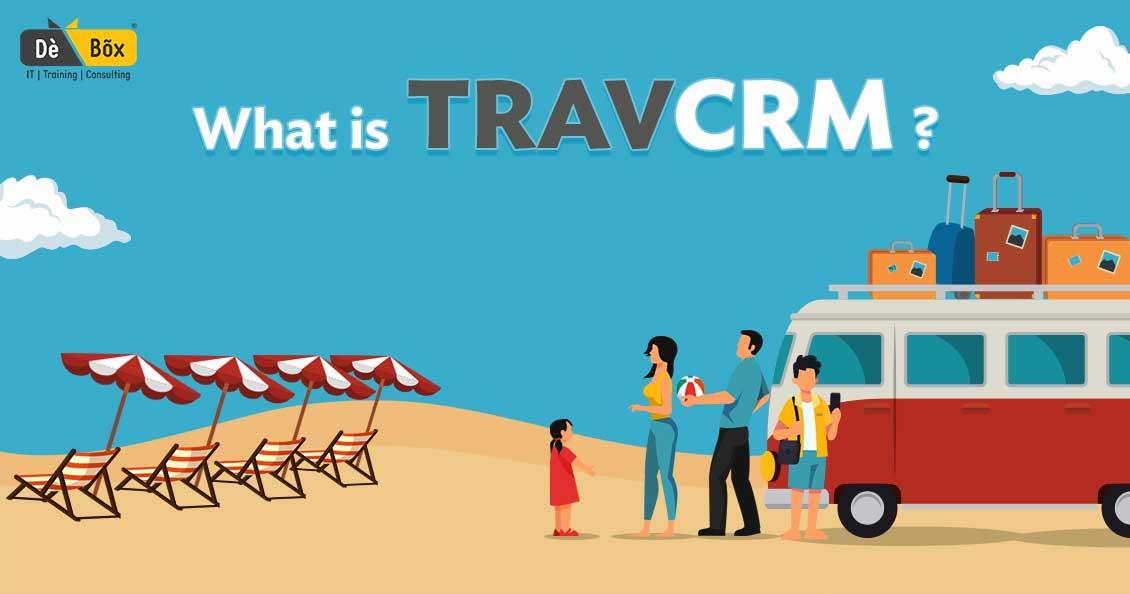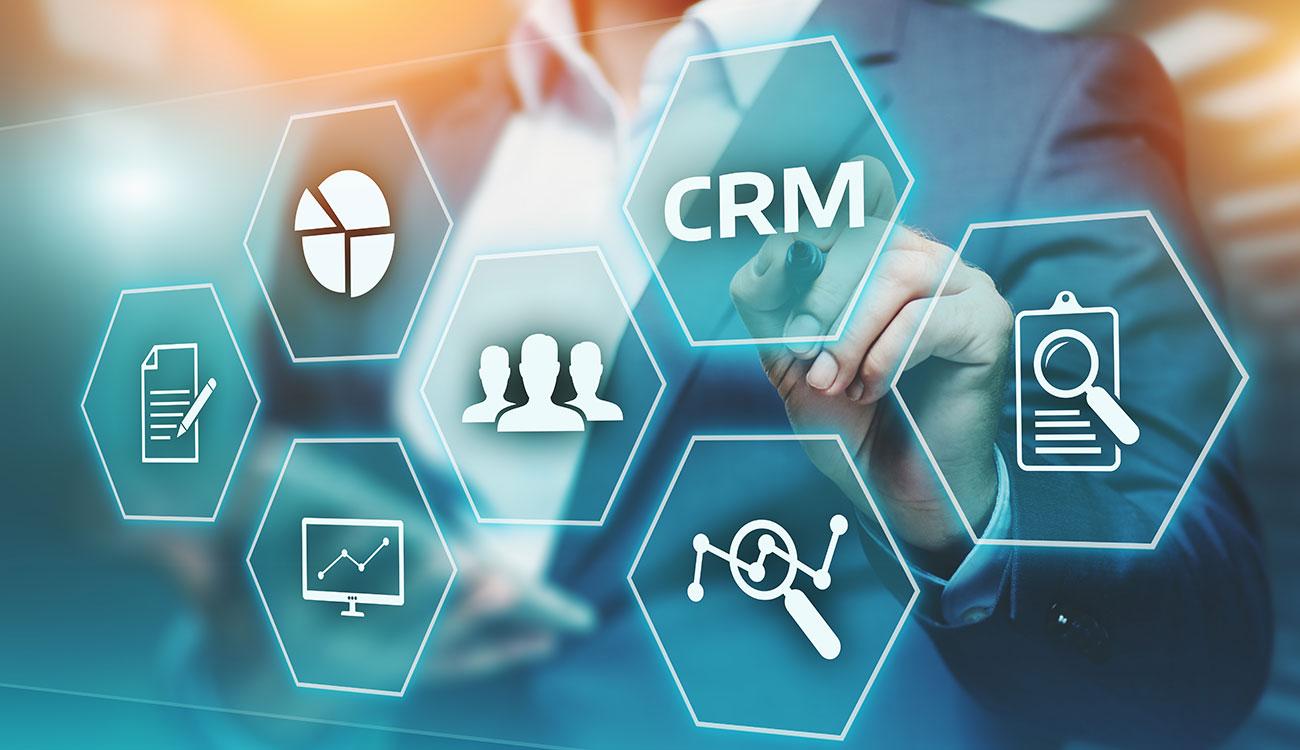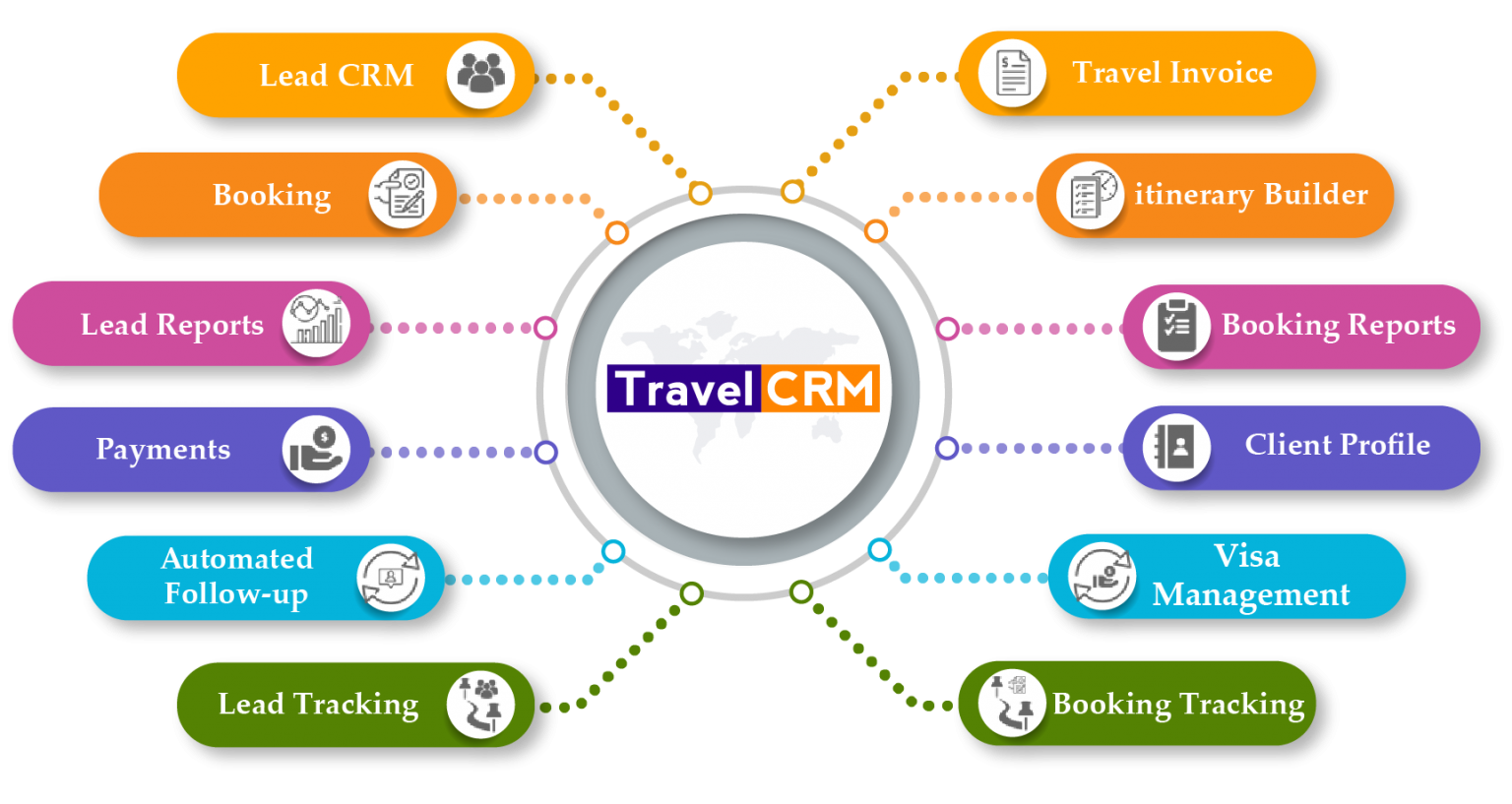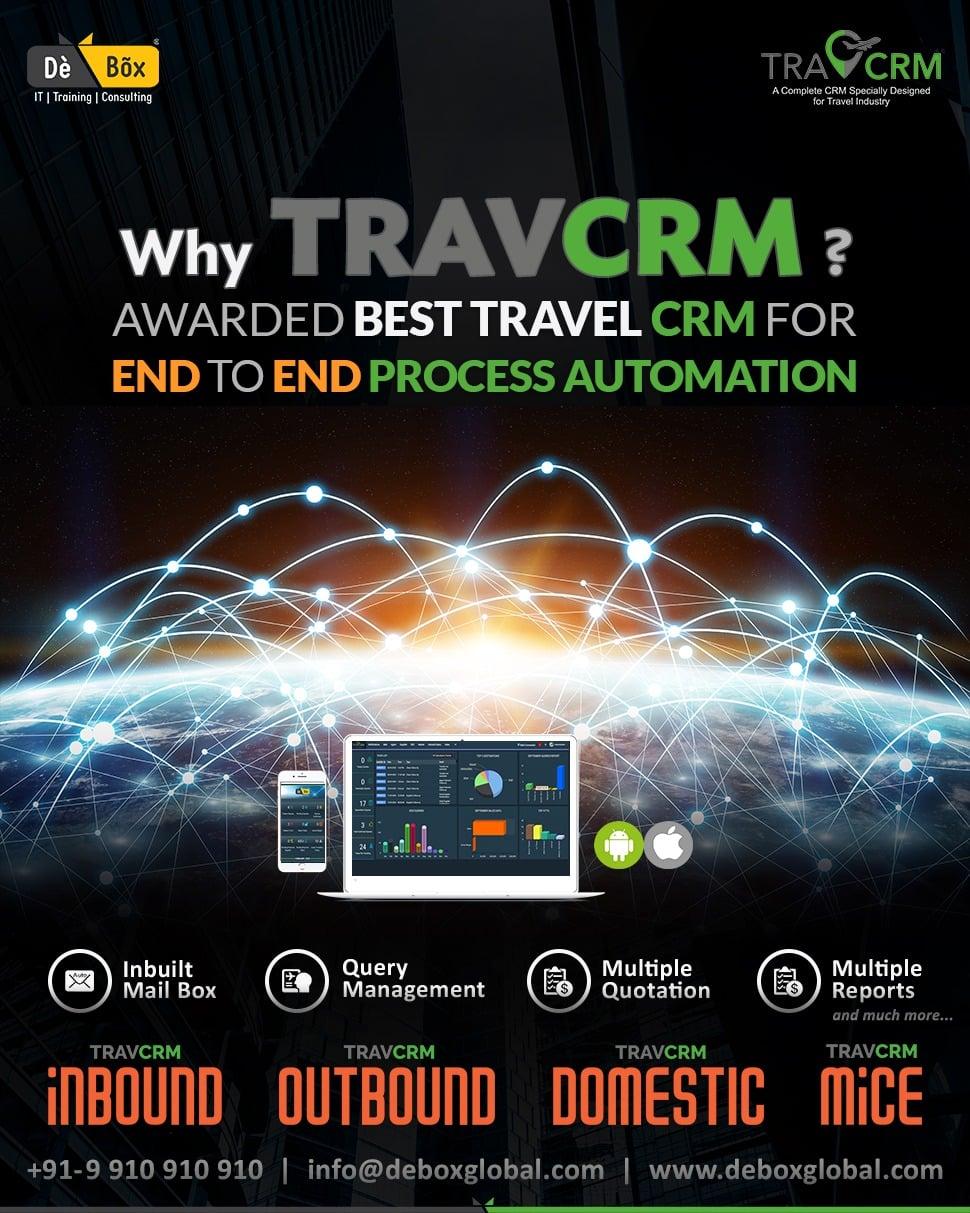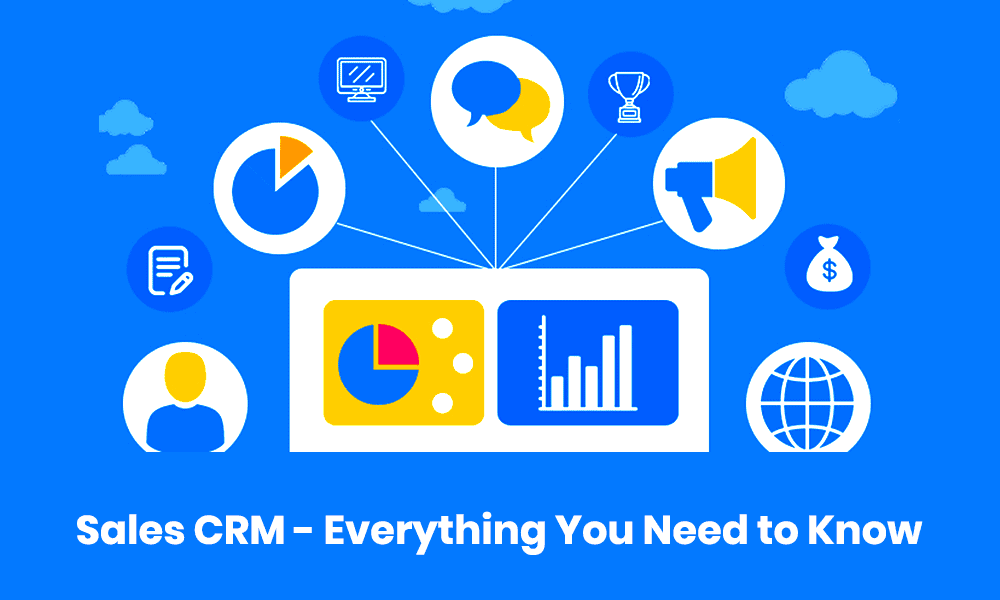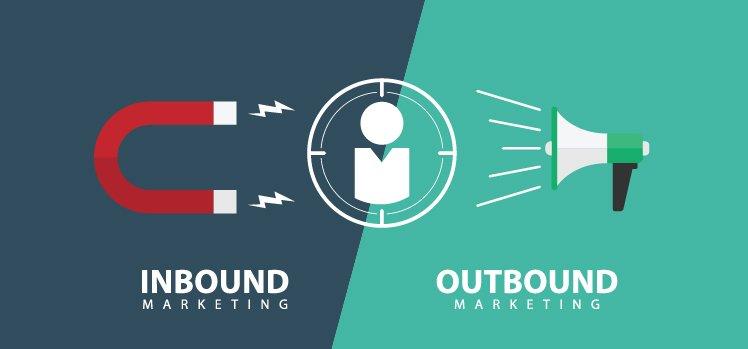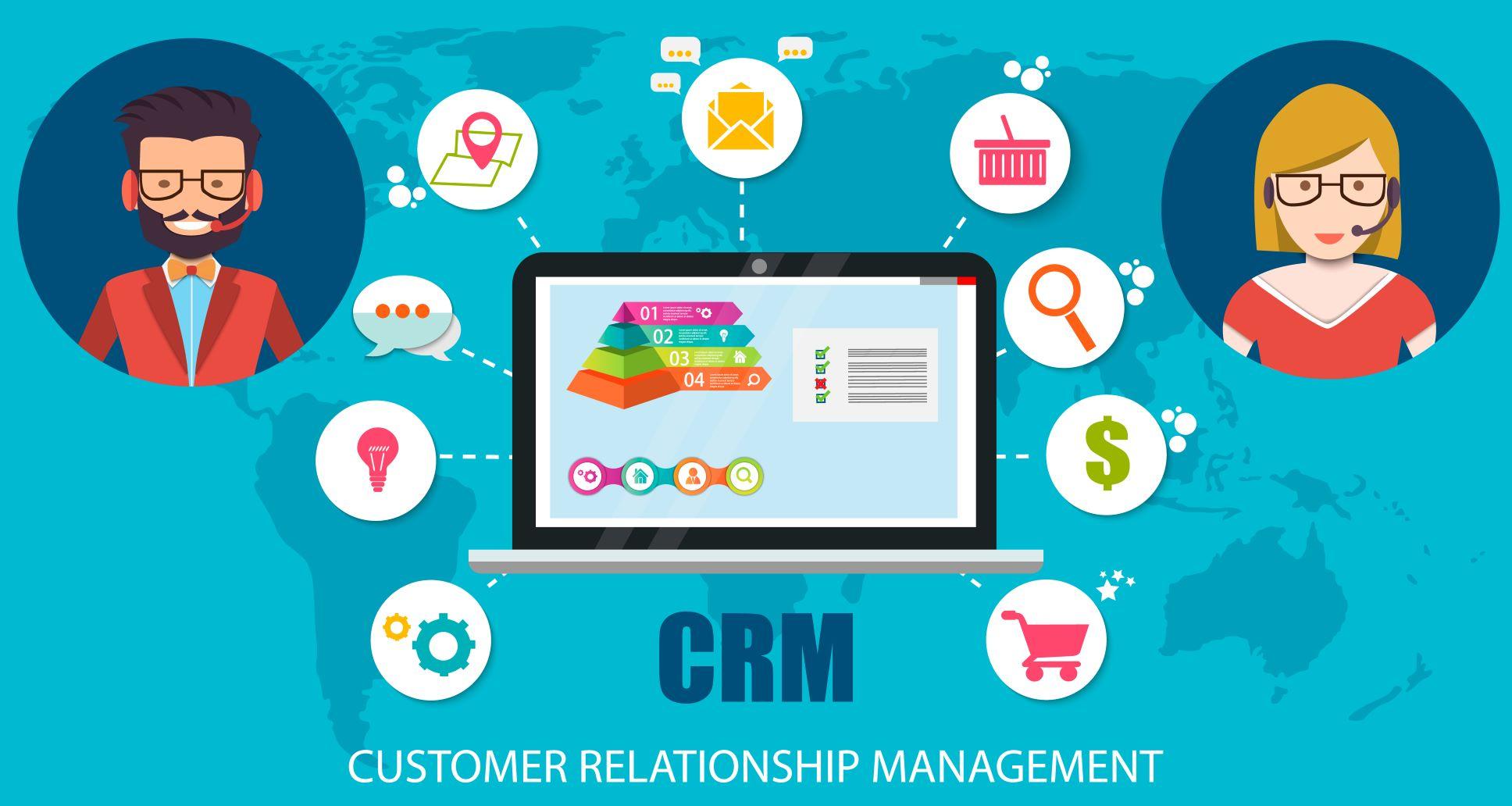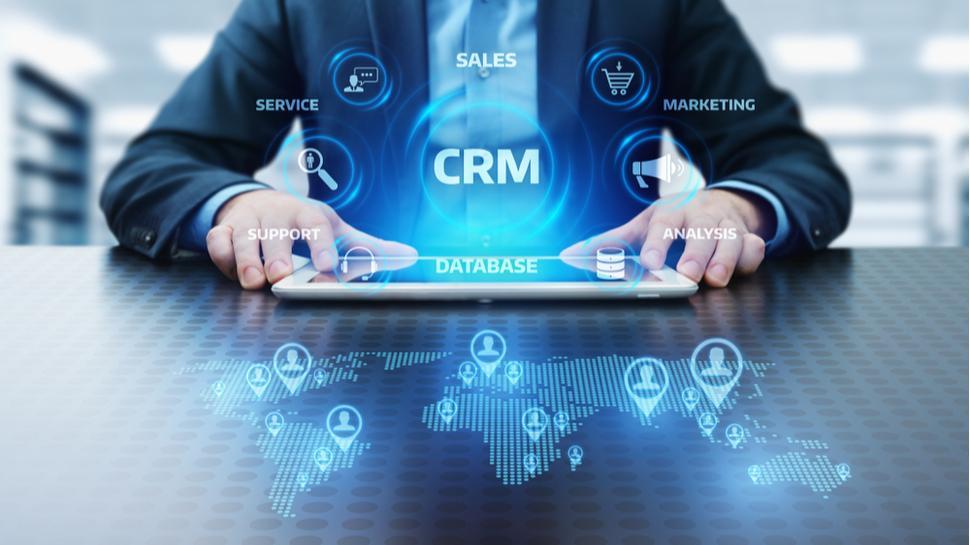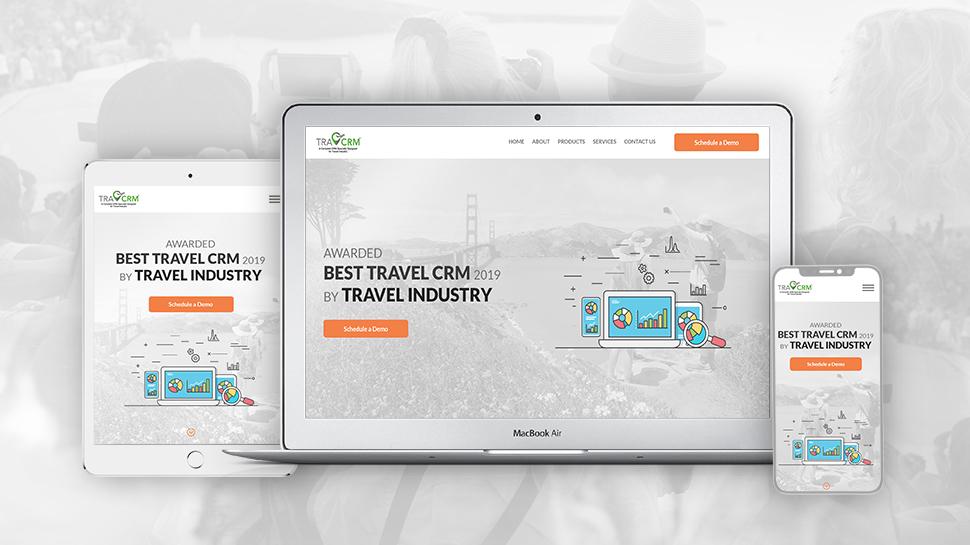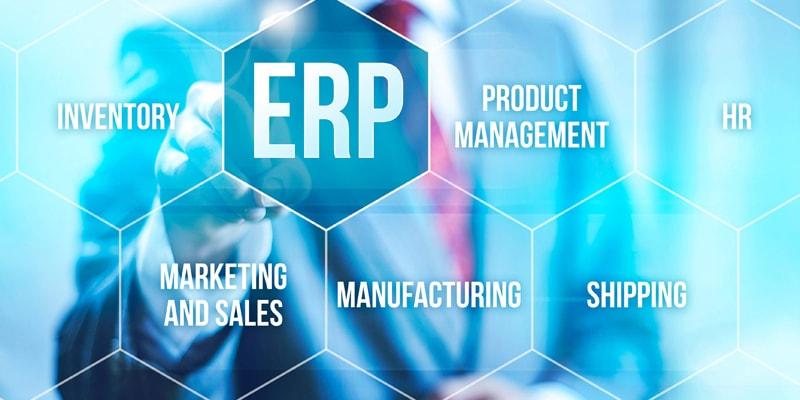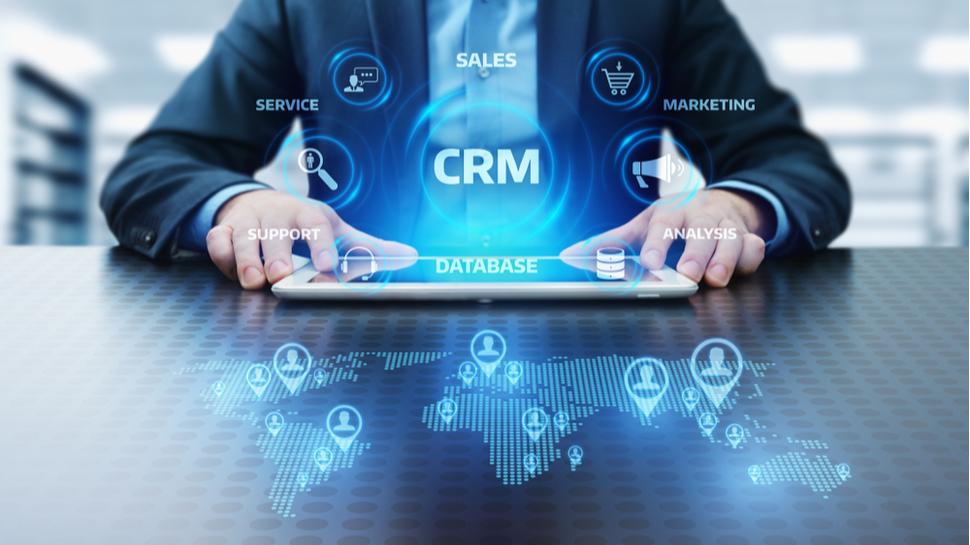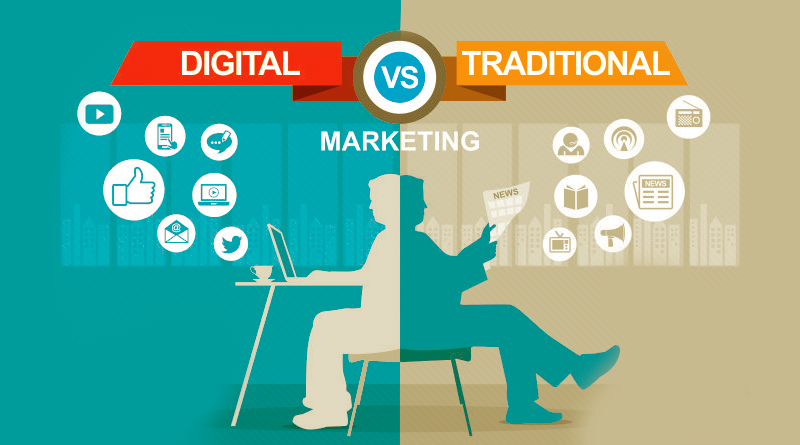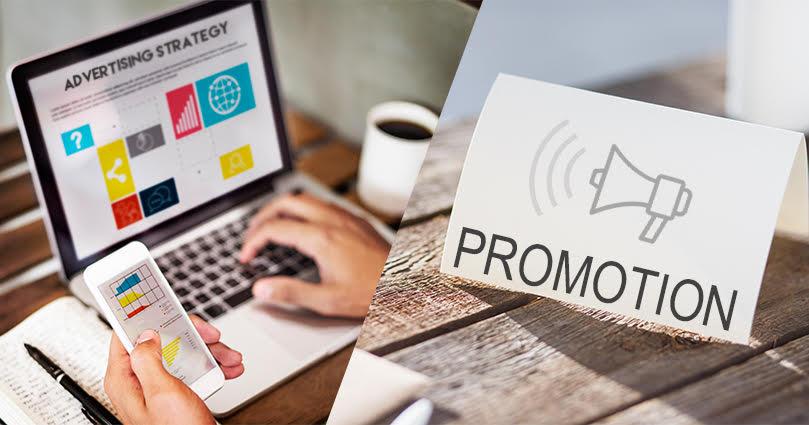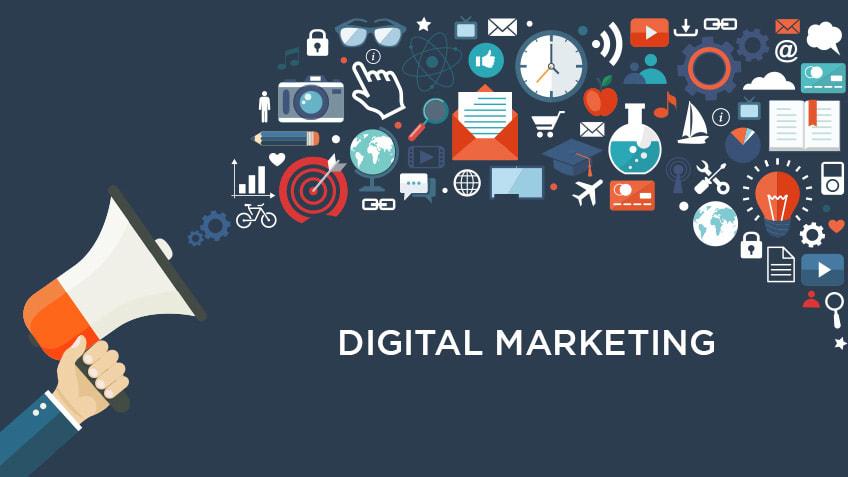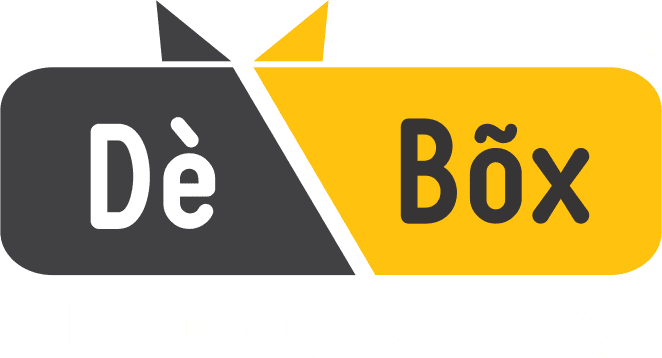
1683892664.jpg)
CRM stands for Customer Relationship Management. It refers to the practices, strategies, and technologies that companies use to manage and analyze customer interactions and data throughout the customer lifecycle, with the goal of improving customer retention and driving sales growth.
A CRM system typically includes software tools that allow businesses to organize and manage customer data, track customer interactions and communications, and automate certain aspects of the customer engagement process. This can include activities such as managing sales leads, tracking customer purchases and preferences, creating and managing marketing campaigns, and providing customer support.
Effective CRM can help companies improve their customer service, increase customer satisfaction and loyalty, and drive revenue growth by identifying opportunities to cross-sell or upsell products and services. It also allows businesses to more effectively target marketing campaigns and personalize their communications with customers, based on their individual needs and preferences.
CRM involves the collection, storage, and analysis of customer data to gain insights into customer behavior, preferences, and needs. This information can then be used to create personalized experiences for customers, provide better customer support, and drive sales growth. CRM can help businesses improve customer satisfaction, increase customer loyalty, and identify opportunities for cross-selling and upselling products and services.
CRM is not just a software system, but rather a holistic business strategy that requires the alignment of people, processes, and technology. An effective CRM strategy requires a customer-centric culture, where all employees are focused on delivering the best possible customer experience. It also requires high-quality data, which is collected accurately and relevantly, and stored securely.
Types of CRM:
There are several types of CRM systems available to businesses, each designed to meet different business needs and requirements. In this section, we will explore some of the common types of CRM systems.
Operational CRM: This type of CRM system focuses on managing the day-to-day interactions with customers, including sales automation, marketing automation, and customer support. Operational CRM helps businesses manage customer interactions throughout the customer lifecycle, from lead generation to post-sales support.
Analytical CRM: This type of CRM system focuses on analyzing customer data to gain insights into customer behavior, preferences, and needs. Analytical CRM helps businesses make informed decisions about customer engagement and marketing campaigns, and provides a foundation for data-driven decision making.
Collaborative CRM: This type of CRM system focuses on facilitating collaboration between different teams and departments within a business, including sales, marketing, and customer support. Collaborative CRM helps businesses share customer information and insights, and ensures a consistent customer experience across all touchpoints.
Strategic CRM: This type of CRM system focuses on creating long-term customer relationships by providing personalized experiences and building brand loyalty. Strategic CRM helps businesses identify high-value customers, personalize marketing campaigns, and build stronger and longer-lasting relationships with customers.
Cloud-based CRM: This type of CRM system is hosted in the cloud and accessed over the internet. Cloud-based CRM systems are popular because they are cost-effective, flexible, and easy to deploy. They also offer remote access and scalability, making them ideal for businesses of all sizes.
On-premise CRM: This type of CRM system is installed on a company's own servers and maintained by their IT department. On-premise CRM systems offer greater control and customization options but require a larger upfront investment and ongoing maintenance and support.
Mobile CRM: This type of CRM system is designed to be accessed from mobile devices such as smartphones and tablets. Mobile CRM systems offer real-time access to customer data, allowing sales teams and customer support staff to access information on the go.
Social CRM: This type of CRM system integrates social media channels into the customer engagement process. Social CRM helps businesses engage with customers on social media platforms, monitor customer sentiment, and respond to customer feedback and inquiries.
What are the Top Benefits of Using a Travel CRM System?
This might feel self-evident, yet is valid nontheless: the essential advantage of CRM arrangements is to assist you better deal with your relationship with clients. Certainly, it assists you with dealing with those connections in various ways. However, by the day's end, every one of the advantages are simply one more method for improving your associations with clients.
Centralize Customer Data
One of the significant advantages of CRM is that it places every one of your clients' data in a single spot, where all partners can see it. A focal information base comprised of all that you realize about your clients supports the wide range of various cool stuff that you can do with CRM stages, such as computerizing errands and figuring out client conduct.
In particular, CRM keeps partners across the association in total agreement. This is particularly significant in organizations where deals, advertising and administration offices are fanned out across various areas, or where they communicate with clients all through various stages. With all the applicable client data readily available, the whole association is more ready to amuse the client.
Suppose you own a chain of stores where you sell propane and propane embellishments. At the point when a neighborhood café signs an agreement to purchase your propane, the help division can see and follow up on it continuously. They can plan the underlying arrangement to turn on the client assistance's alongside customary support. Furthermore, since promoting knows when a section is approaching the finish of its life cycle, they'll know precisely exact thing to offer and when.
Identify and Convert More Leads
You attempt to rope individuals in with advertisements via online entertainment. You start a blog. Once in a while, you even do it as our forefathers would have done it and set up a stall at a career expo. Be that as it may, when you stand out, then, at that point, what? Can you try and say whether you definitely stand out enough to be noticed? On the off chance that you had a CRM you would acquire these experiences and then some. Another of the many advantages of CRM: it is the system on which you can enhance your lead age channel.
With a CRM, you can catch each of your communications with possibilities and clients, regardless of where you're attempting to draw in them. You can install structures on your blog to catch contact data, and recognize which watchwords are pointing out more your page. The CRM can likewise scour virtual entertainment and qualify leads in view of client movement, and coordinate that information into robotized, customized advertising efforts.
Increase Customer Retention Rates
The expense of winning new clients is five to multiple times more than it is to continue to exist business. So
keeping your current clients is vital to your drawn out progress.
Showcasing centered CRMs assist organizations with accomplishing this in a couple of ways. Since client information is shared across divisions, it's more straightforward to expect issues and address them quicker. CRMs can likewise keep clients from leaving as a result of disregard, by pushing sales reps to connect, or via consequently messaging the client sometimes.
Make Intelligent, Data-Driven Decisions
Numerous CRM stages offer information examination devices that empower organizations to open bits of knowledge that are undetectable to the unaided eye. You can gauge pretty much anything from client opinion and whether you're measuring up to their assumptions, to your outreach group's presentation or the way in which well that last advertising effort did.
You can make dashboards to coordinate clients in view of various qualities or socioeconomics or mechanize lead capability. This can assist you with focusing on unambiguous pieces of your crowd with various promoting efforts that will have the greatest effect.
These experiences can likewise help organizations all the more precisely figure, and remove the mystery from anticipating what's to come. You can use experiences about your clients, pipeline, deals execution and estimates from information examination devices to choose what item to make straightaway, or how to further develop client support.
How about we return to our propane business to perceive how information examination prompts more astute, information driven independent direction. At some point, you fabricate a dashboard to see clients' month to month propane bills by the barbecues introduced. You notice that cafés that utilization a specific sort of barbecue seldom call for administration, and have a bill that is 10% lower. You could then contact every one of the cafés around that don't utilize that model and propose to trade out their units assuming they pursue your propane administration.
Automate the Boring Stuff
CRM arrangements free colleagues from tedious, mistake inclined assignments. For instance, a promoting proficient can send 1,000 customized messages about a glimmer deal beginning in a couple of hours to clients in view of their area. It can likewise assist with qualifying the mountains of leads so you can arrive at clients before they've failed to remember you. The outreach group can computerize which agent is relegated the new possibility, or to oversee administration tickets.
Eventually, the primary advantage of computerization is that business, advertising and client support experts can zero in a greater amount of their consideration on what makes the biggest difference — drawing in, sustaining and pleasing clients.
What is Travel CRM Software ?
Travel CRM (Customer Relationship Management) is a software tool designed specifically for the travel industry that helps travel companies manage their relationships with customers, improve customer satisfaction, and streamline their operations.
A Travel CRM system typically includes a variety of features such as customer data management, sales and marketing automation, booking and reservation management, and reporting and analytics. These tools help travel companies to manage customer interactions, gain insights into customer behavior, and provide personalized experiences.
The goal of a Best Travel CRM is to centralize customer data, provide actionable insights, and automate many of the repetitive tasks associated with travel management. By doing so, travel companies can reduce costs, improve operational efficiency, and increase revenue through increased customer satisfaction and repeat business.
Best Travel CRM software is used by travel agencies, tour operators, airlines, hotels, and other businesses in the travel industry. It helps them to manage their customer relationships and improve their overall performance. Ultimately, a Travel CRM helps companies to better understand their customers, provide them with personalized experiences, and build long-term relationships that benefit both the customer and the business.
Running a business without CRM software can cost you:
Less time for anything more suggests more regulatory work. A clamoring deals staff can create a downpour of information. While out and about, reps talk to clients, meet possibilities, and assemble valuable data, however unreasonably much of the time, this information is written down in note pads, put away on workstations, or held in the personalities of your sales reps.
Subtleties can be disregarded, gatherings may not be quickly circled back to, and deciding the need of clients might rely more upon instinct than on a cautious investigation of the accessible information. What's more, in the event that a key sales rep withdraws, everything might deteriorate. Be that as it may, without CRM, more than essentially deals endure.
Your buyers might reach out to you by means of different channels, like the telephone, email, or virtual entertainment, to ask requests, circle back to requests, or report issues. Without a standard stage for client cooperations, correspondences might be ignored or covered behind a downpour of information, bringing about a drowsy or insufficient reaction.
Regardless of whether you are effective in social occasion this information, it will in any case be all challenging to decipher. Gathering intelligence can challenge. Reports can be tedious to make and burn through lucrative selling time. While an absence of oversight can likewise prompt an absence of responsibility from the group, chiefs can neglect to focus on what their groups are doing, making it challenging for them to offer the right help with perfect timing.
What Exactly a cloud-based CRM offers your business :
CRM and the distributed computing unrest have made a huge difference. Maybe the main late improvement in CRM frameworks has been the move into the cloud from on-premises CRM programming. Liberated from the need to introduce programming on hundreds or thousands of PCs and cell phones, associations overall are finding the advantages of moving information, programming, and administrations into a protected web-based climate.
Work from anyplace
Cloud-based CRM frameworks like TRAVCRM mean each client has a similar data, constantly. Your outreach groups out and about can really take a look at information, update it immediately after a gathering, or work from anyplace. A similar data is accessible to any individual who needs it, from the outreach group to the client care delegates.
Reduce costs
CRM can be speedy and simple to carry out. A cloud-based framework doesn't require extraordinary establishment, and there's no equipment to set up, keeping IT costs low and eliminating the migraine of variant control and update plans.
For the most part, cloud-put together CRM frameworks are estimated with respect to the quantity of clients who access the framework and the sorts of highlights you really want. This can be exceptionally financially savvy regarding capital expense, and is likewise very adaptable — empowering you to increase and add more individuals as your business develops. Salesforce is adaptable with regards to usefulness, as well — you're not paying for any elements that are not helpful to you.
In summary, a travel CRM system can help companies improve customer service, streamline operations, increase revenue, improve marketing and sales, manage supplier relationships, and enhance data security. By leveraging the benefits of a travel CRM system, companies can gain a competitive advantage and provide a better experience for their customers.
Debox Global is a travel technology company that provides a suite of software solutions for travel businesses, including a travel CRM system. The Debox Global Travel CRM system is designed to help travel businesses manage customer data, streamline operations, and increase revenue. The system includes features such as customer management, booking management, sales and marketing tools, supplier management, and reporting and analytics. With Debox Global Travel CRM, travel businesses can improve customer service, personalize travel experiences, and increase sales. Additionally, the system is designed to be user-friendly and customizable to fit the unique needs of each travel business.
Luxury tourism is evolving rapidly, embracing innovative trends that cater to a new generation of travelers. Today’s affluent globetrotters s..Read More
In the fast-paced world of the travel industry, providing excellent customer service and optimizing operations is crucial for success. Travel agenc..Read More
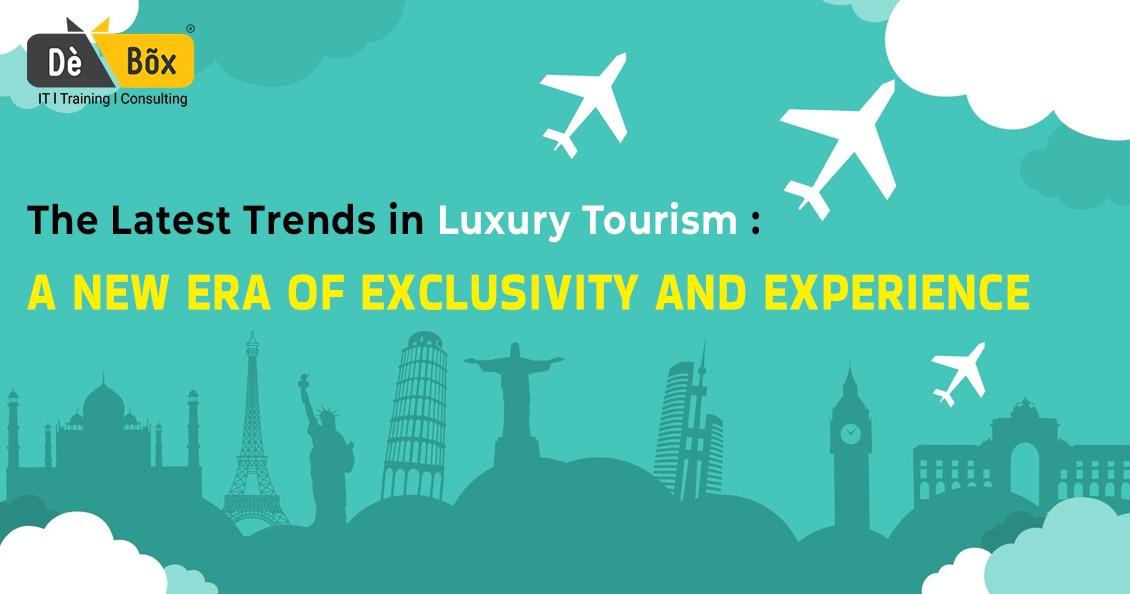
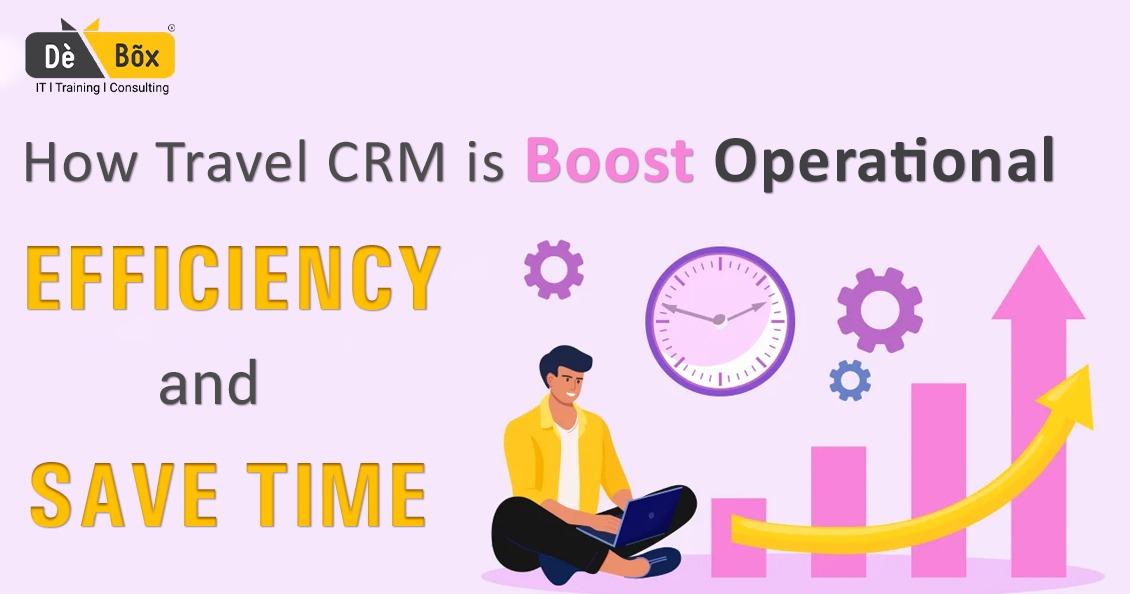
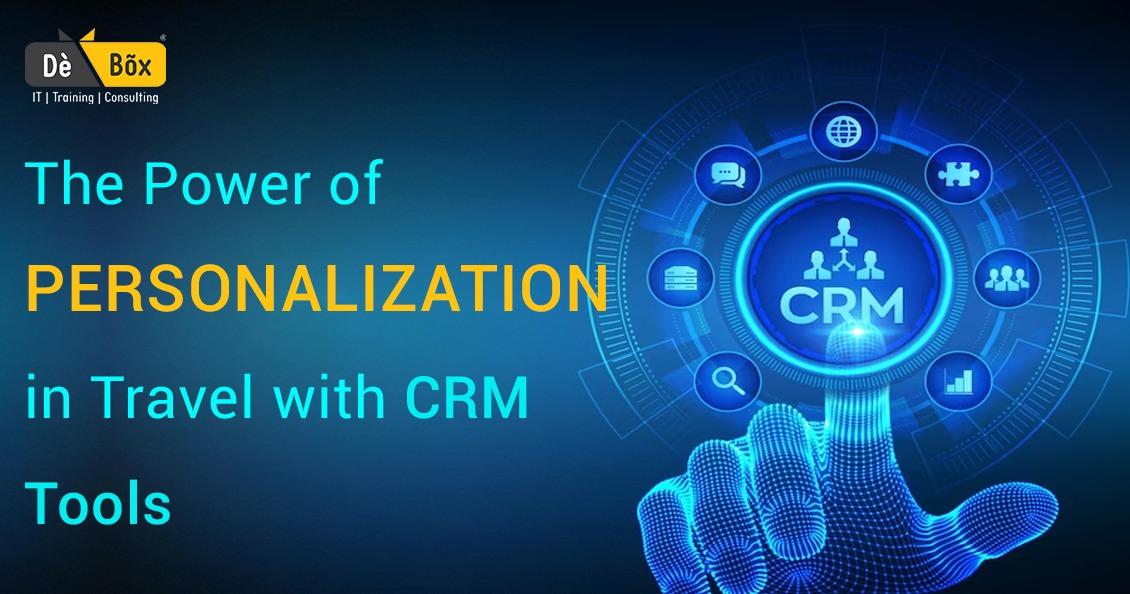
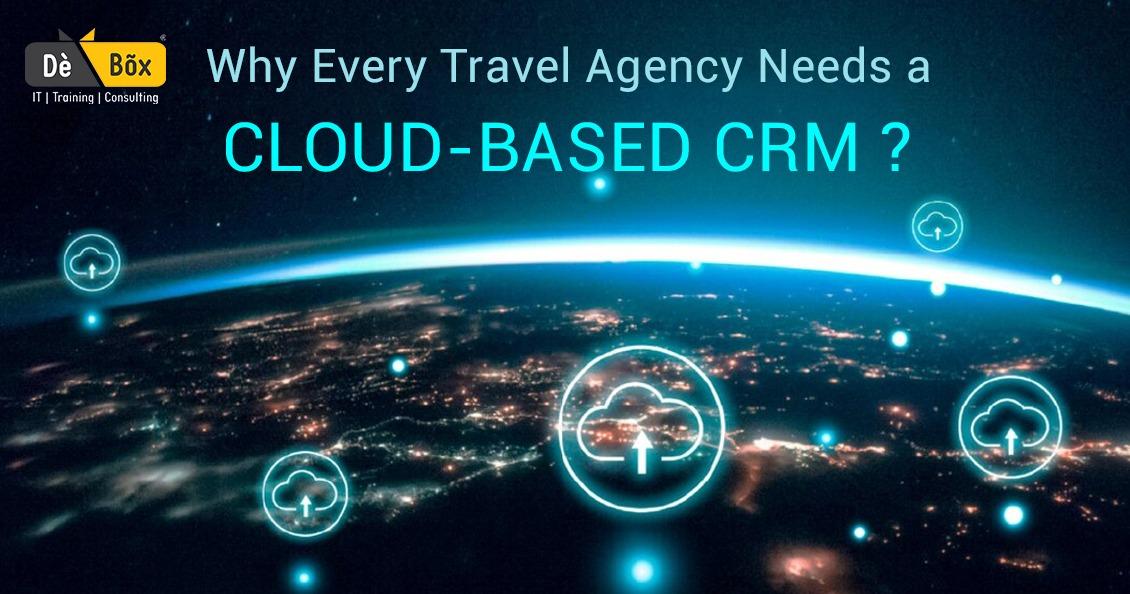
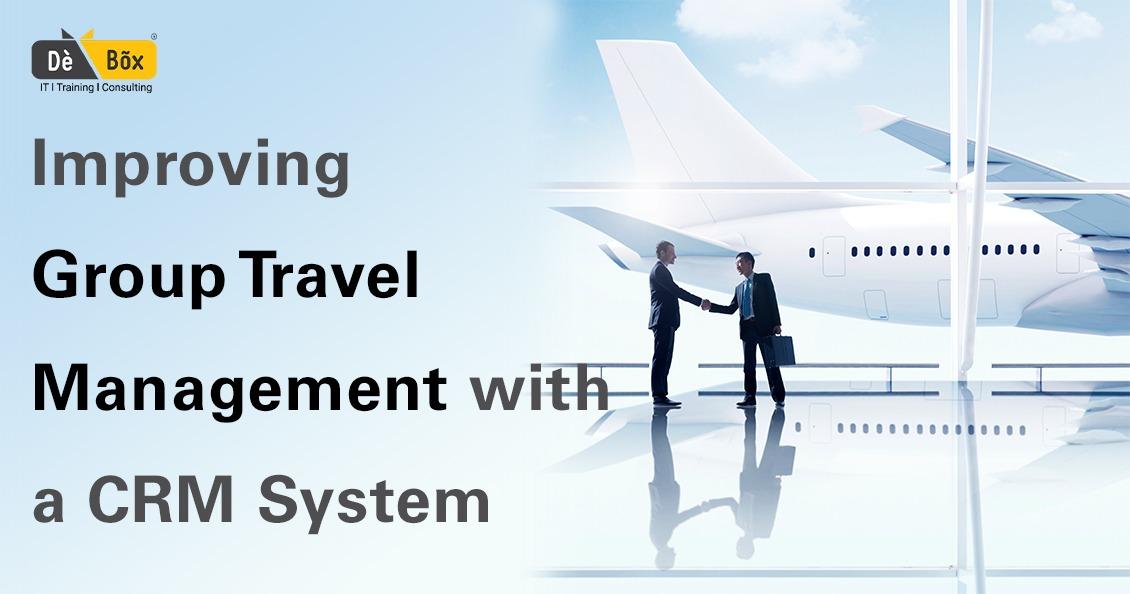
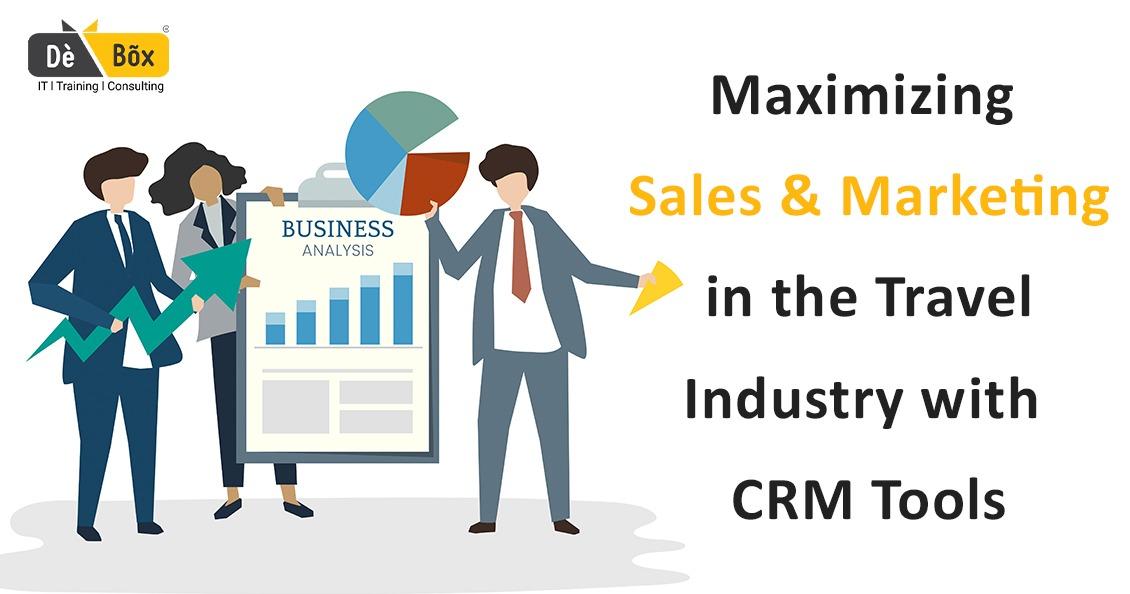
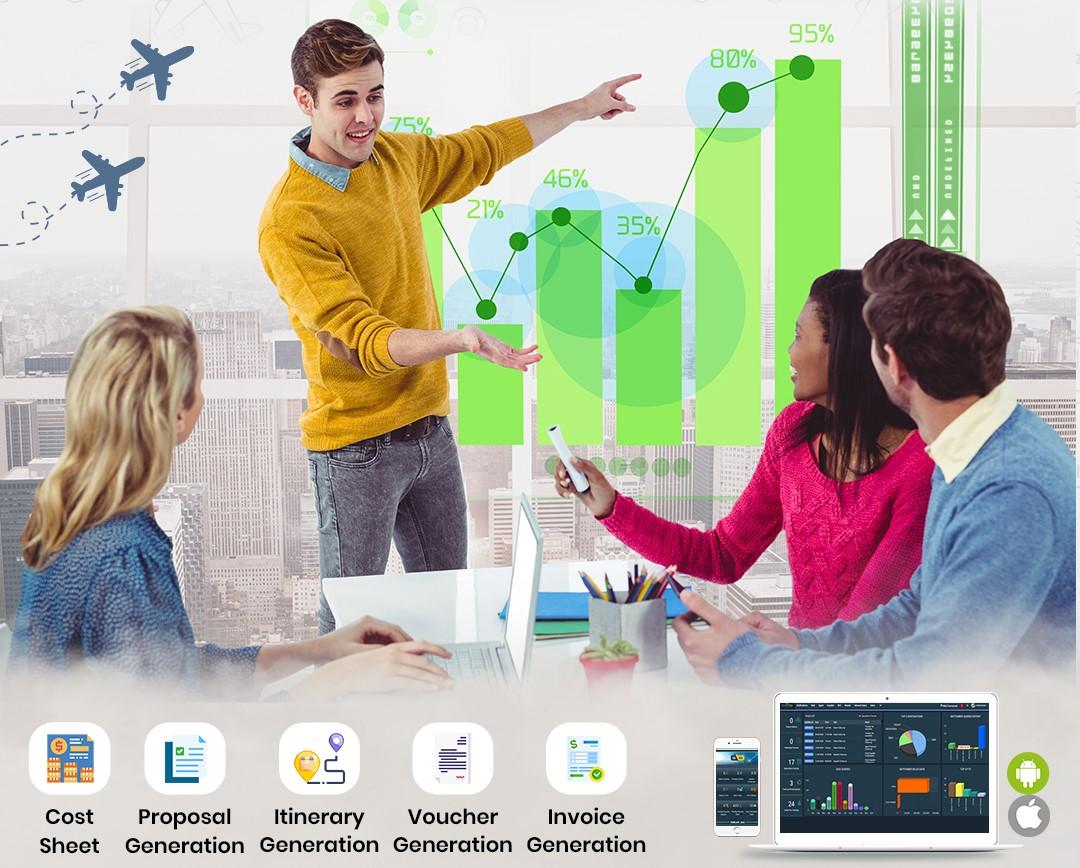
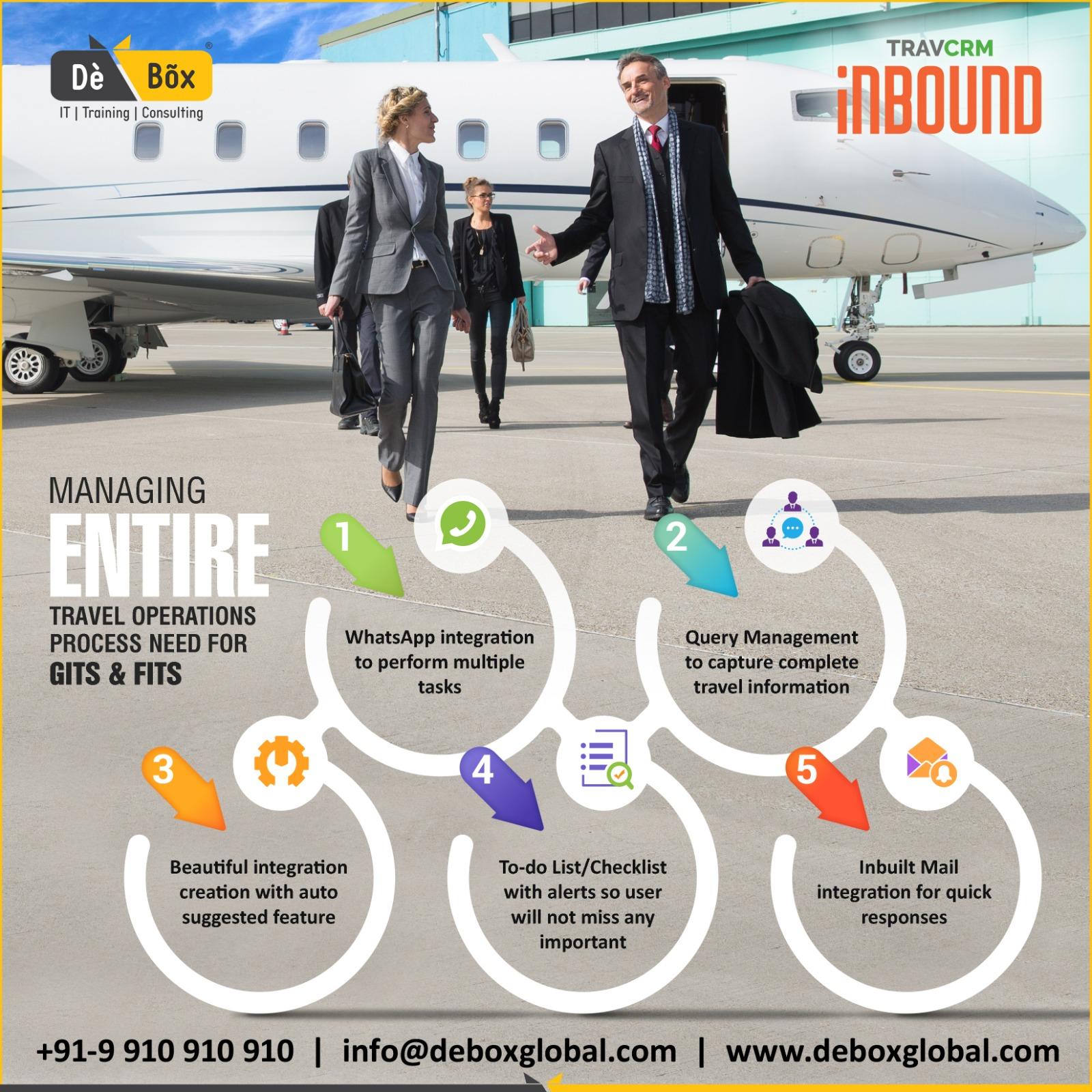
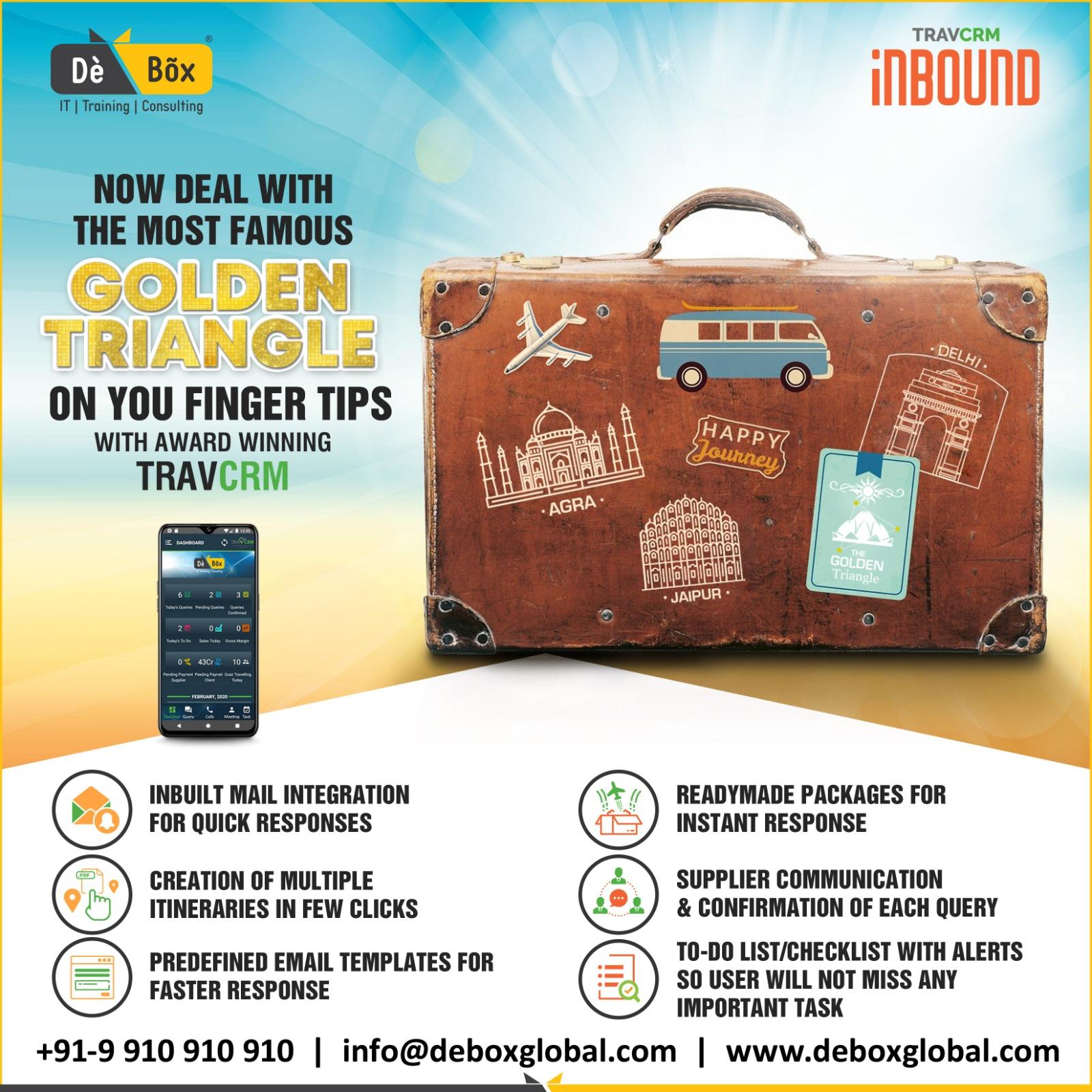
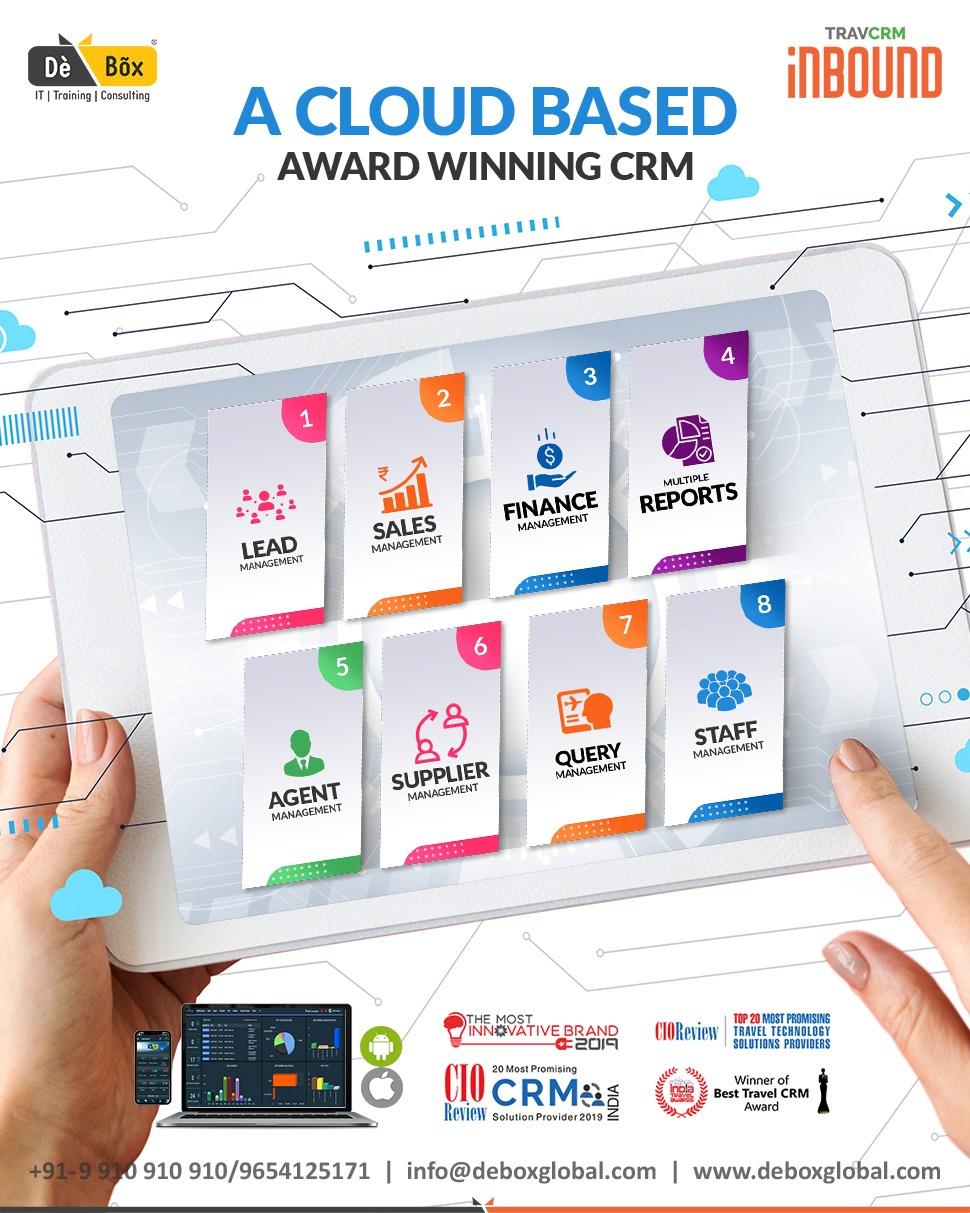
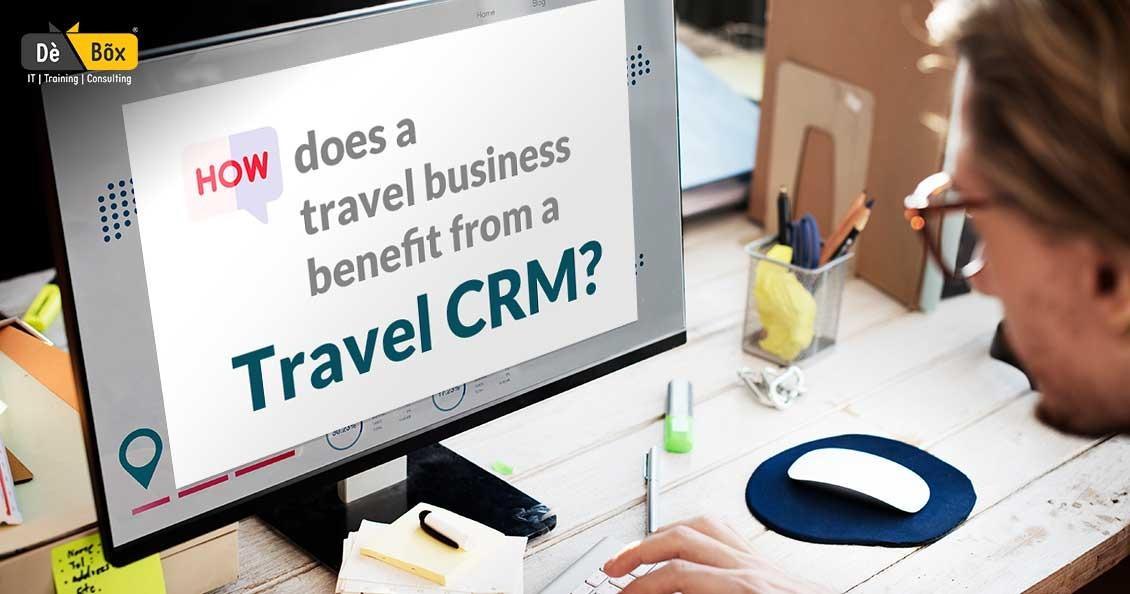
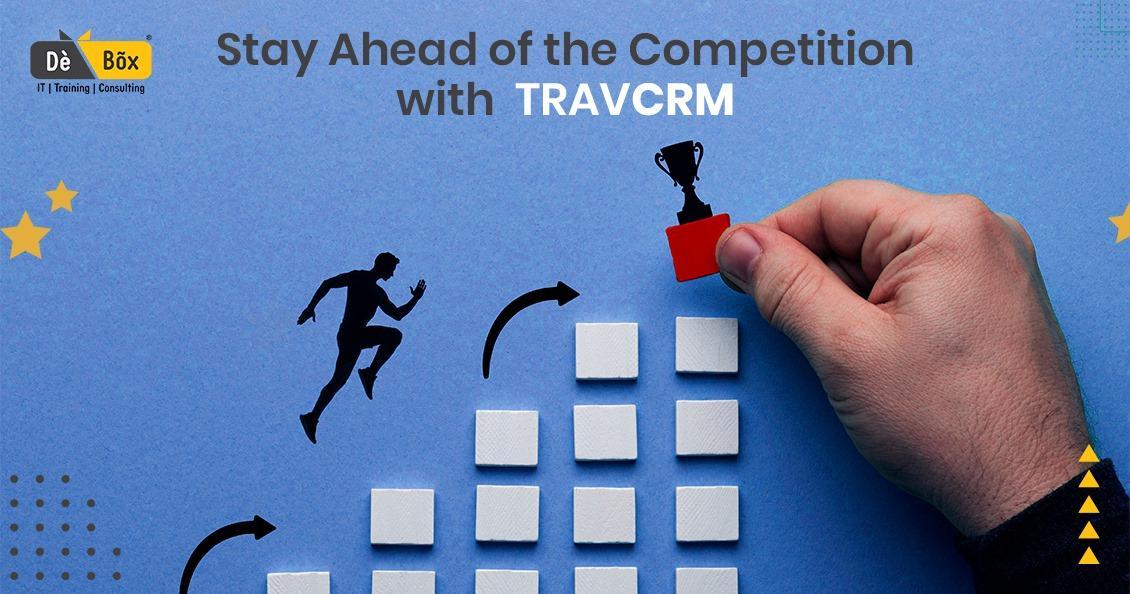
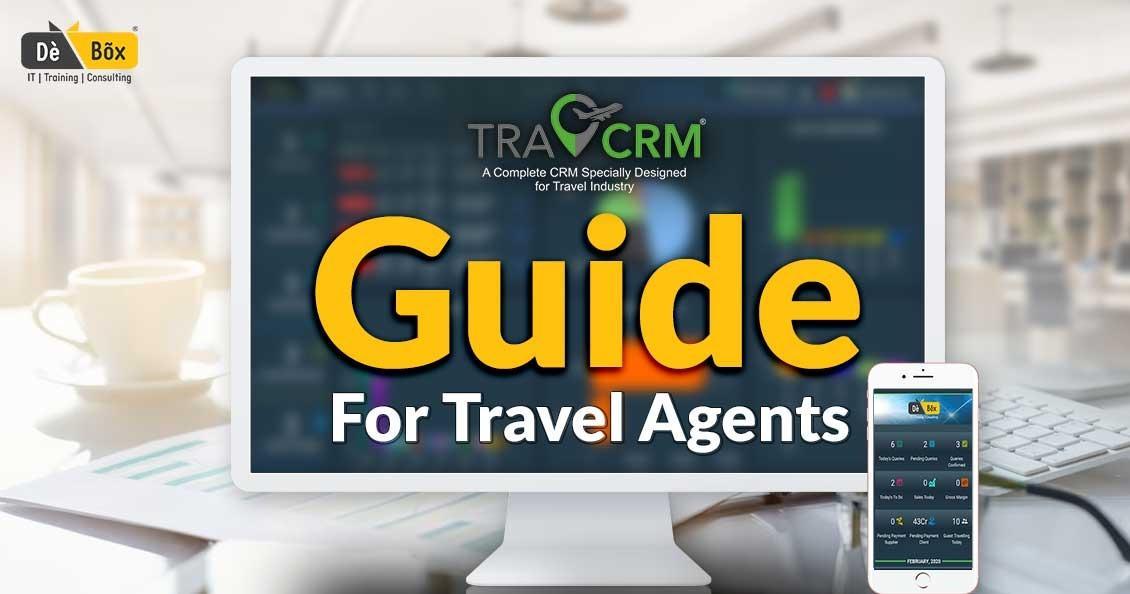

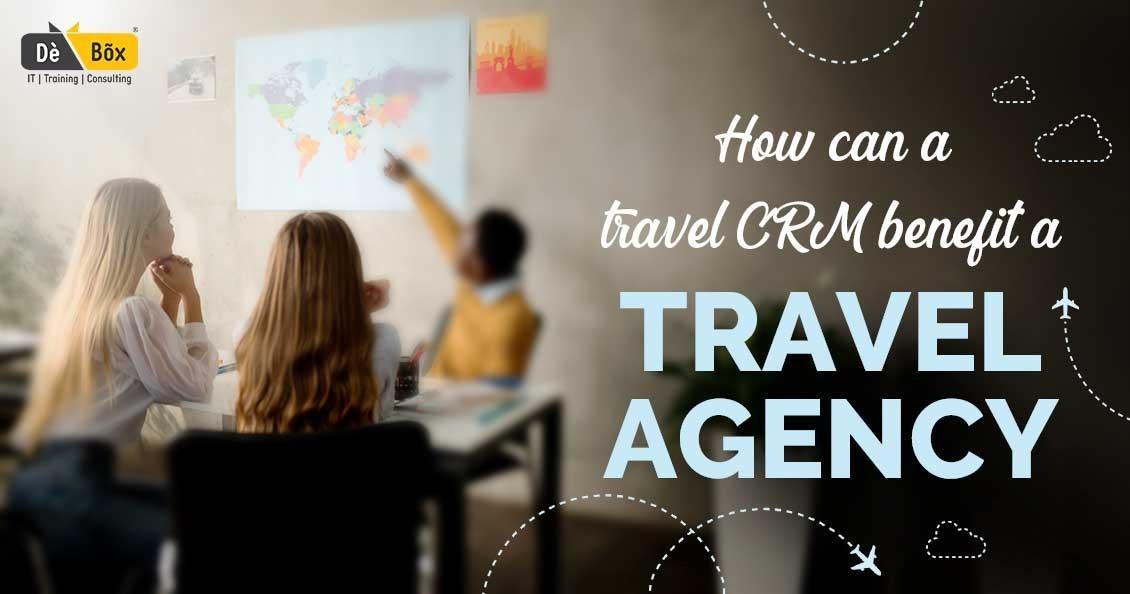
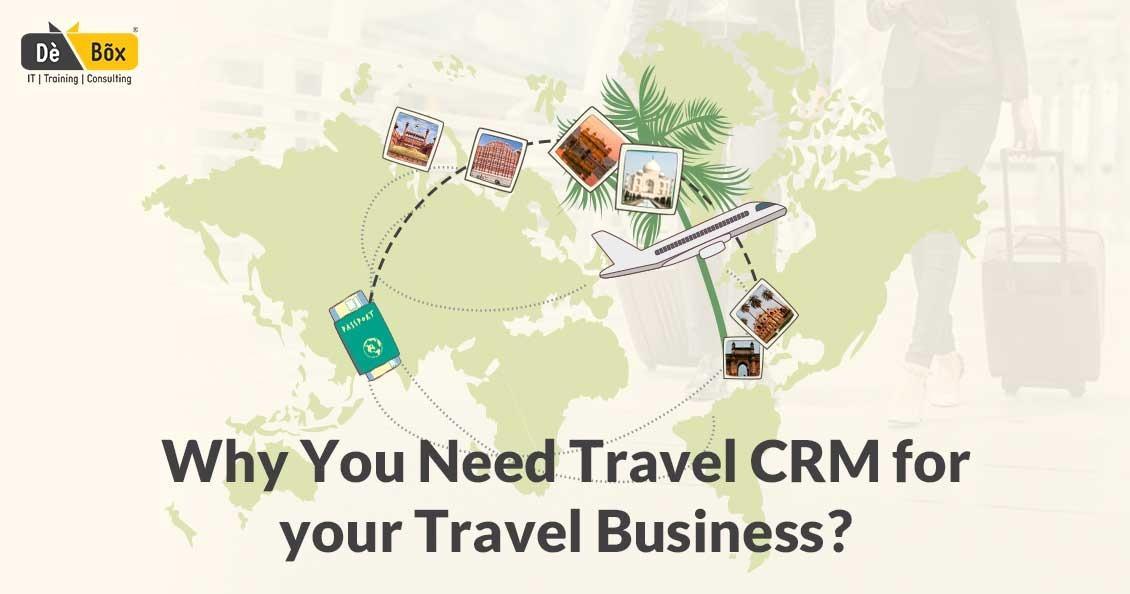
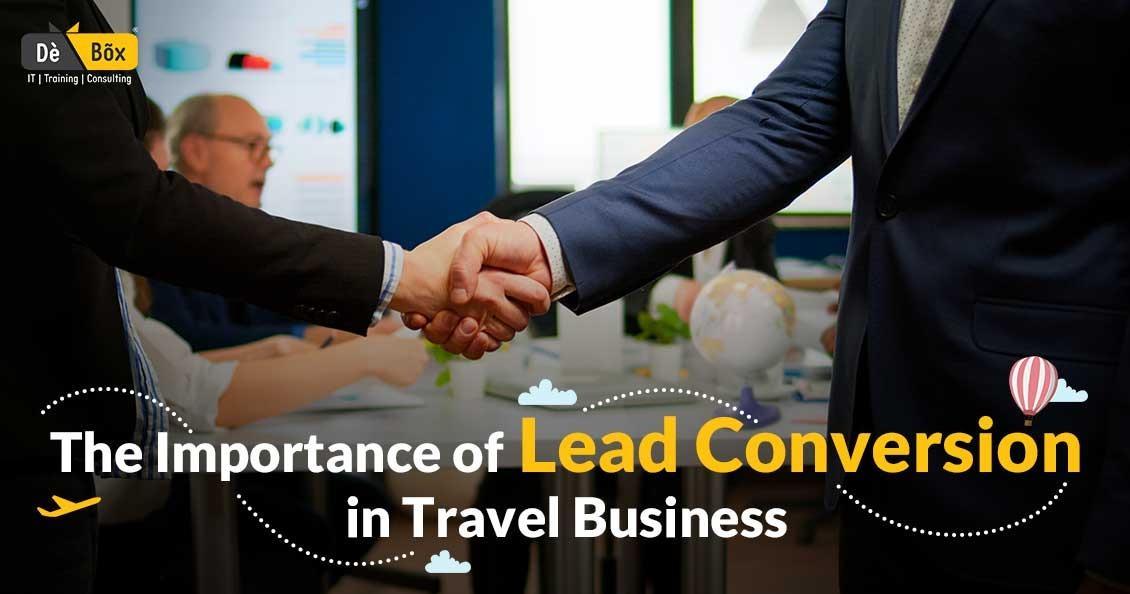
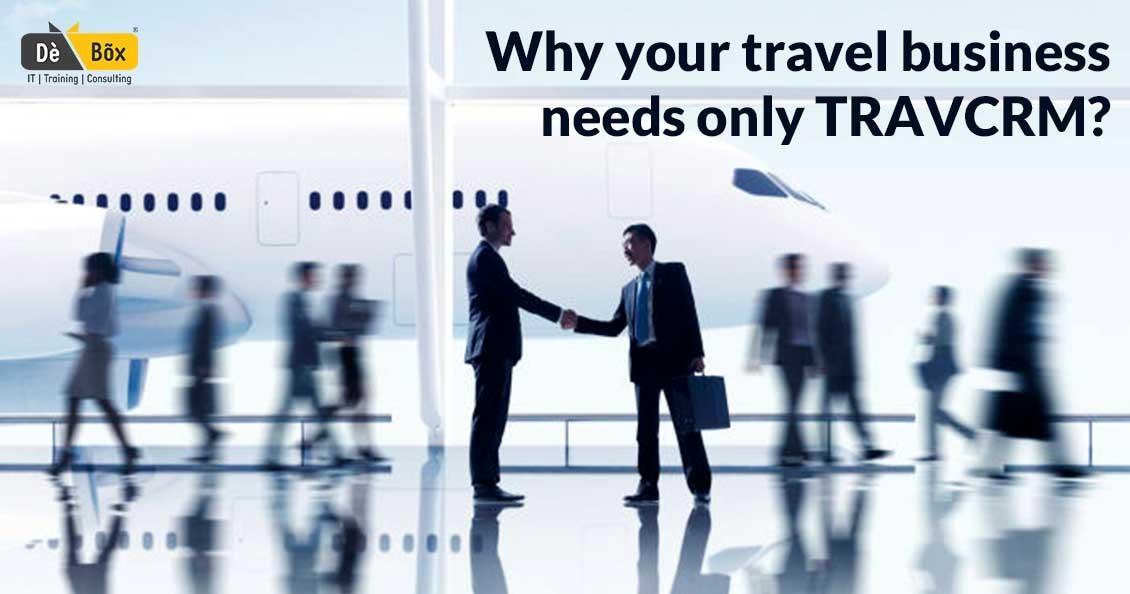
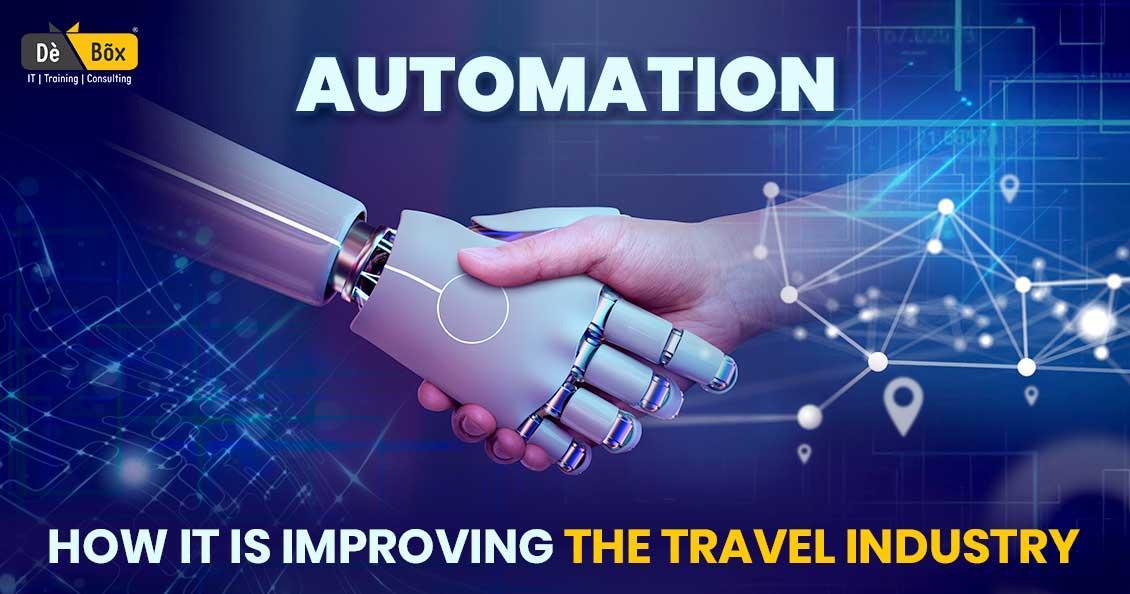
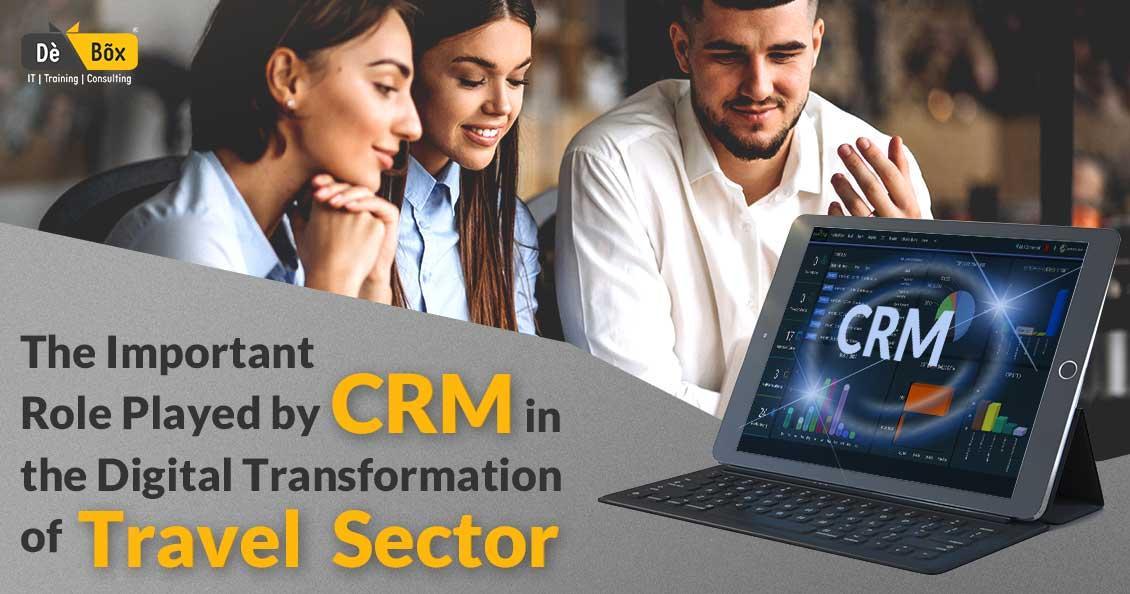
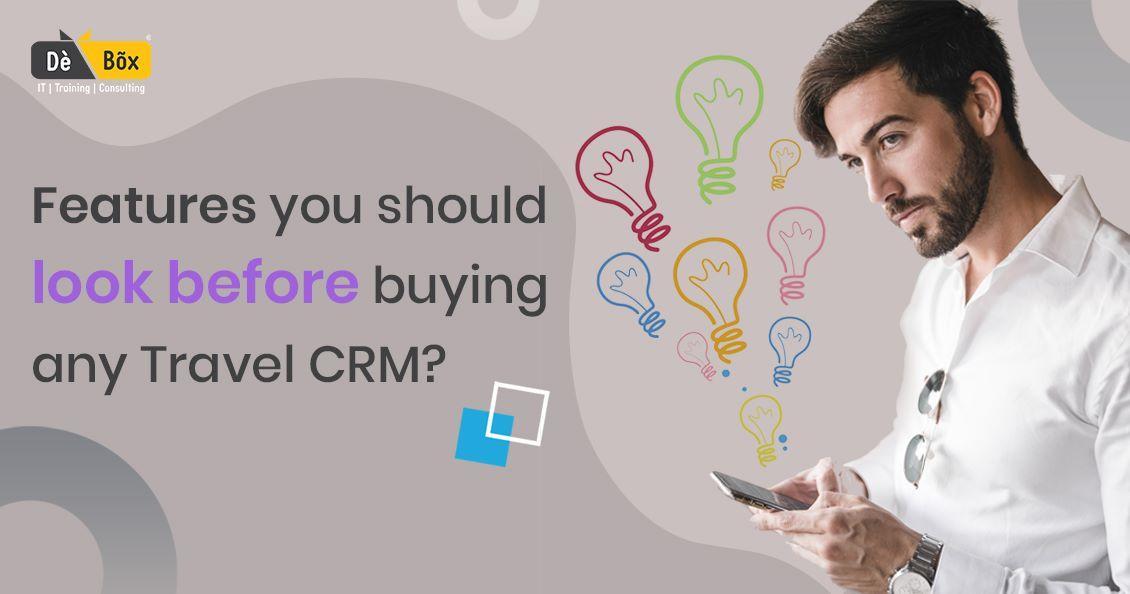
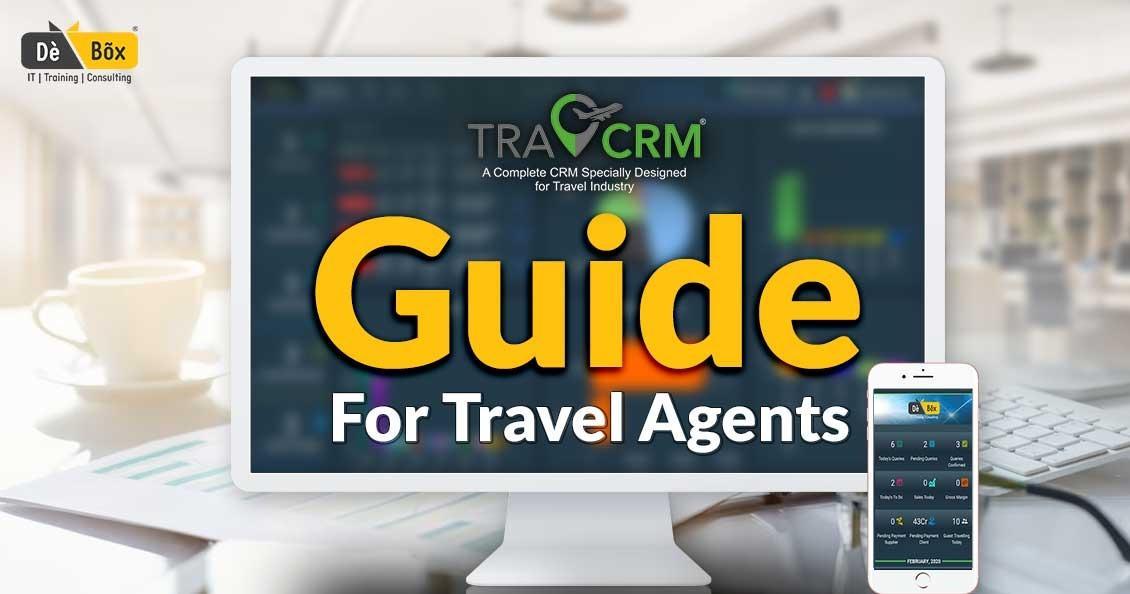
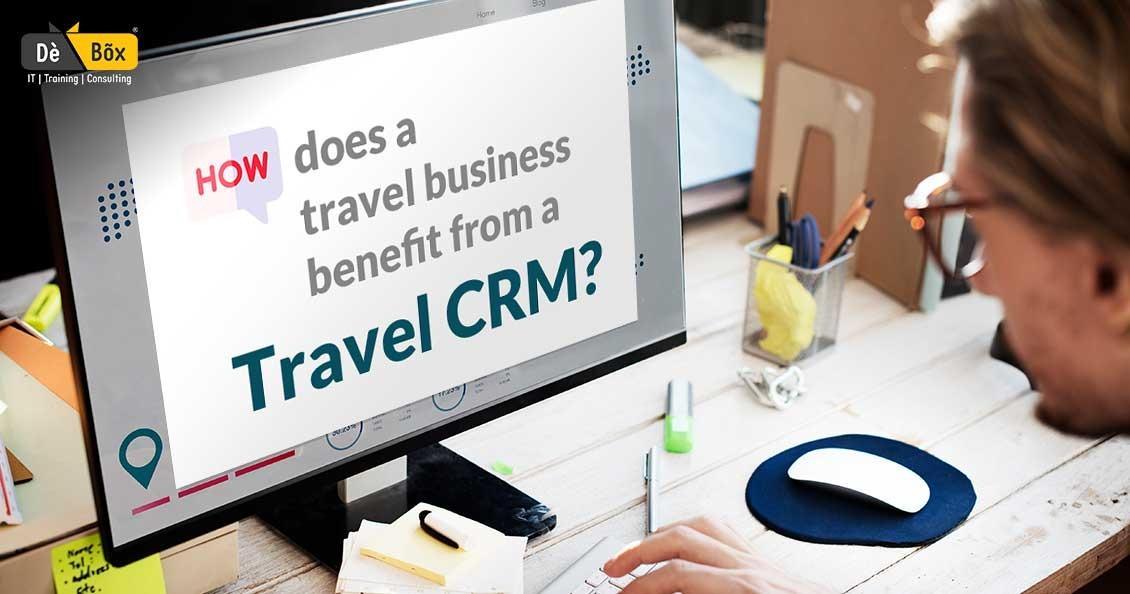
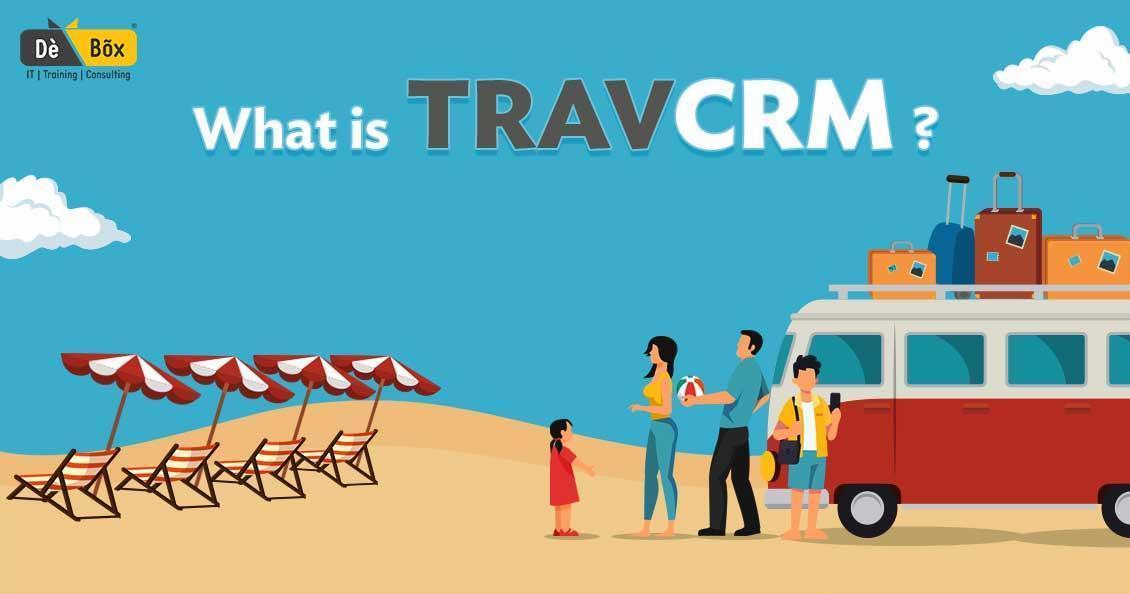
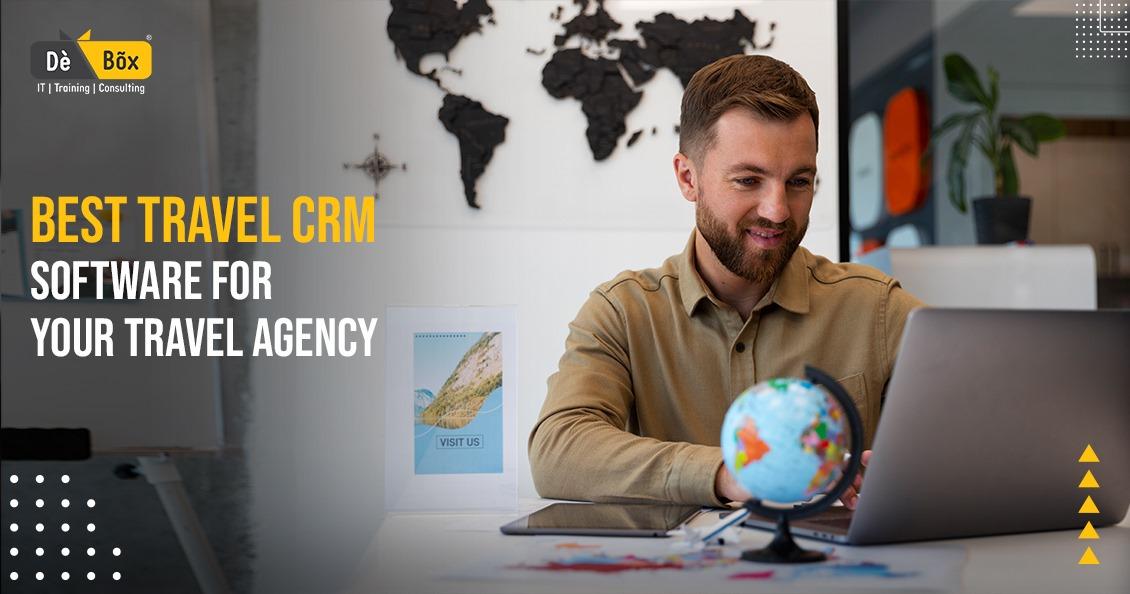
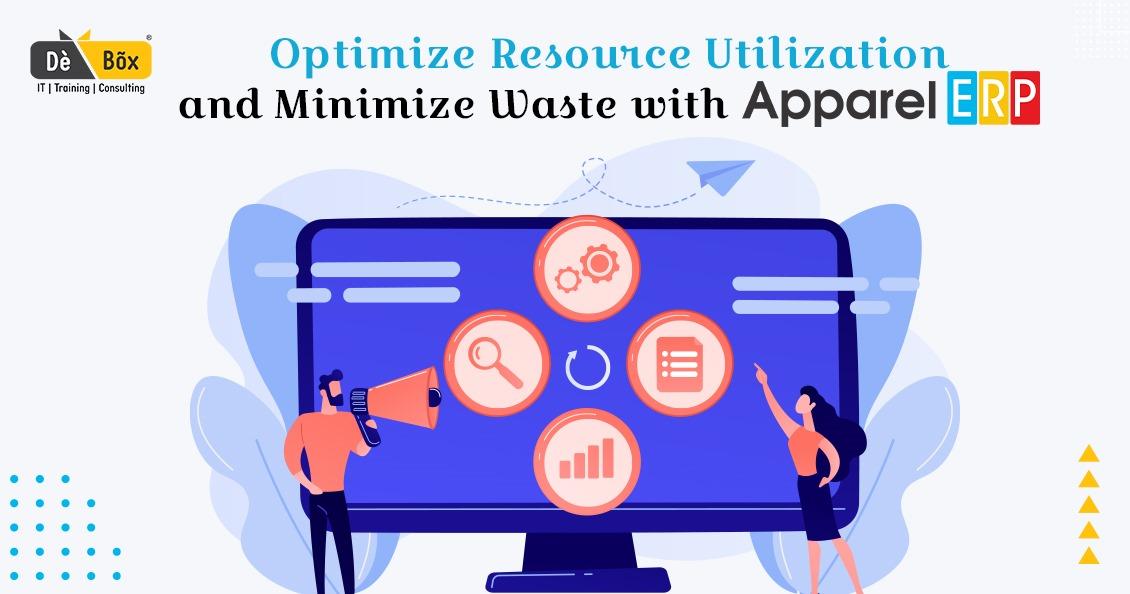
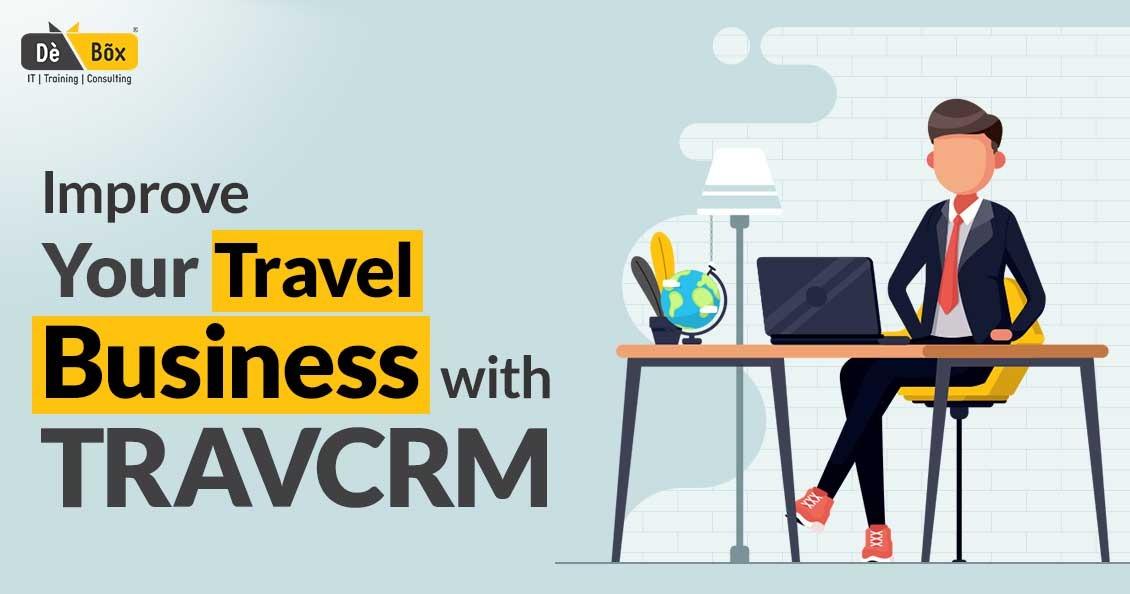
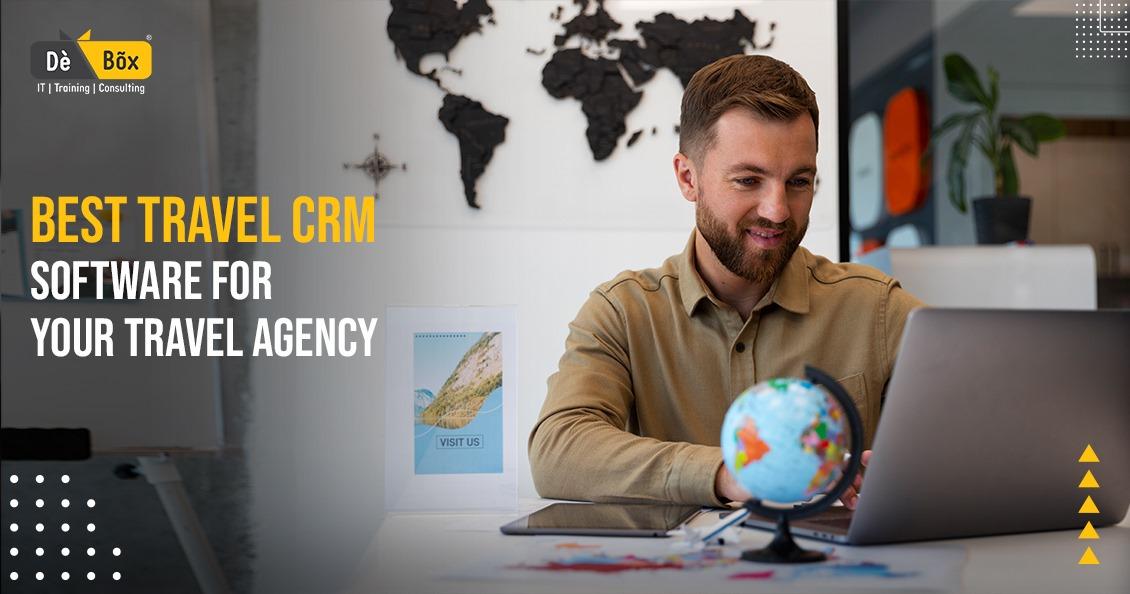
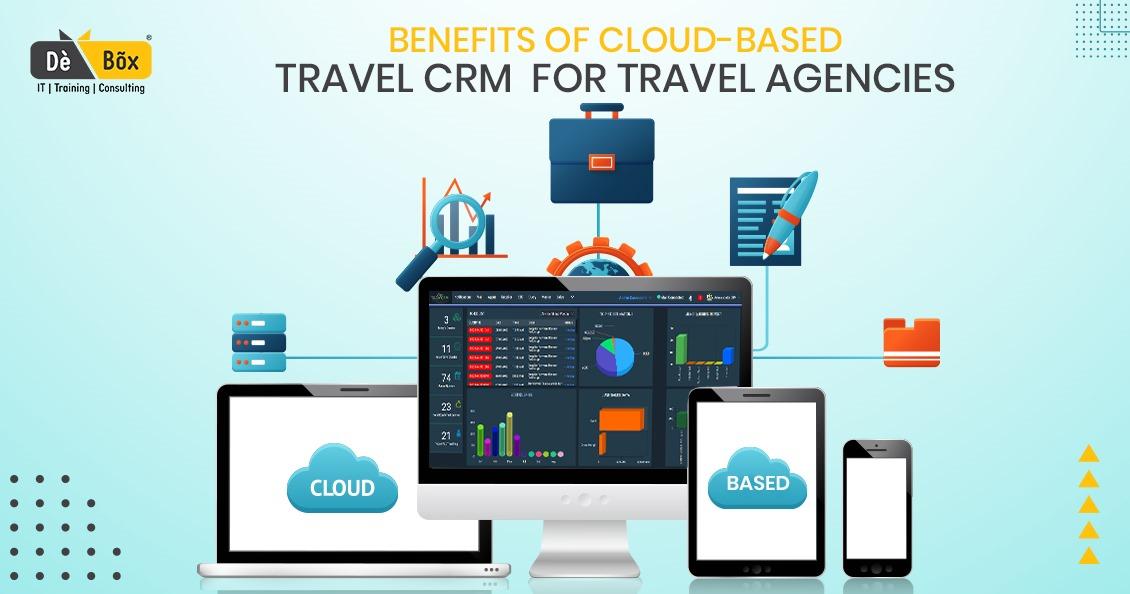
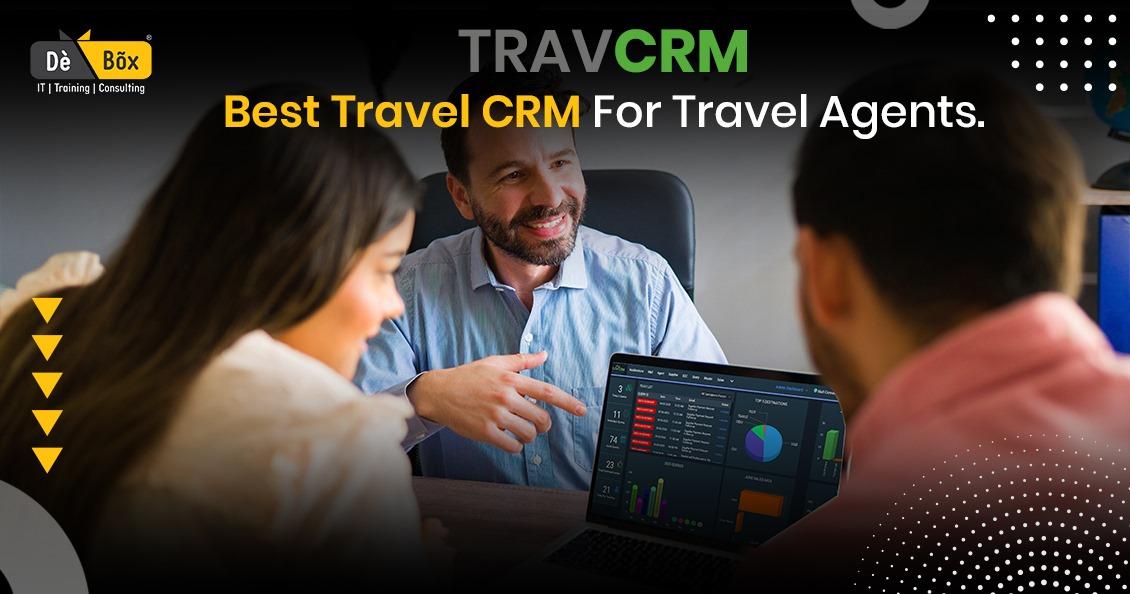

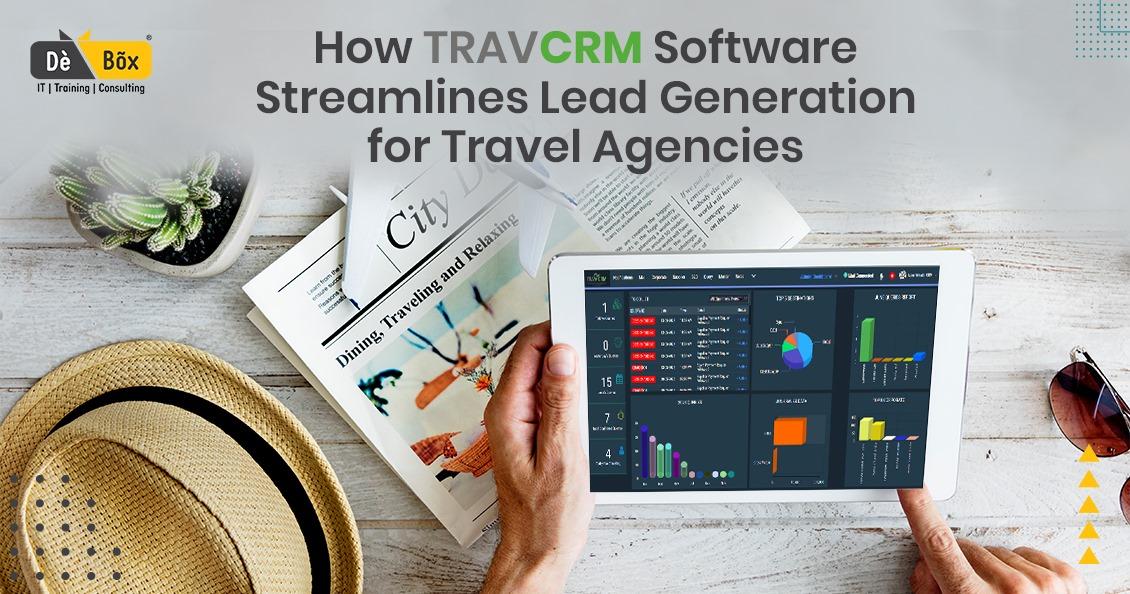
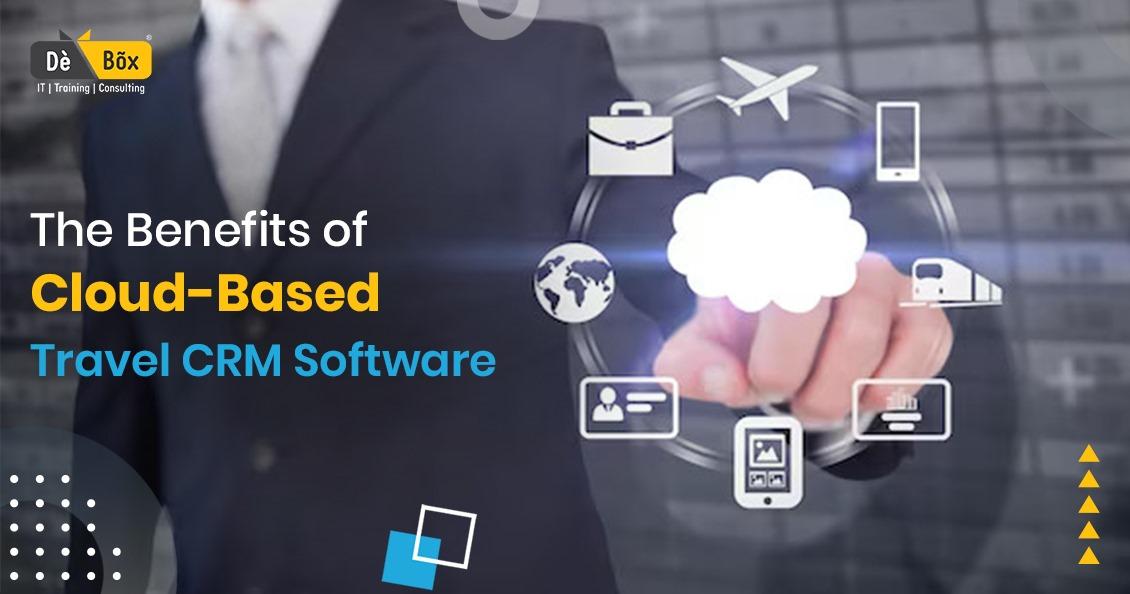
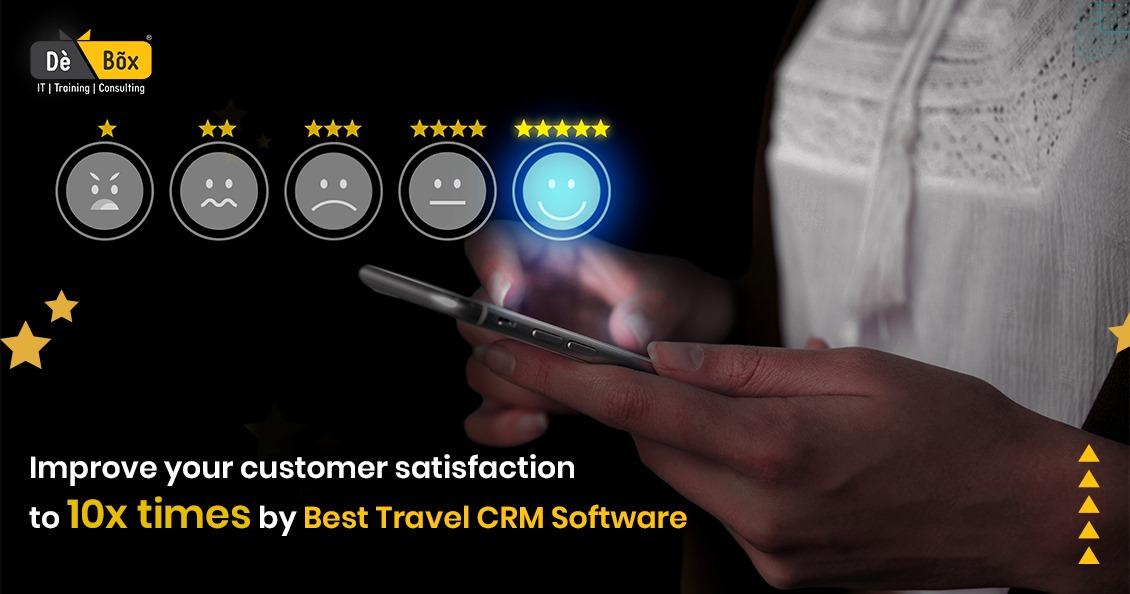
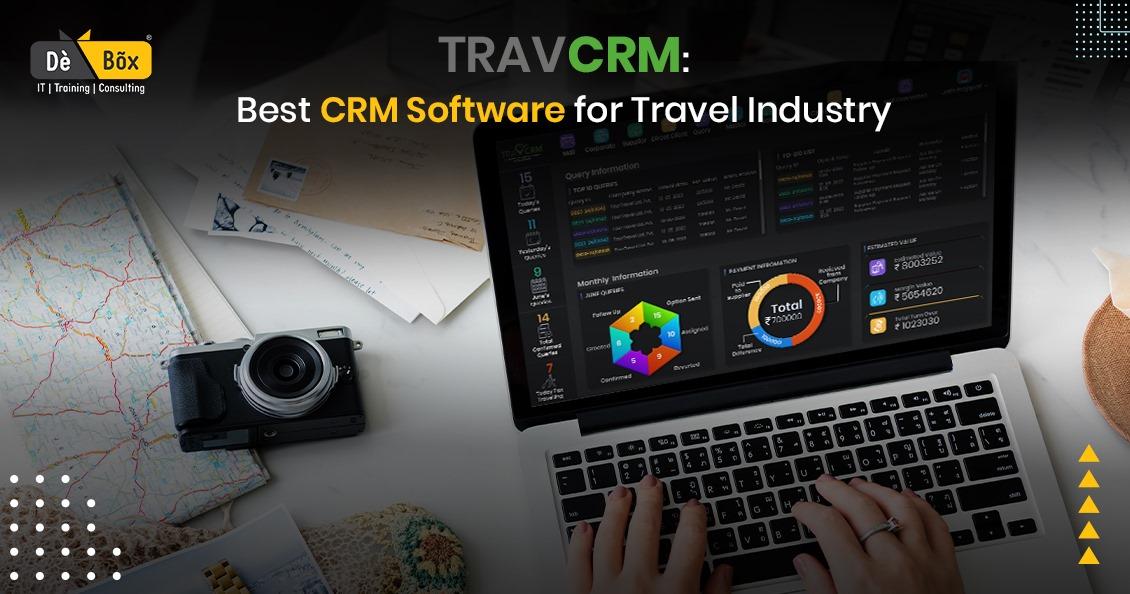
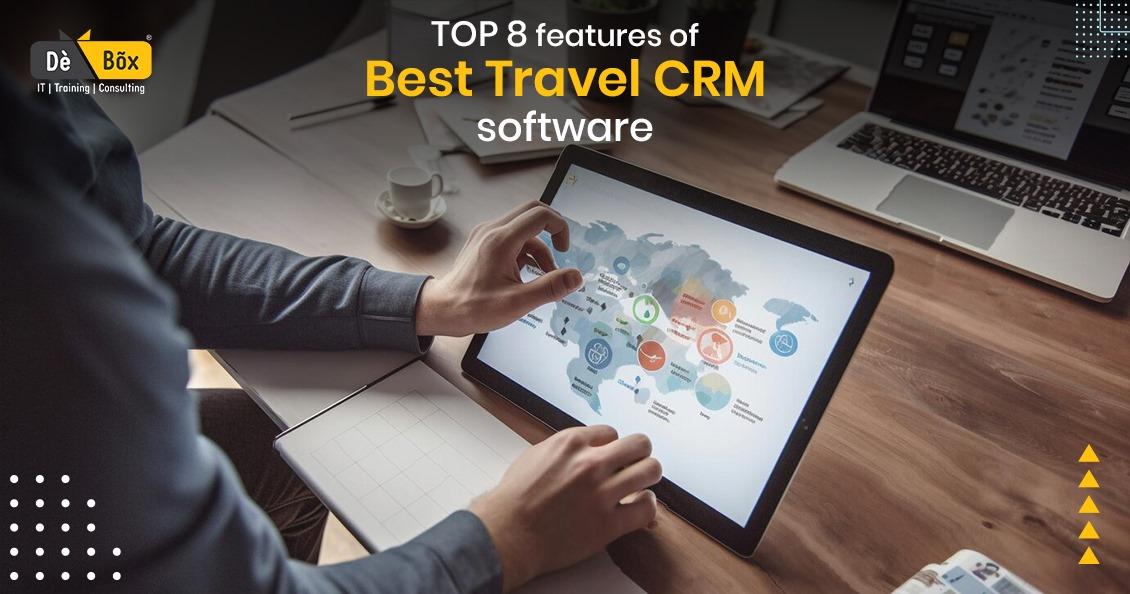
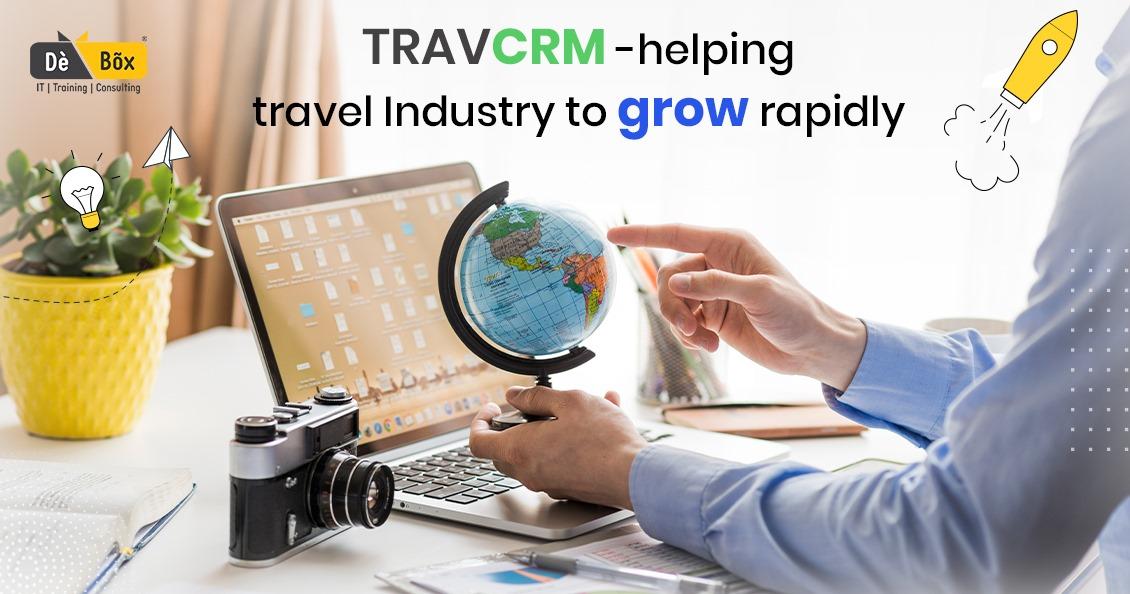
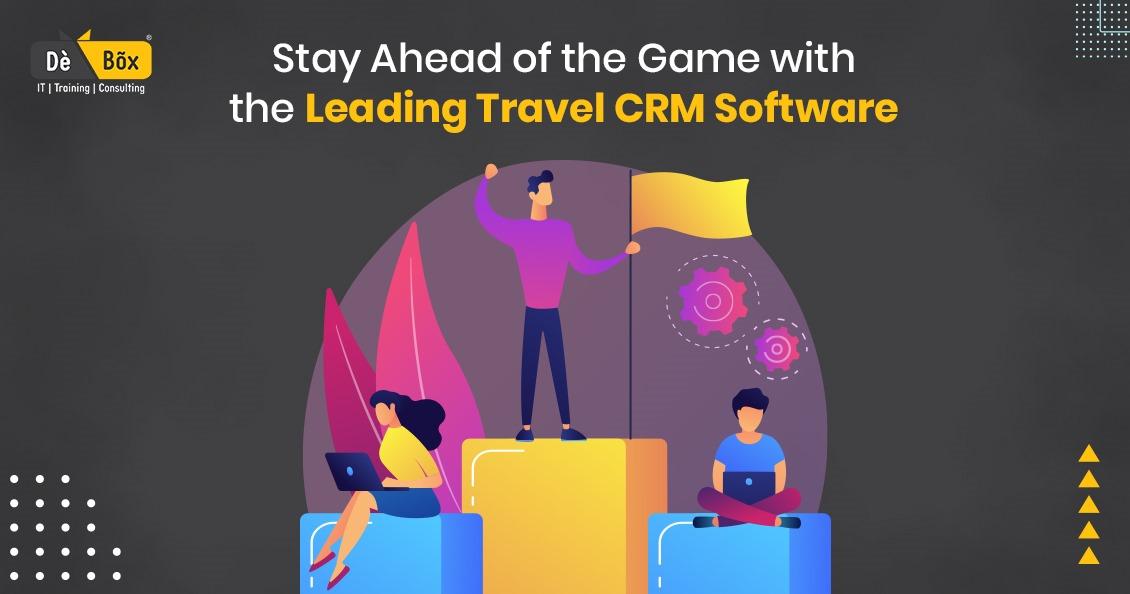
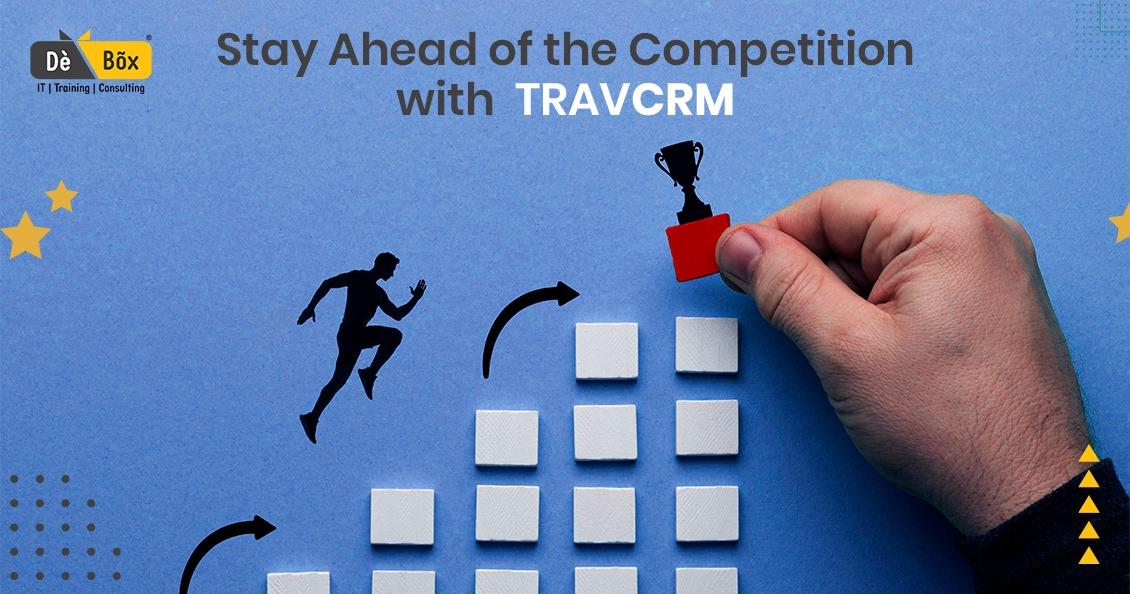
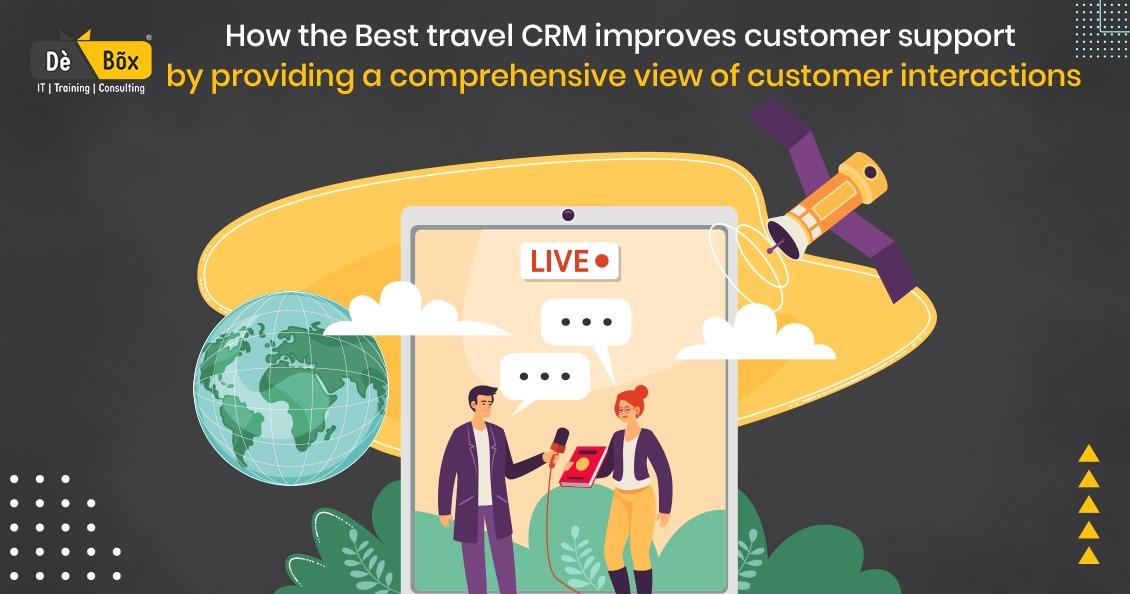
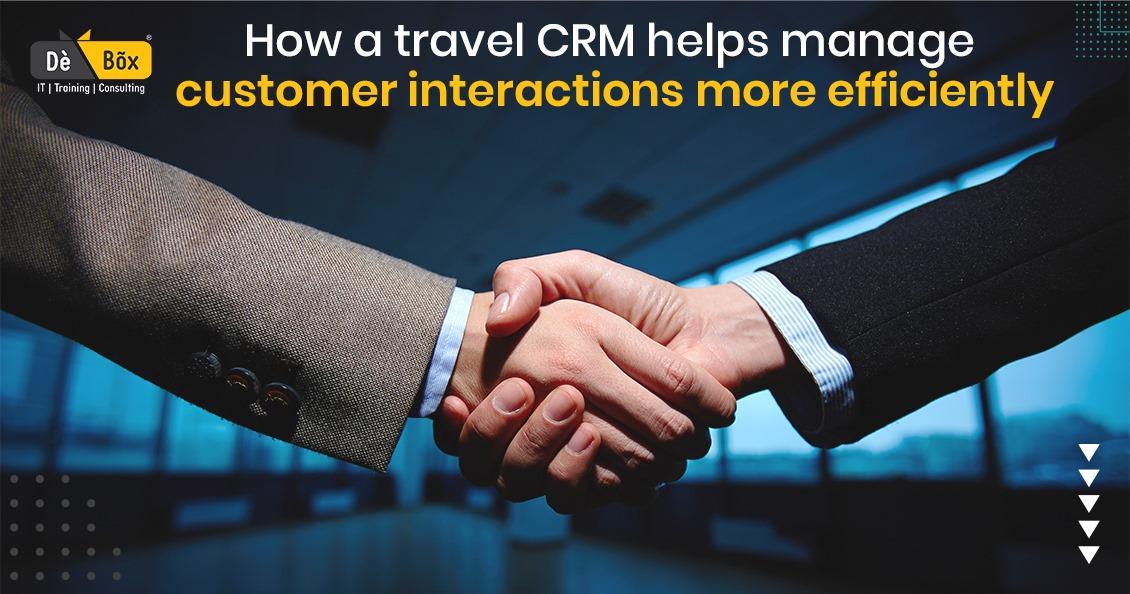

1691385195.jpeg)
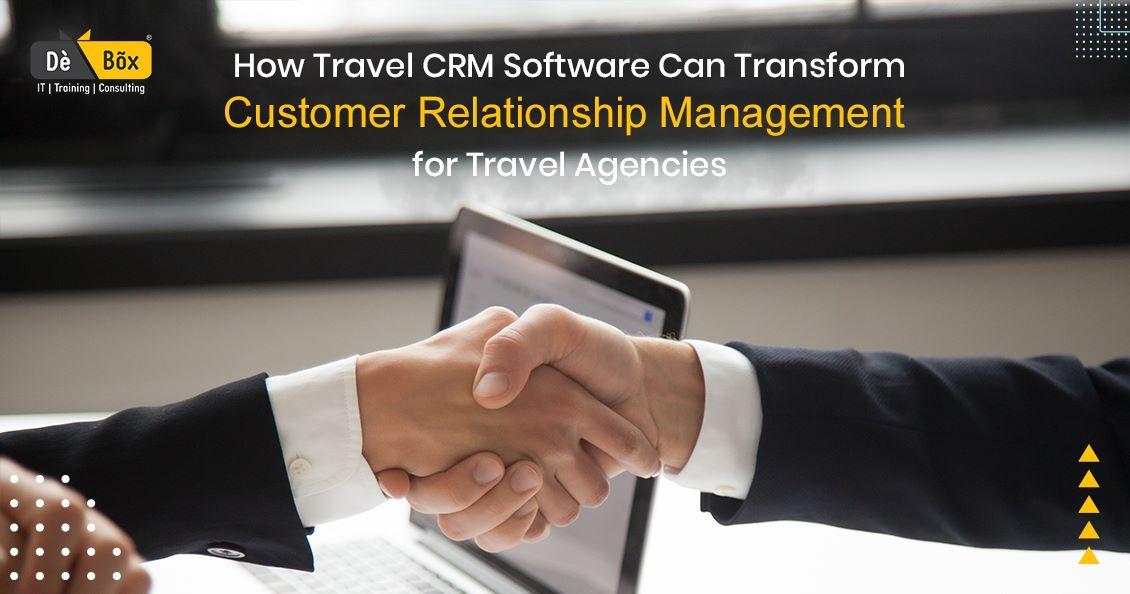
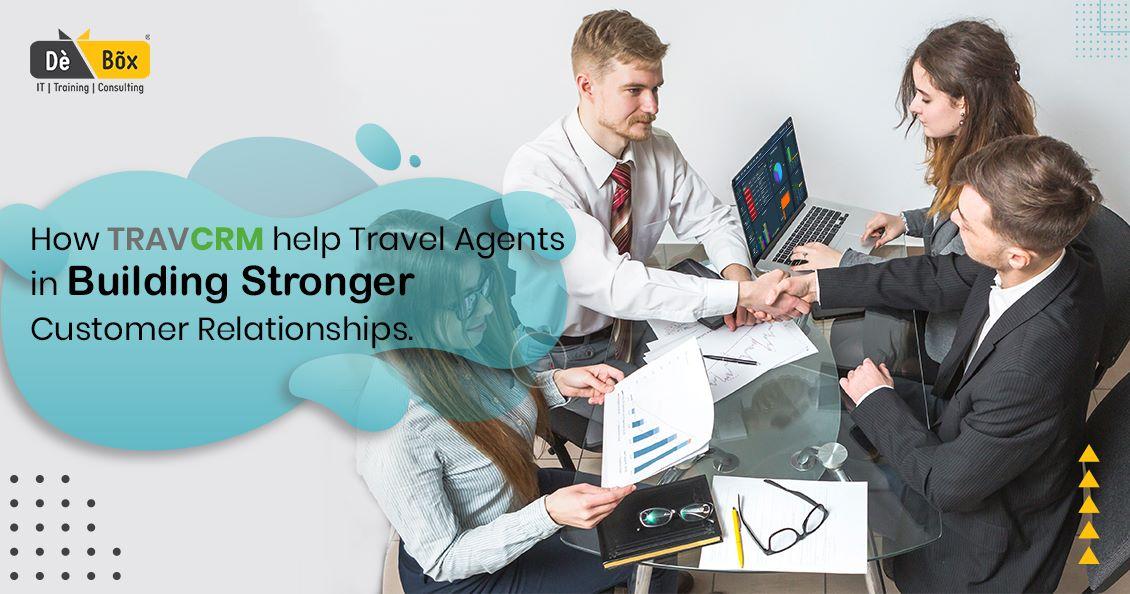
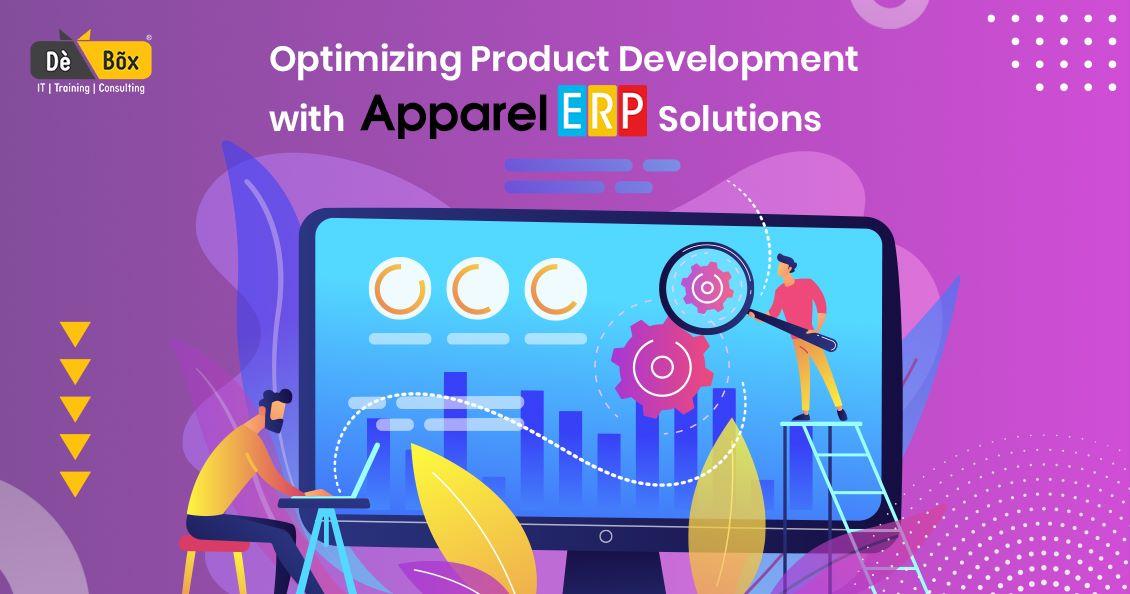
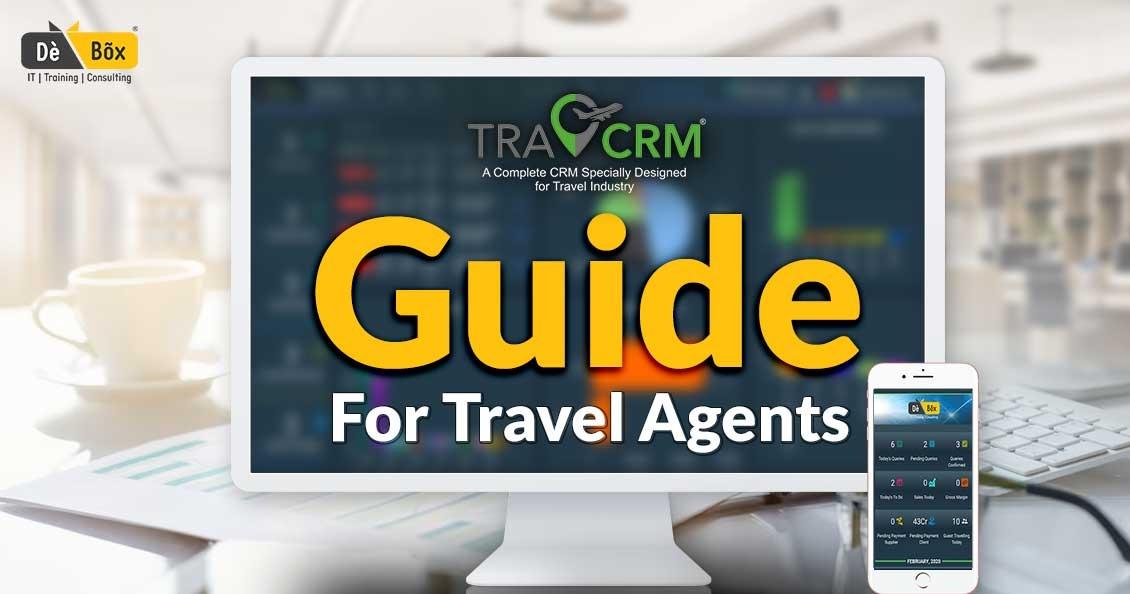

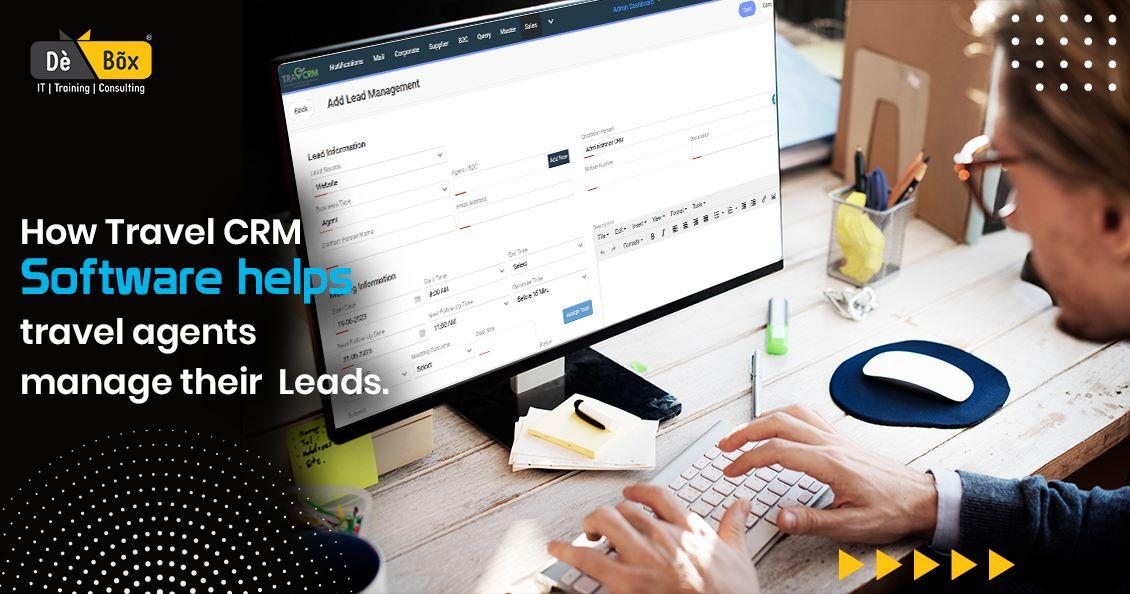
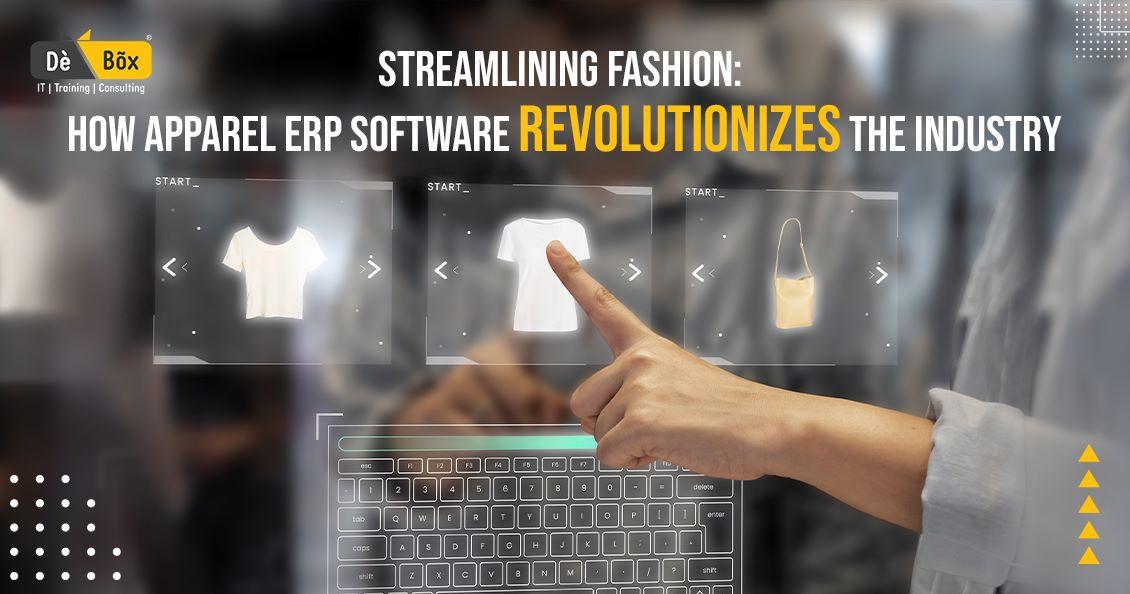
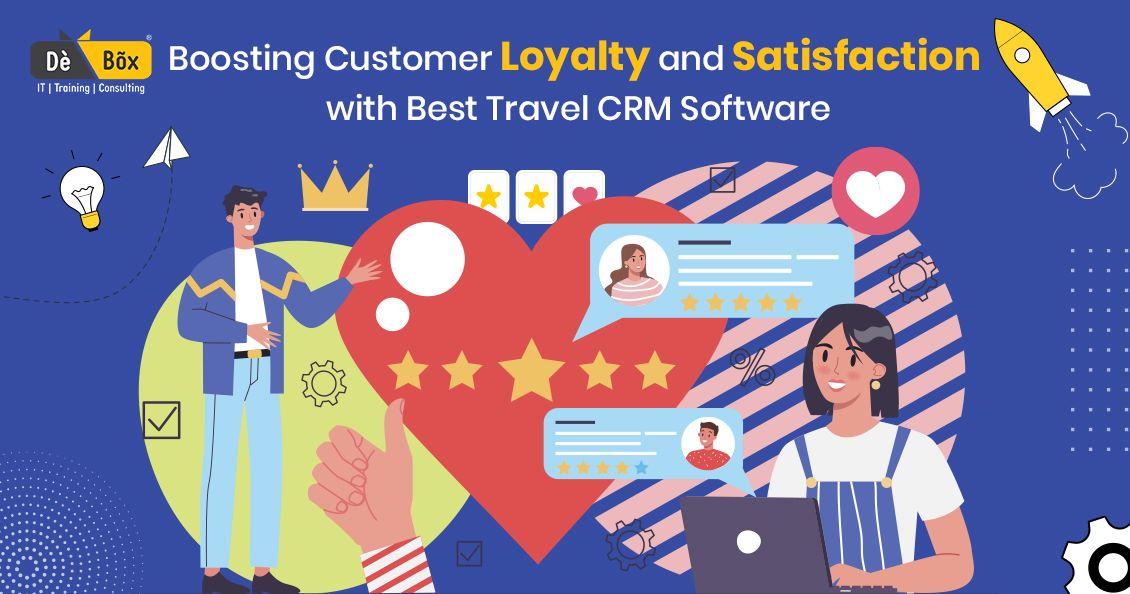
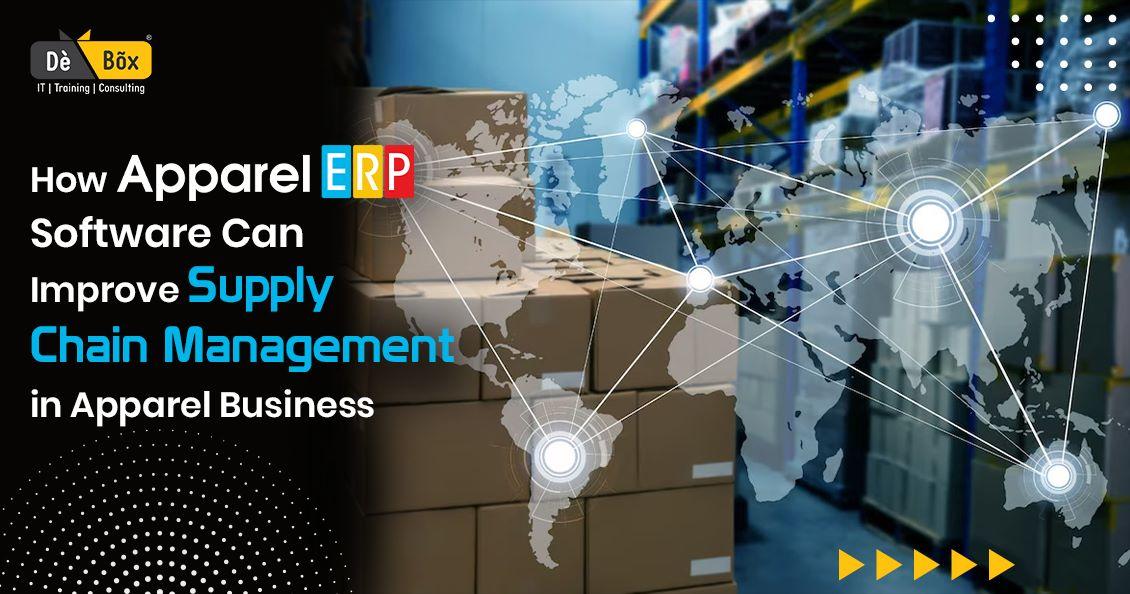
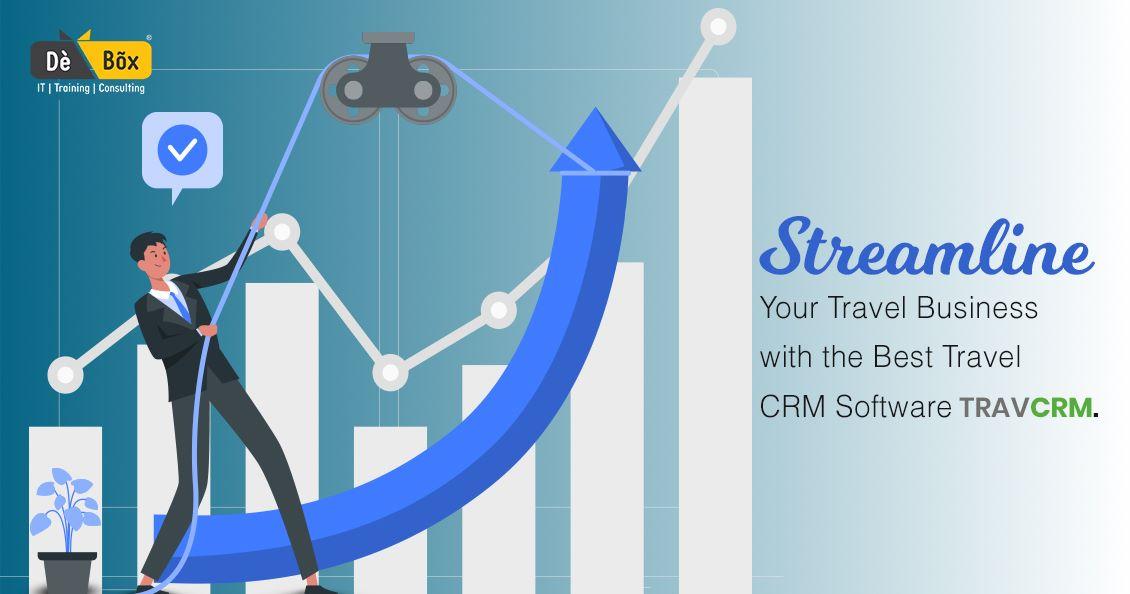
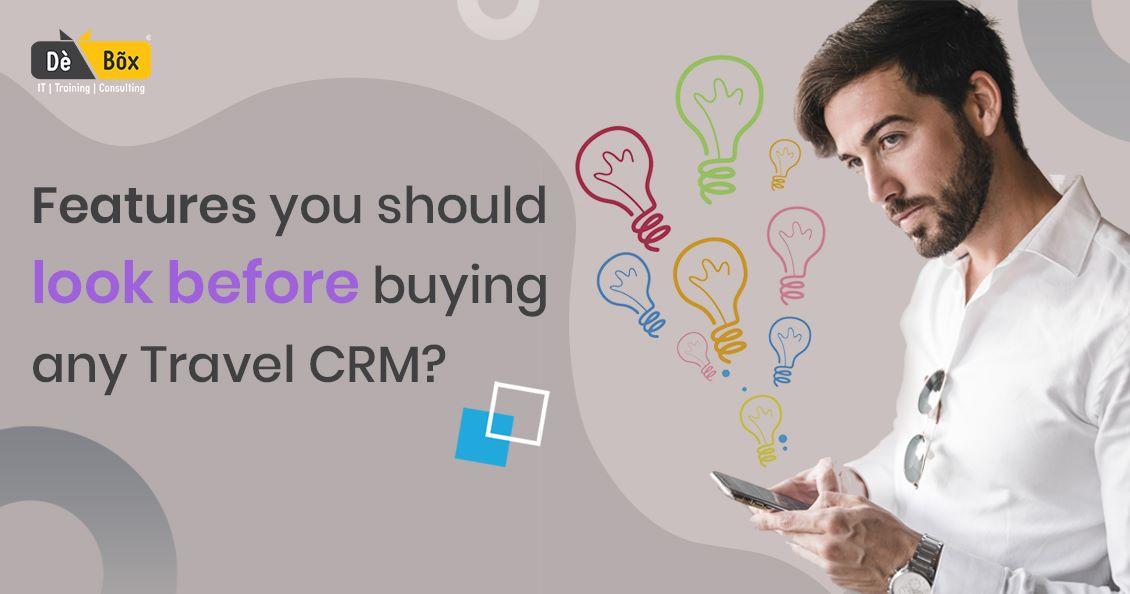

1683892664.jpg)
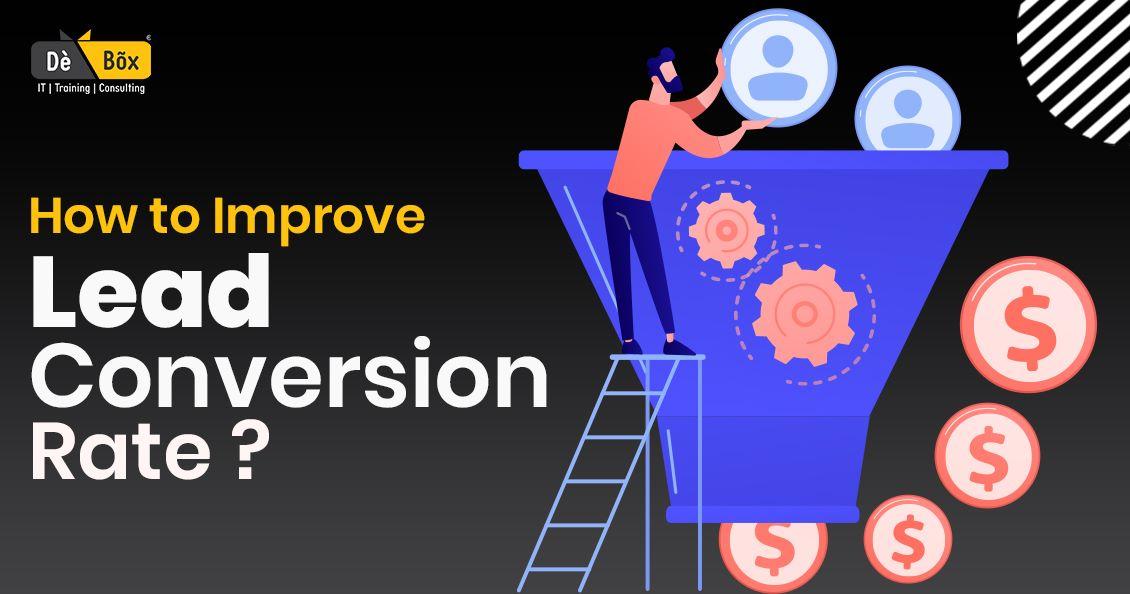
1677833077.jpeg)
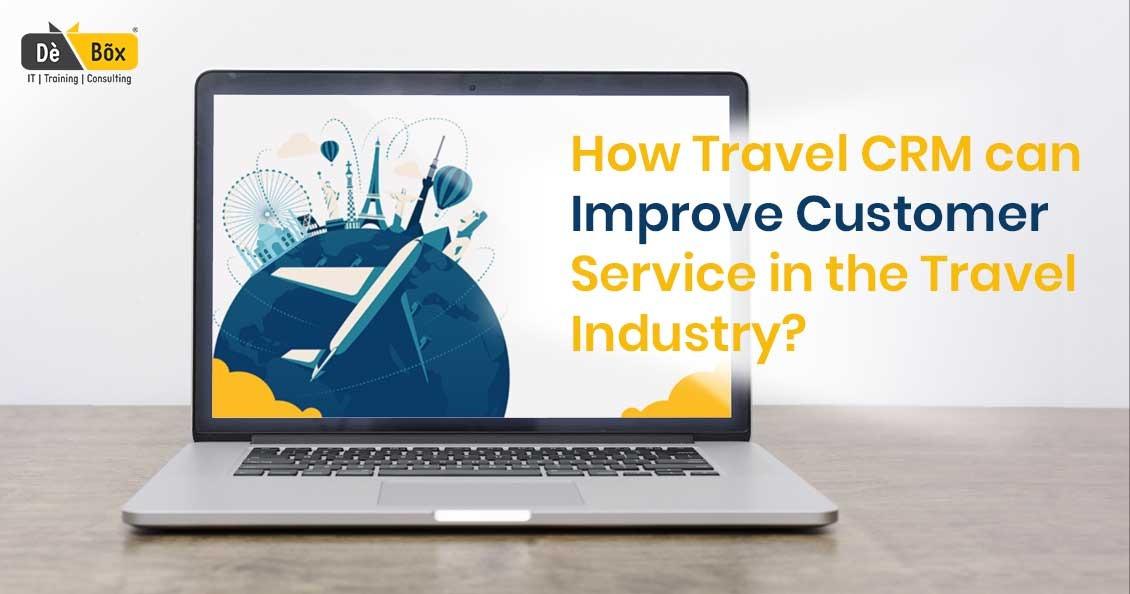

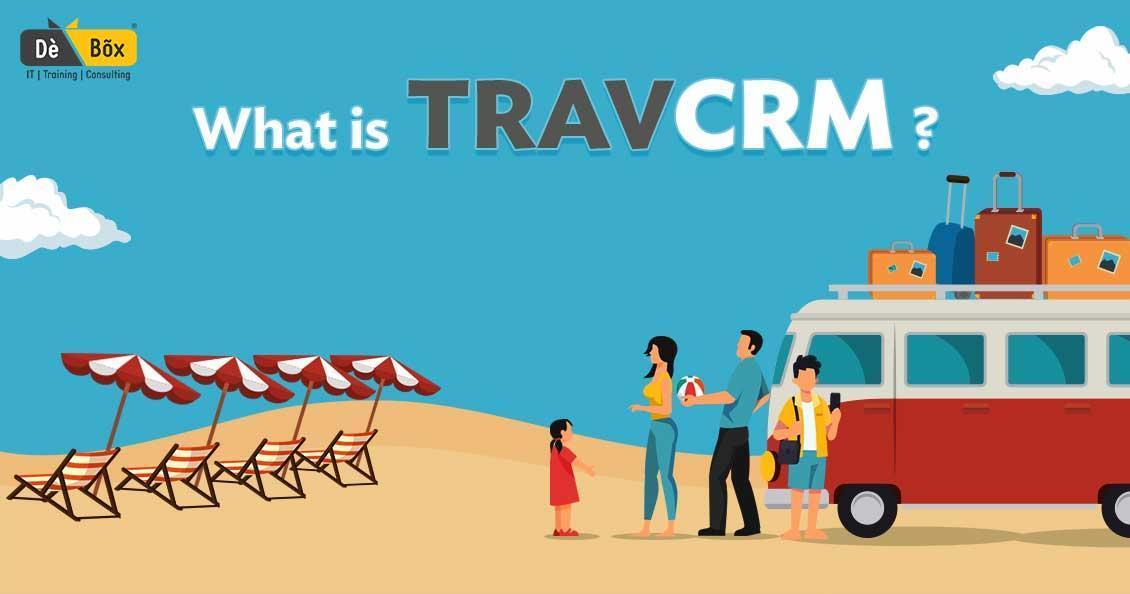

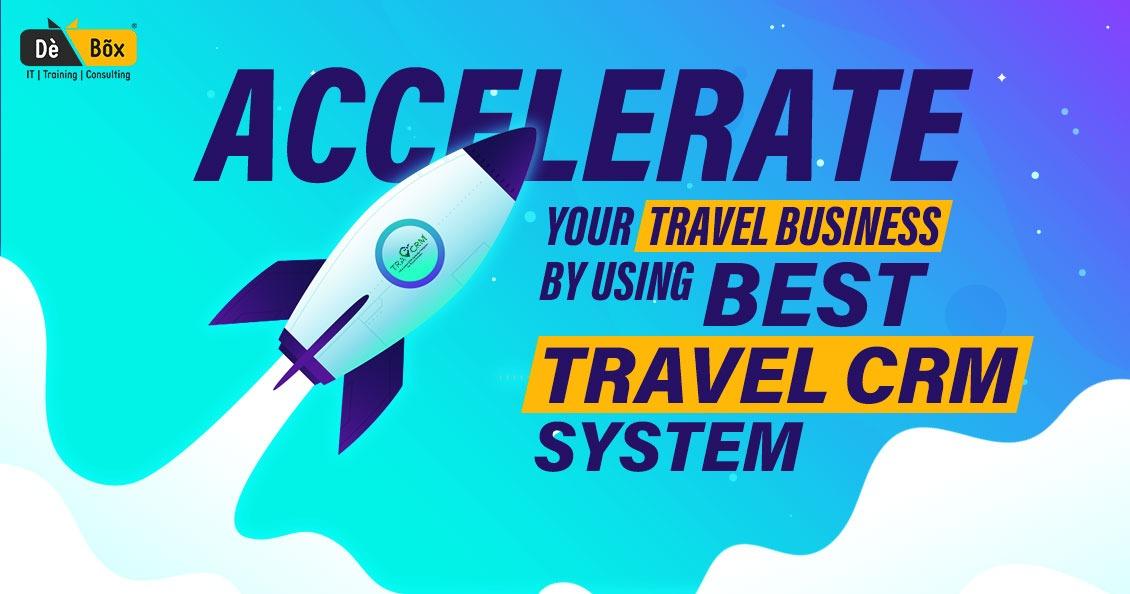
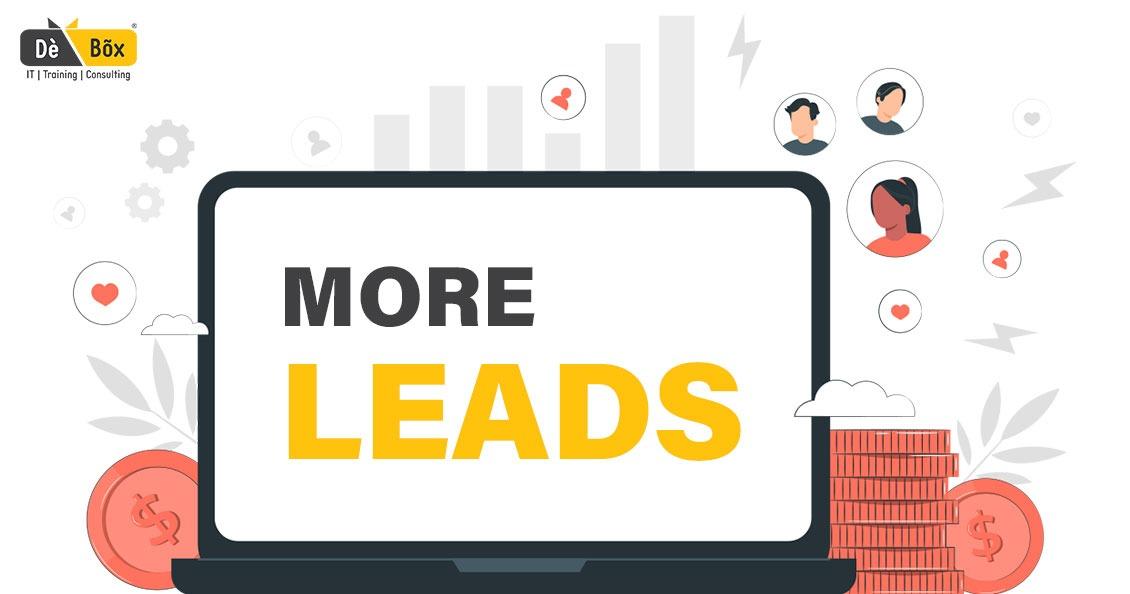

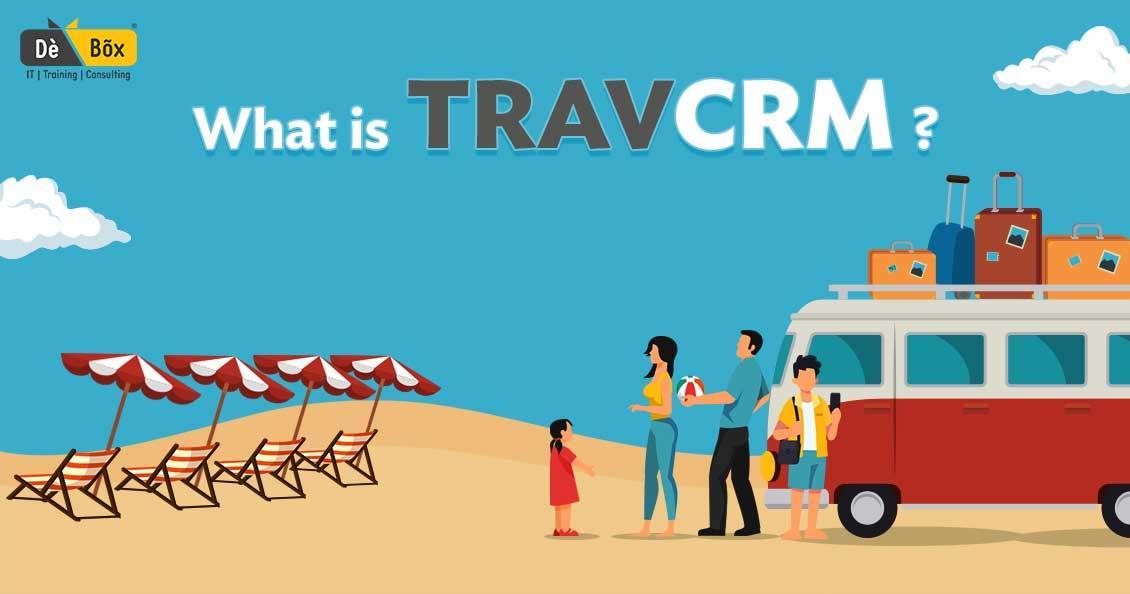
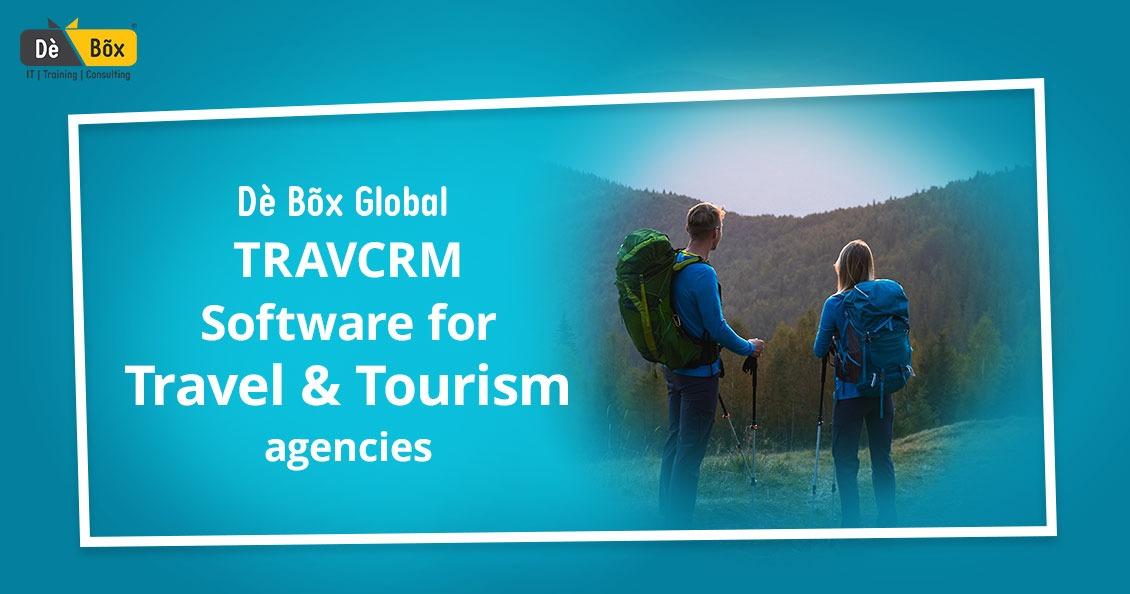
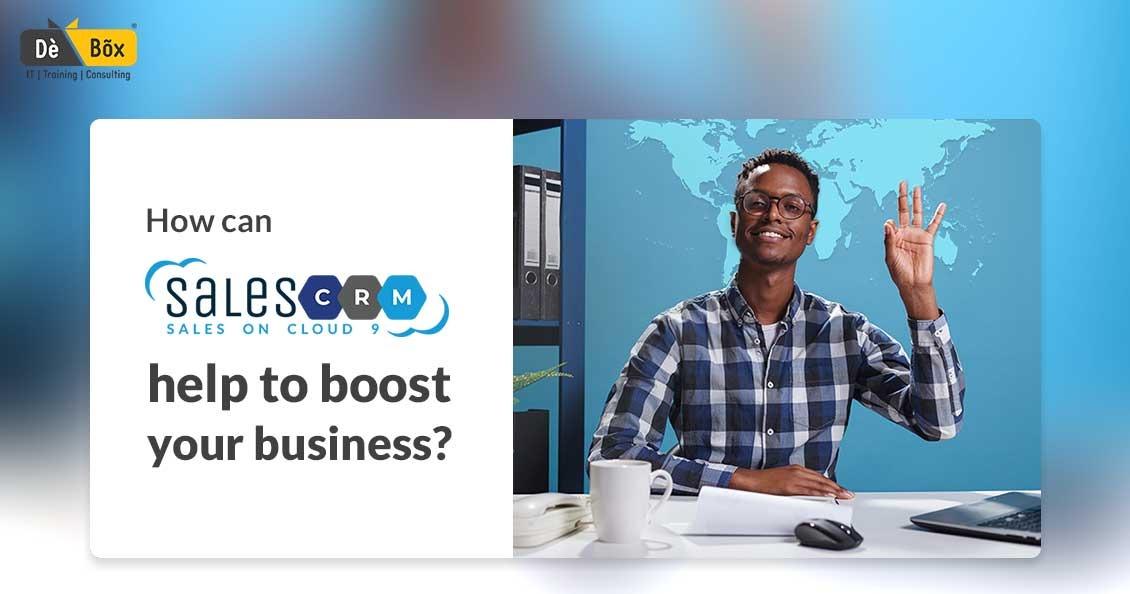
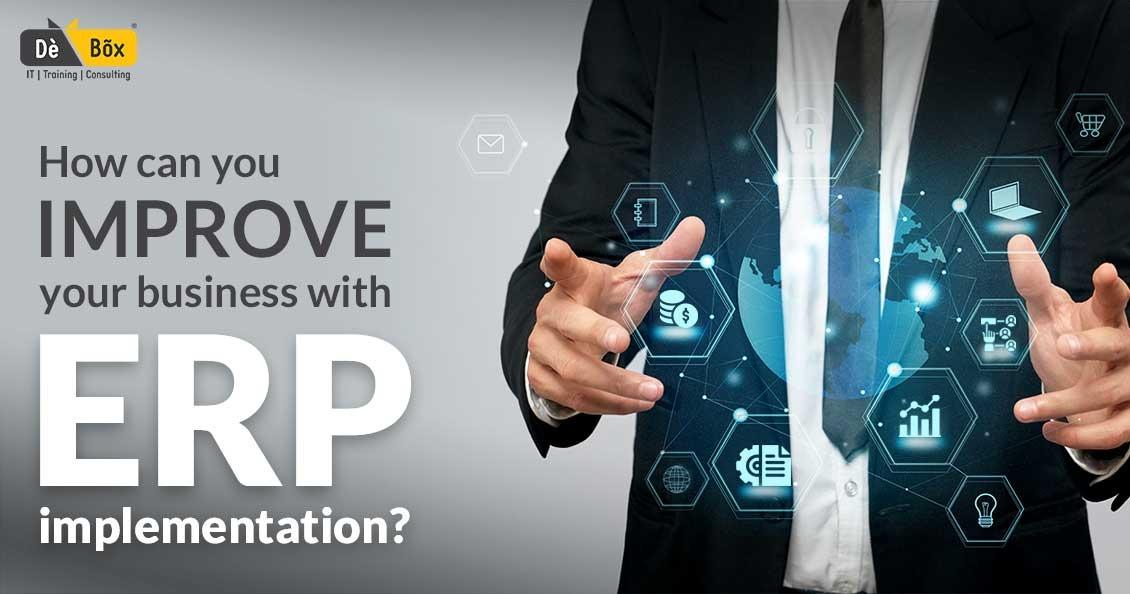
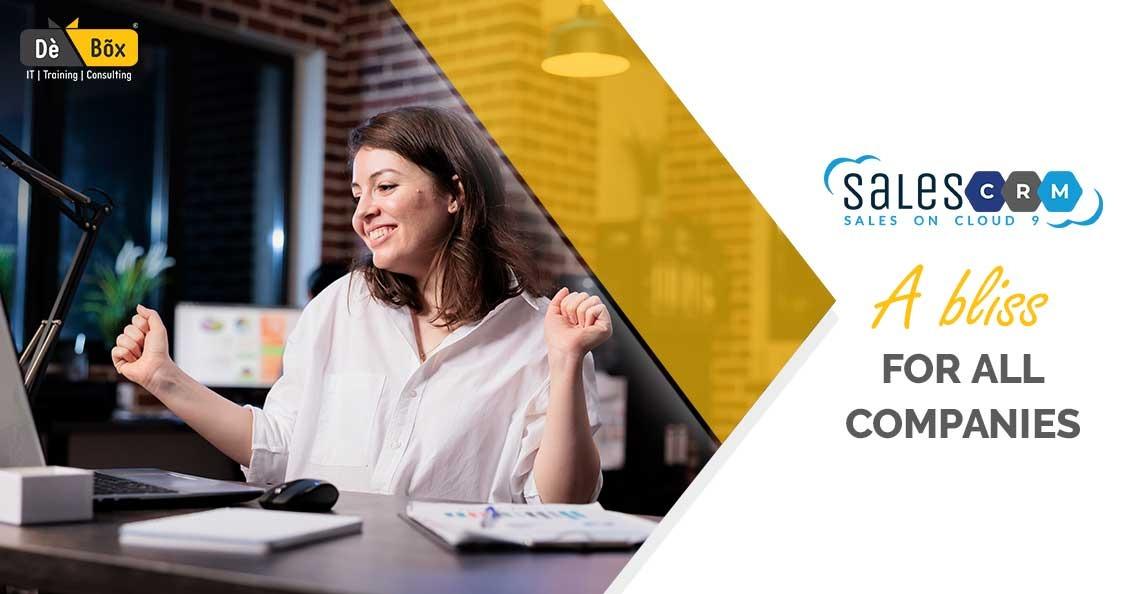



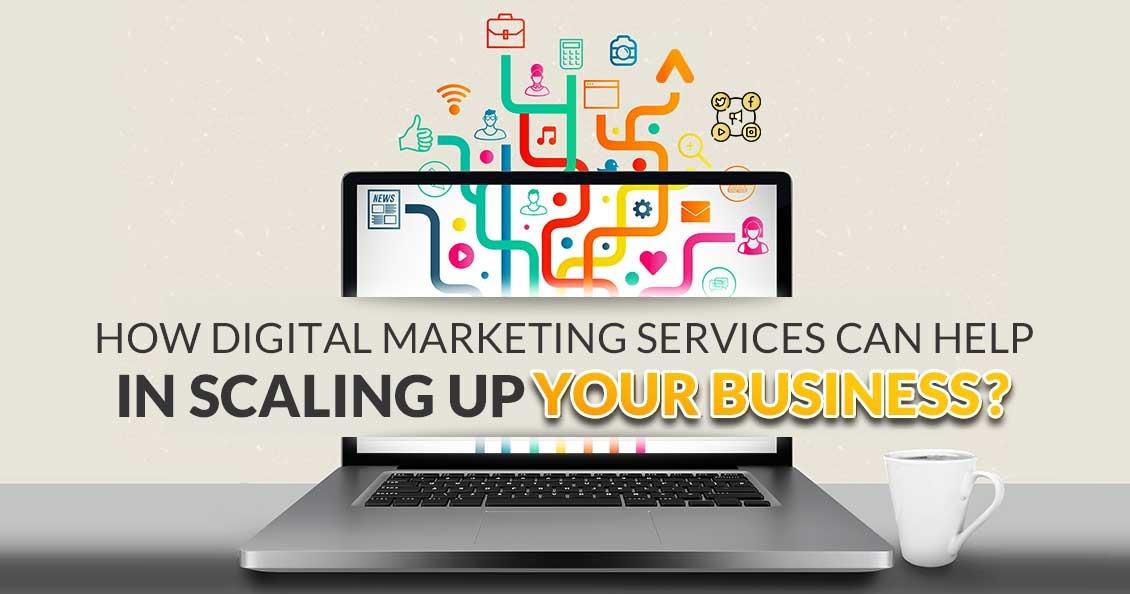
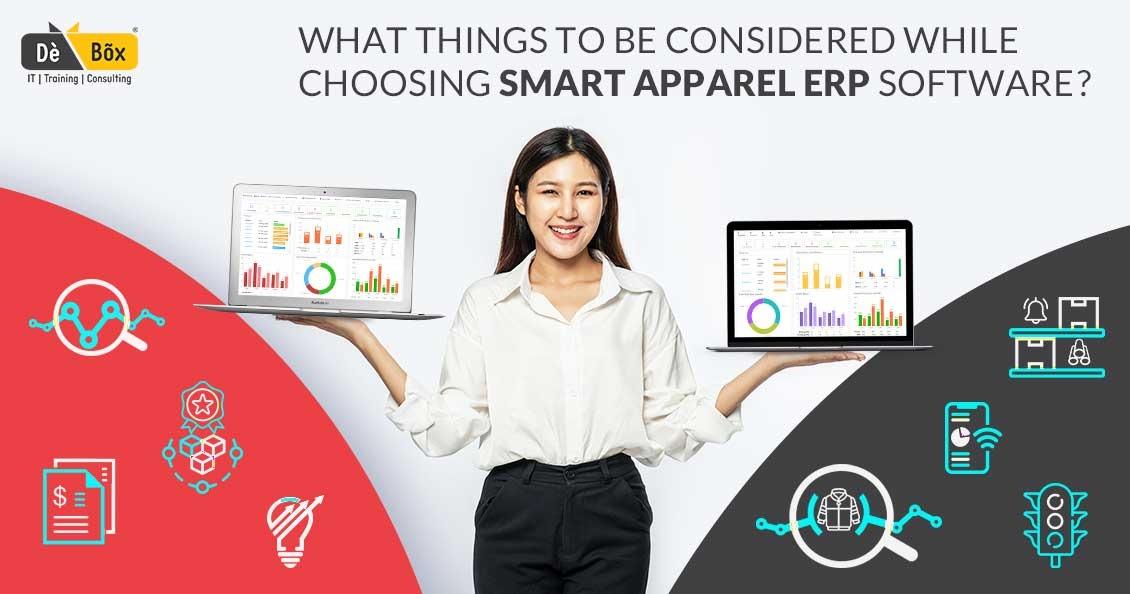
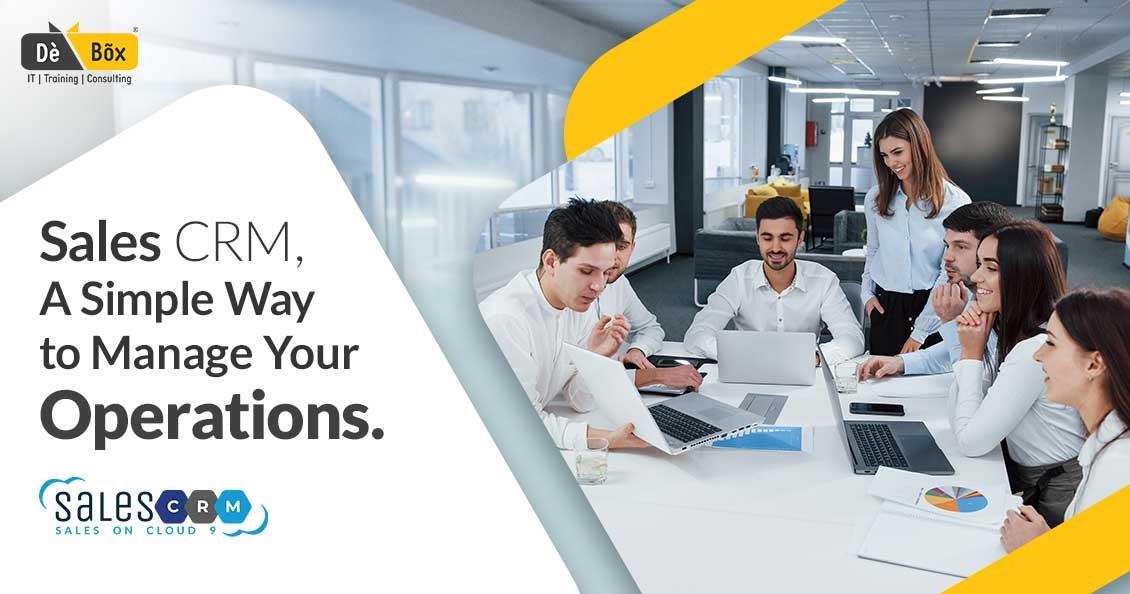
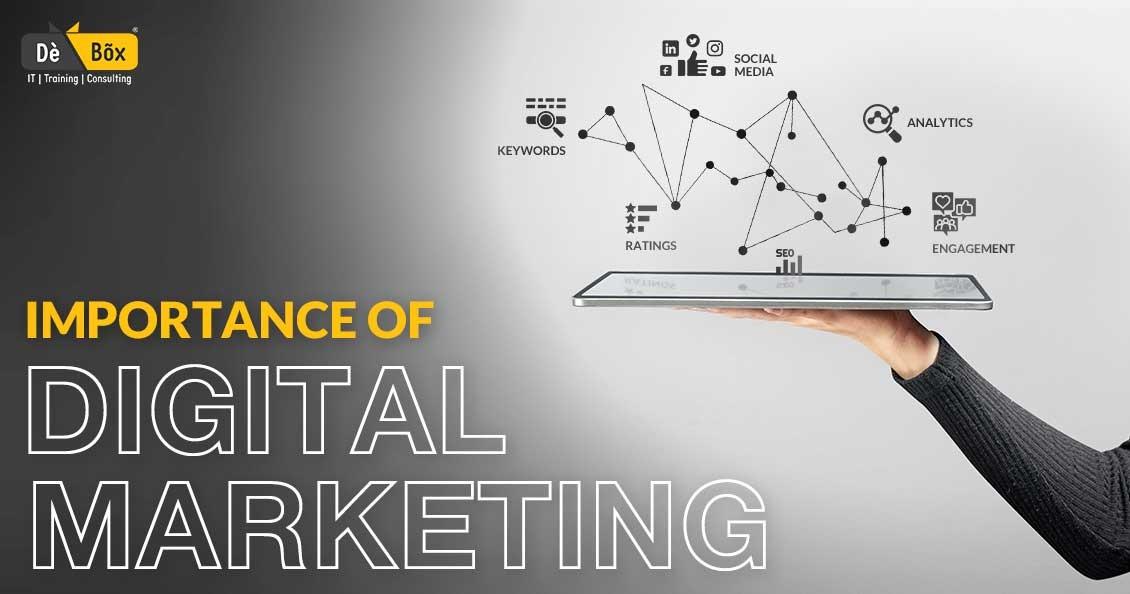

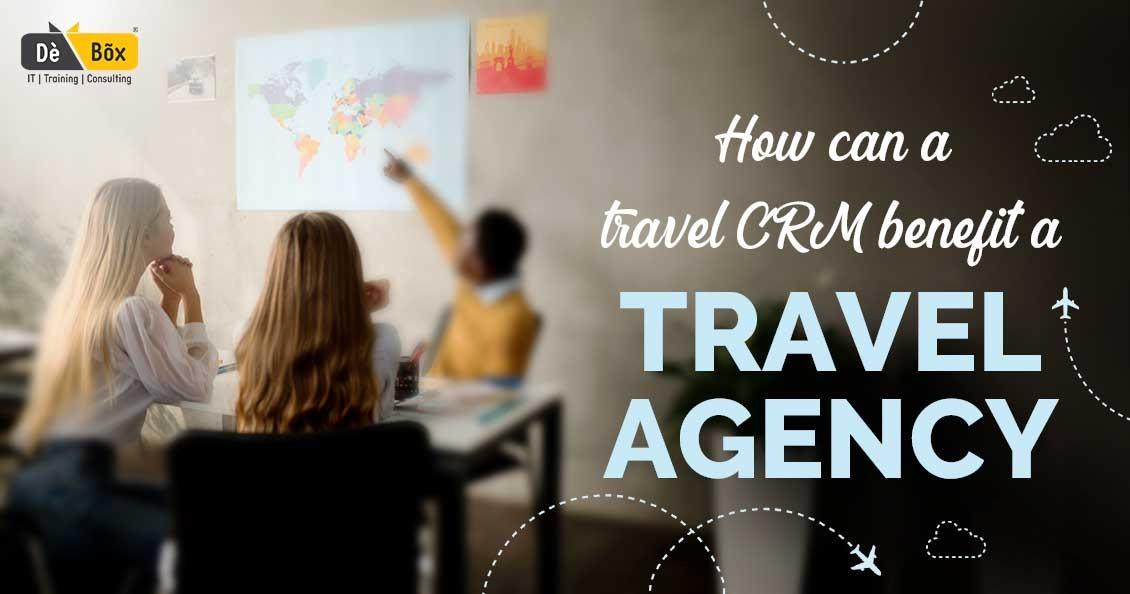
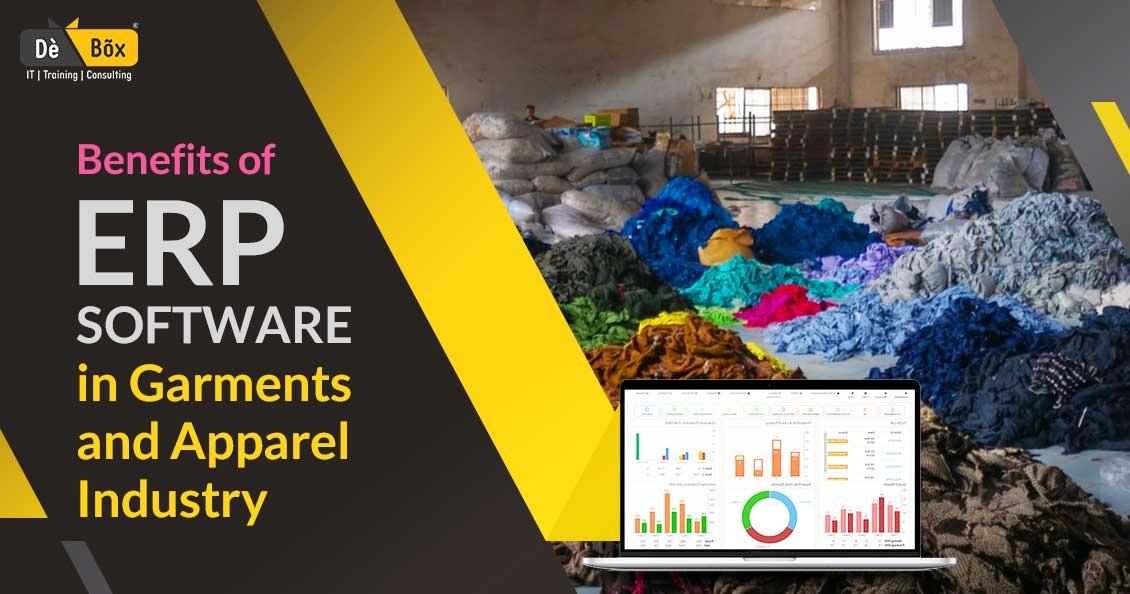
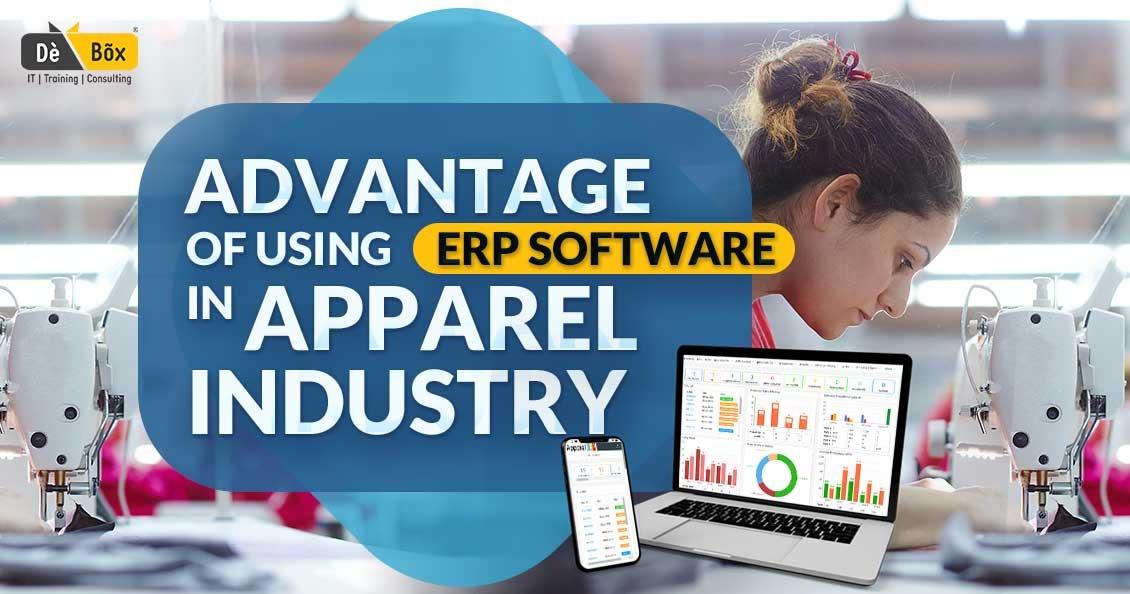
1646037372.jpg)
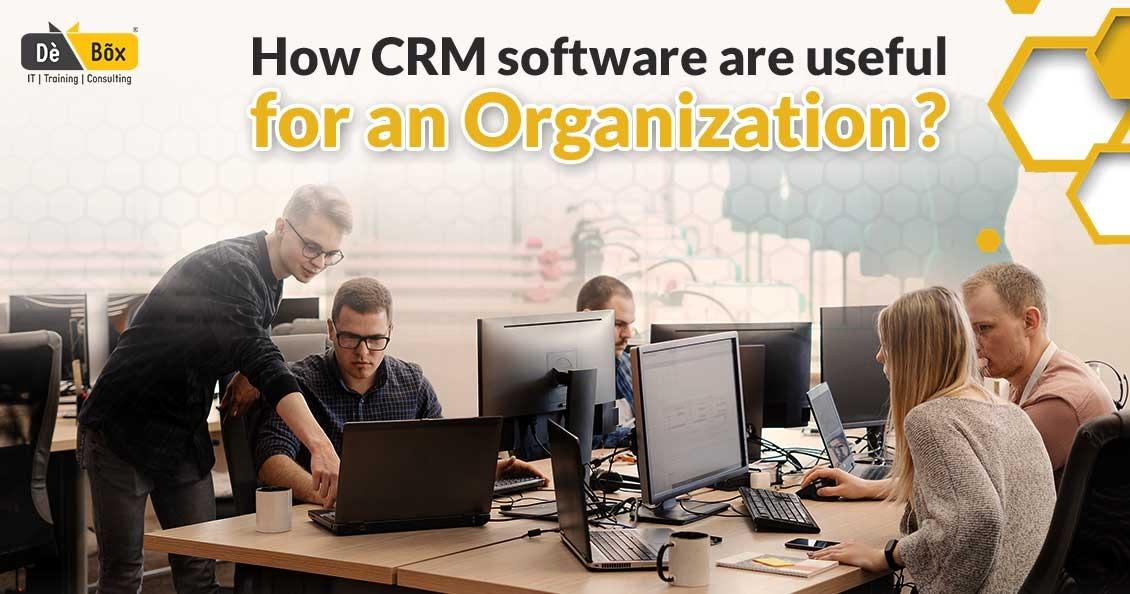
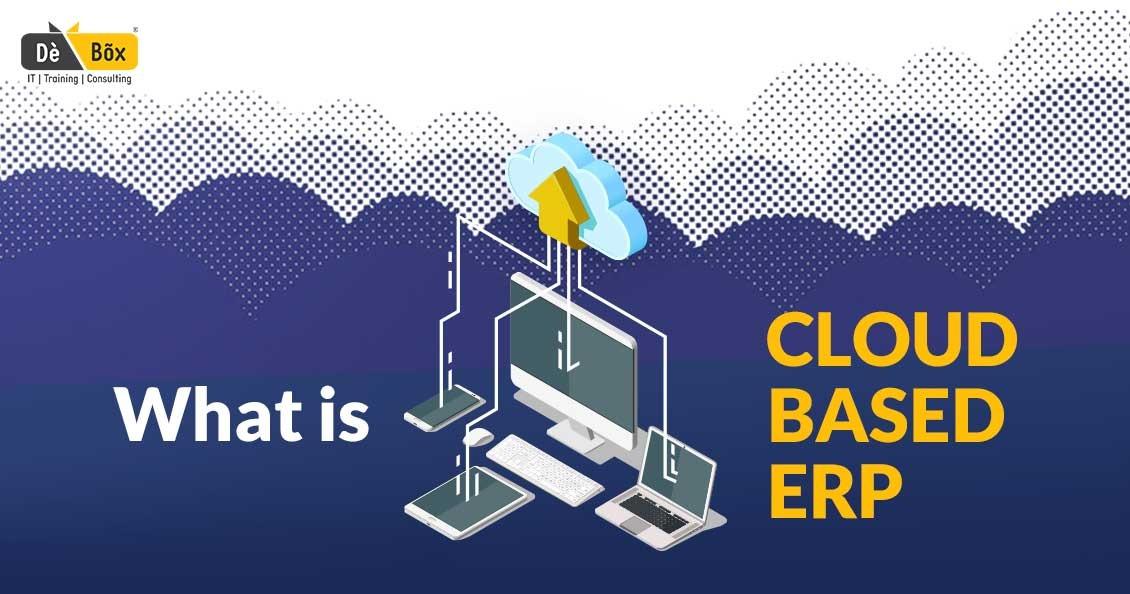
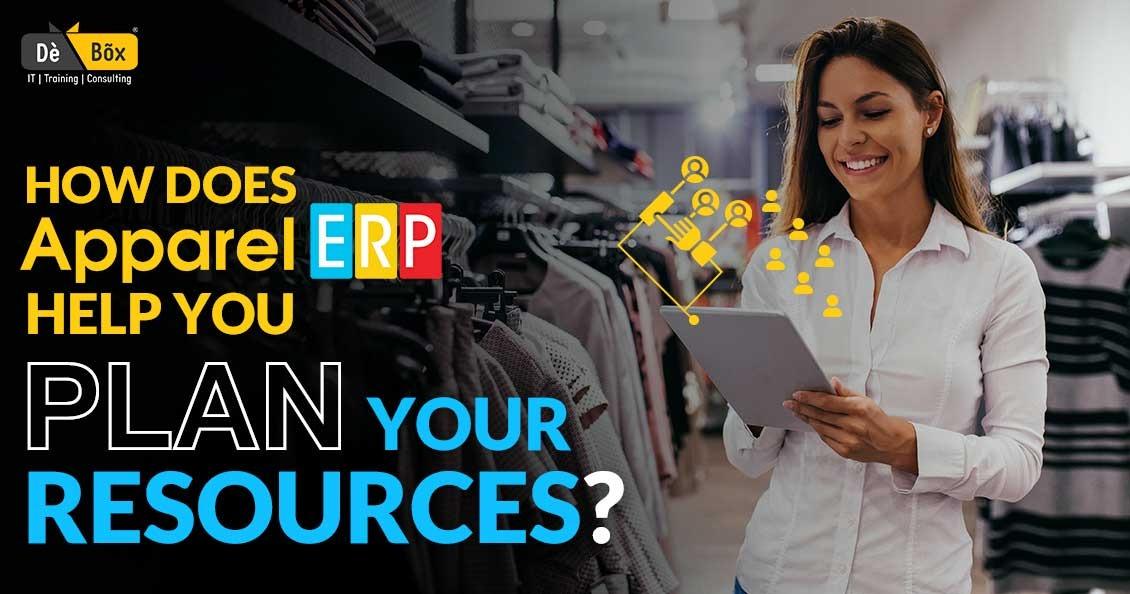

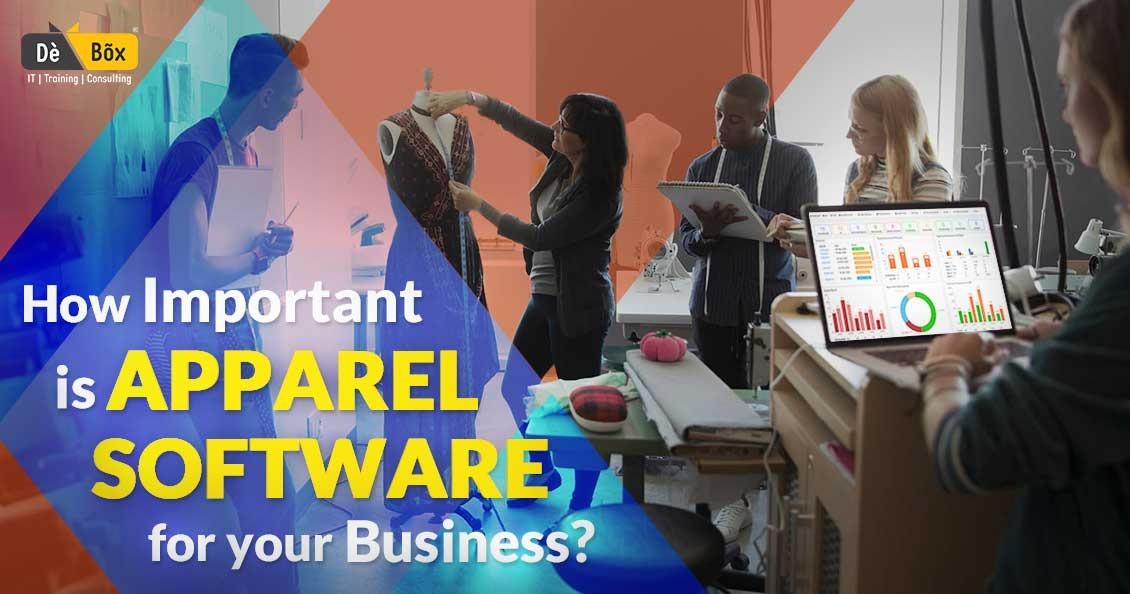
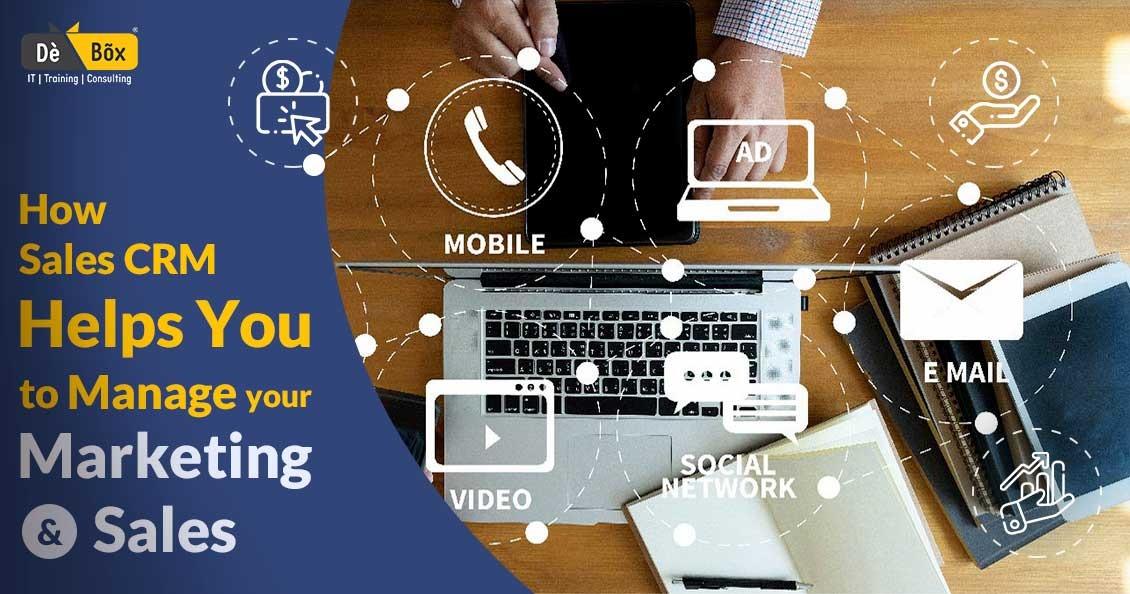
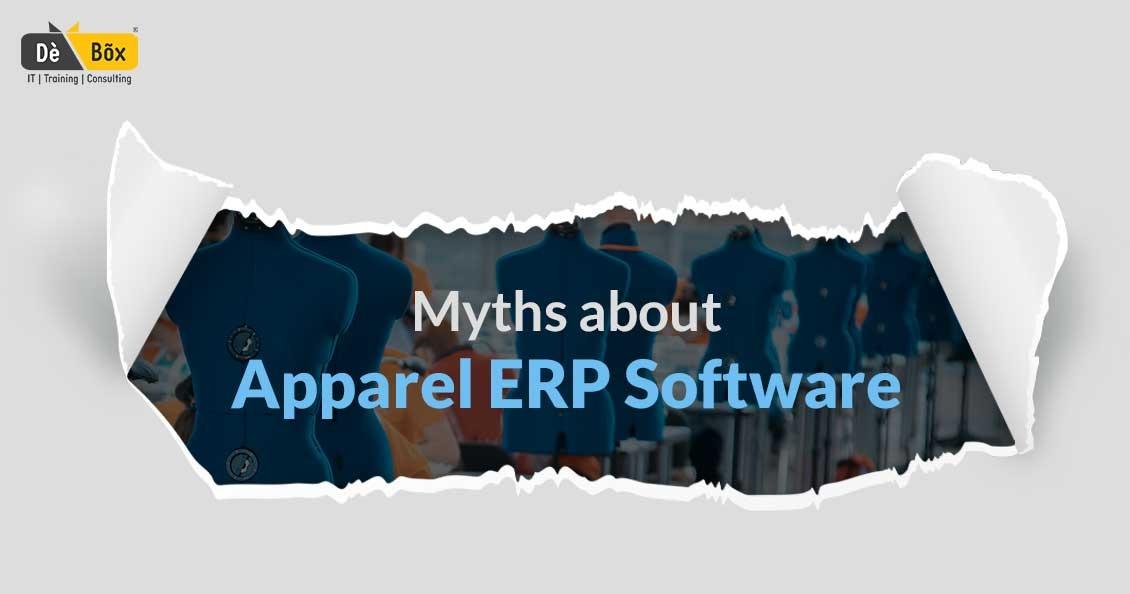
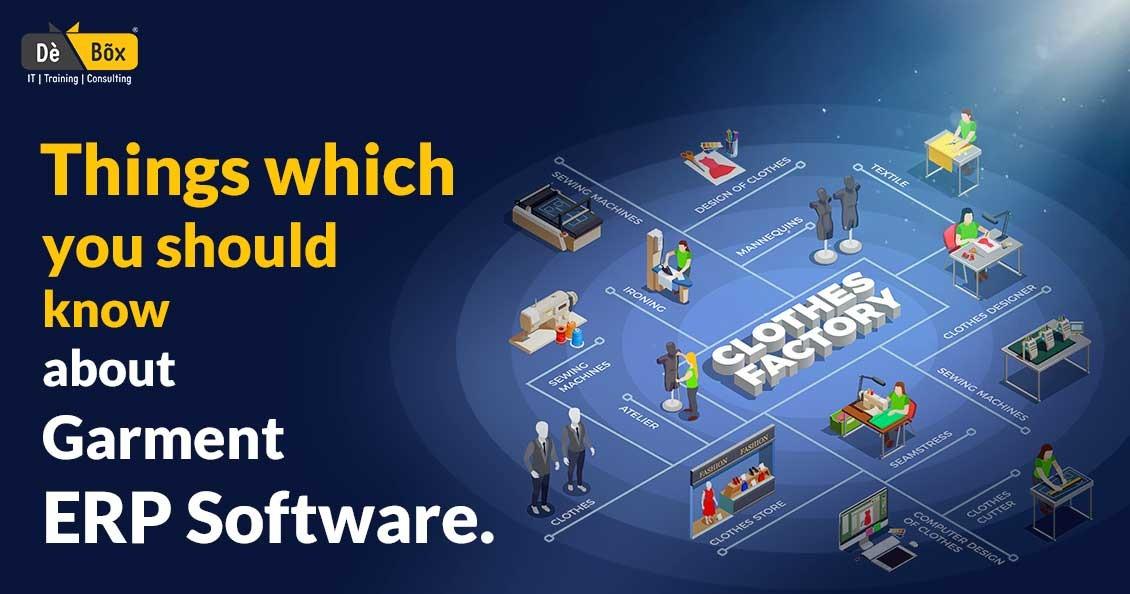
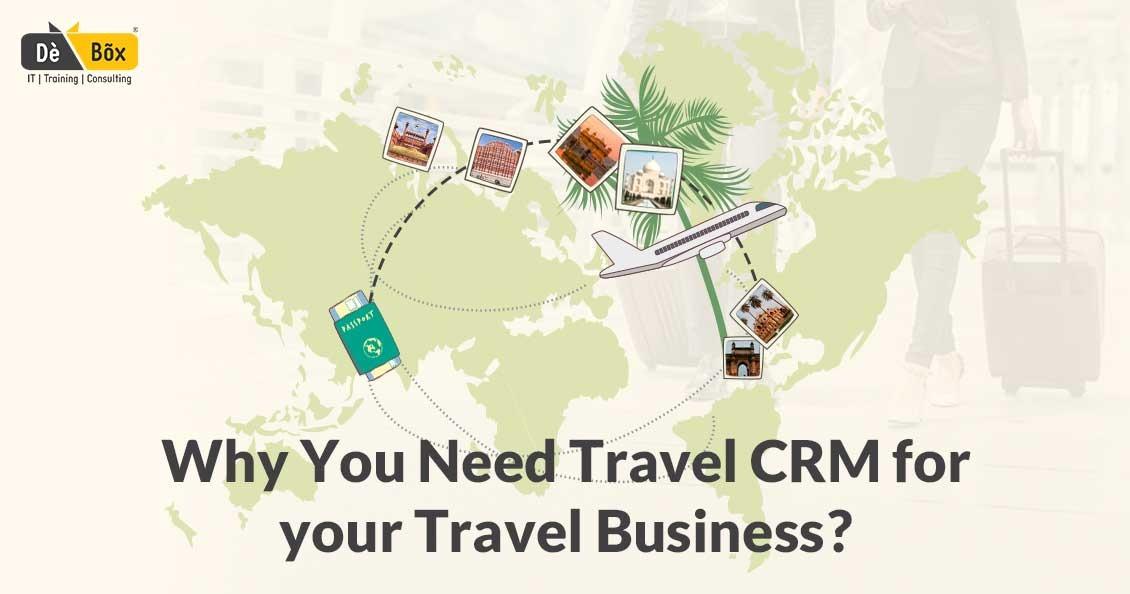



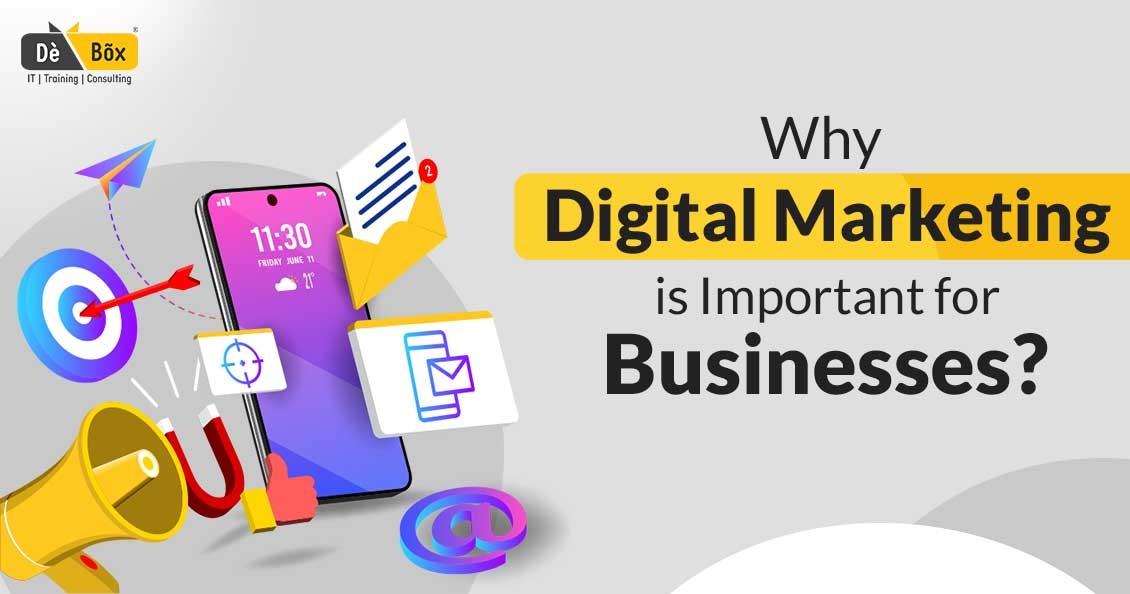
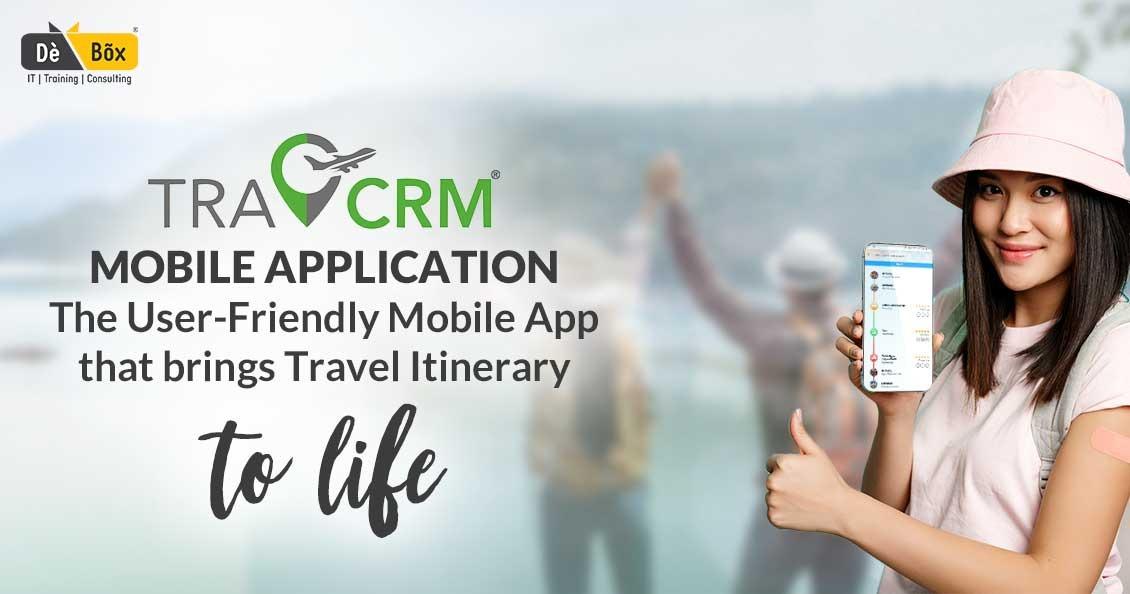
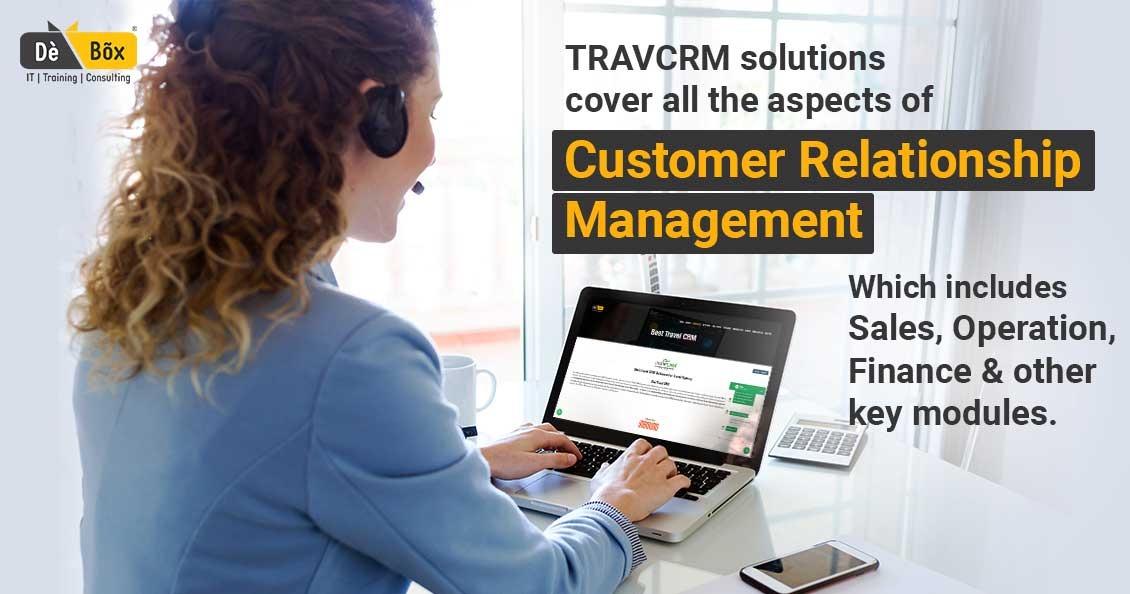
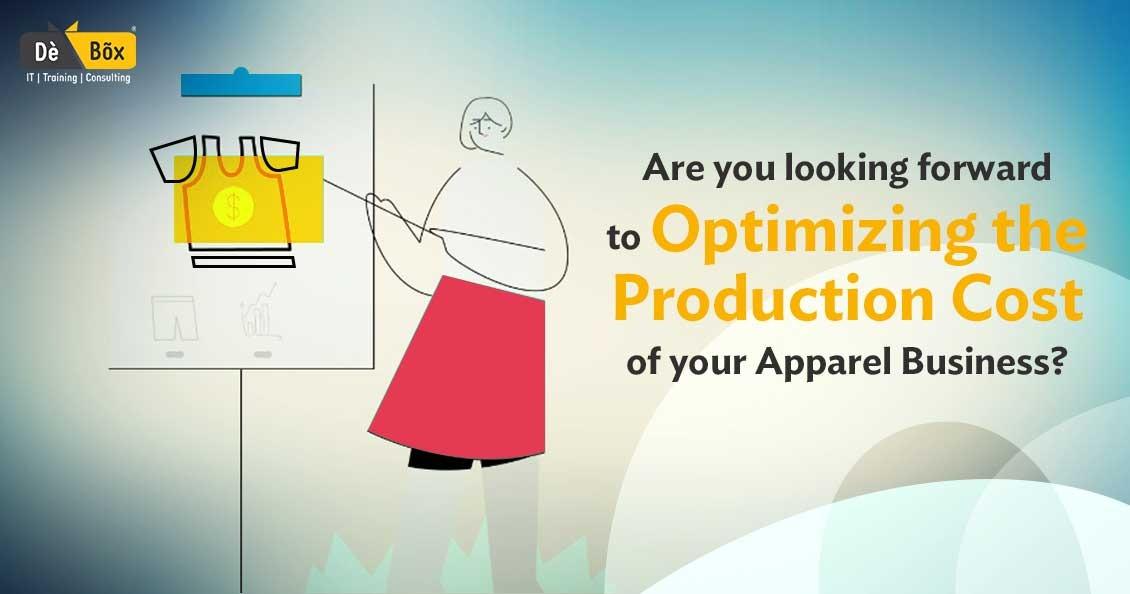
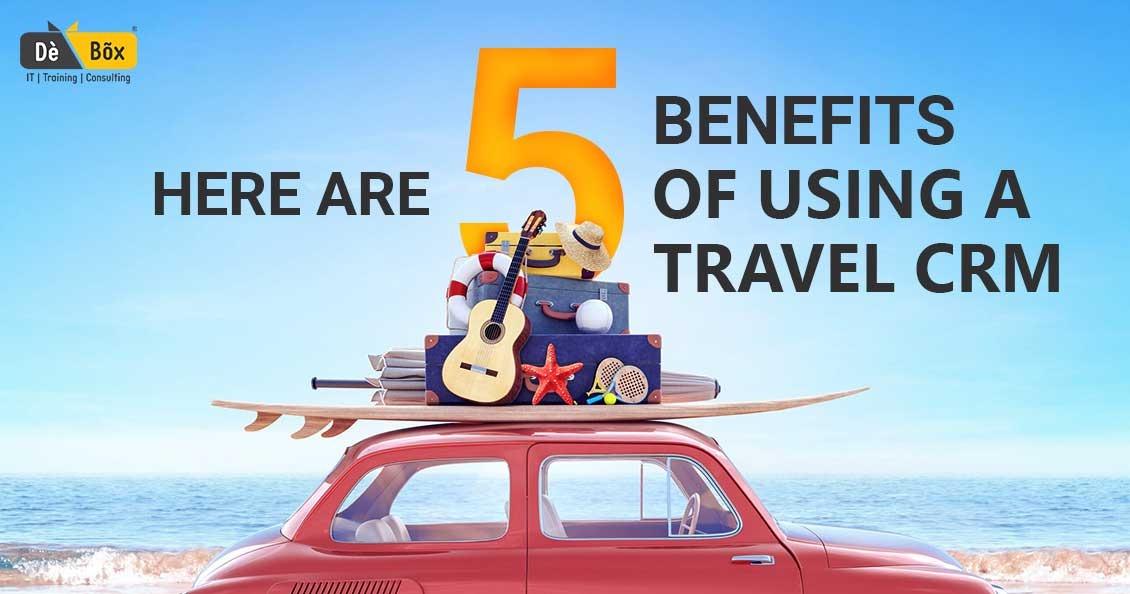
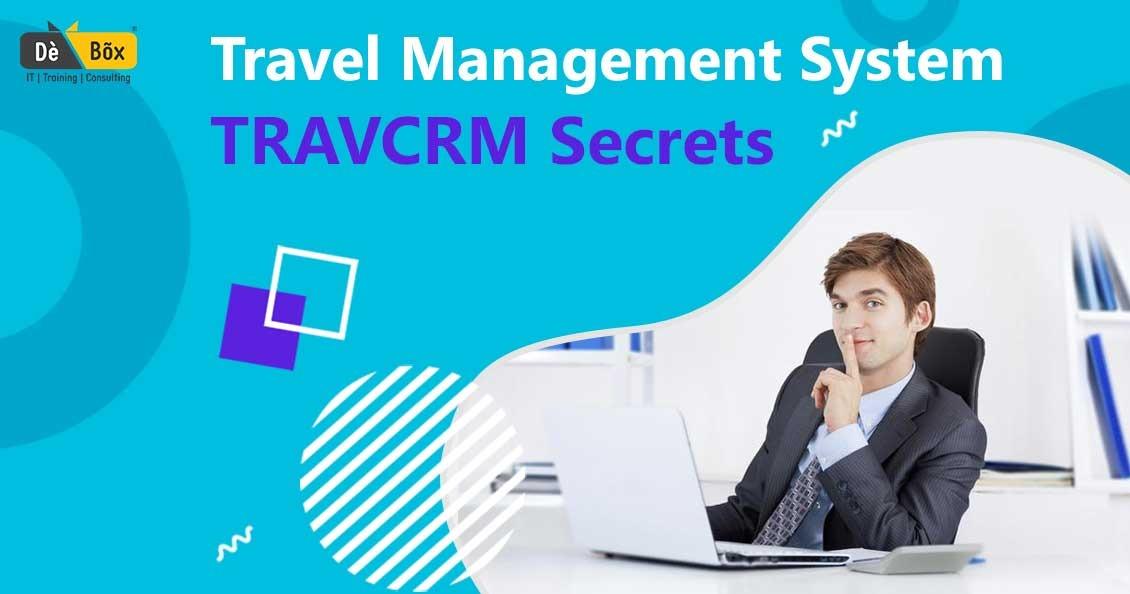
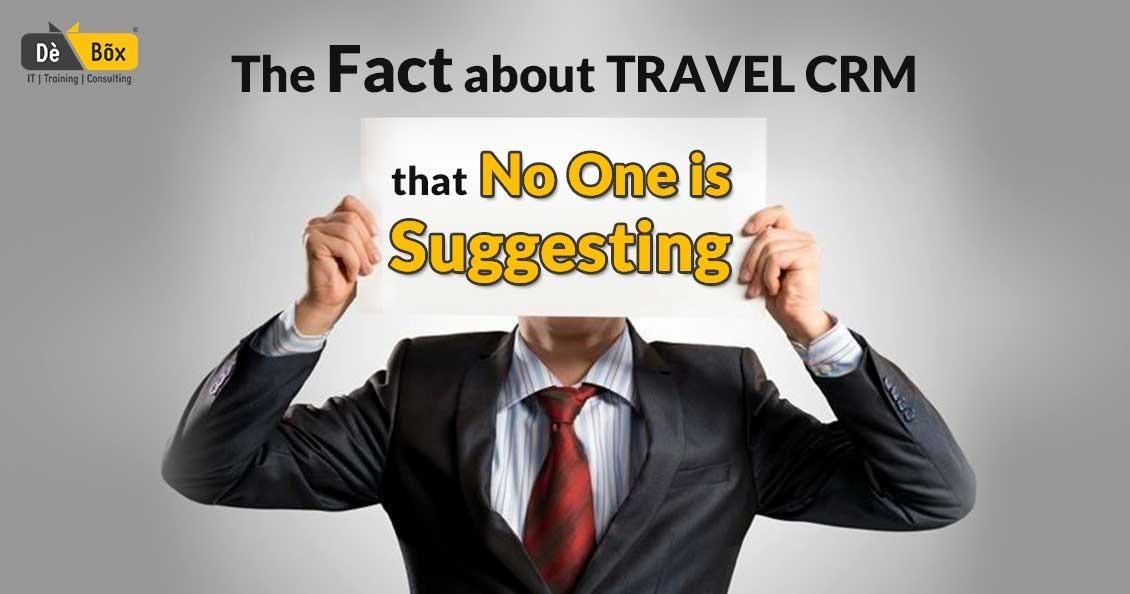
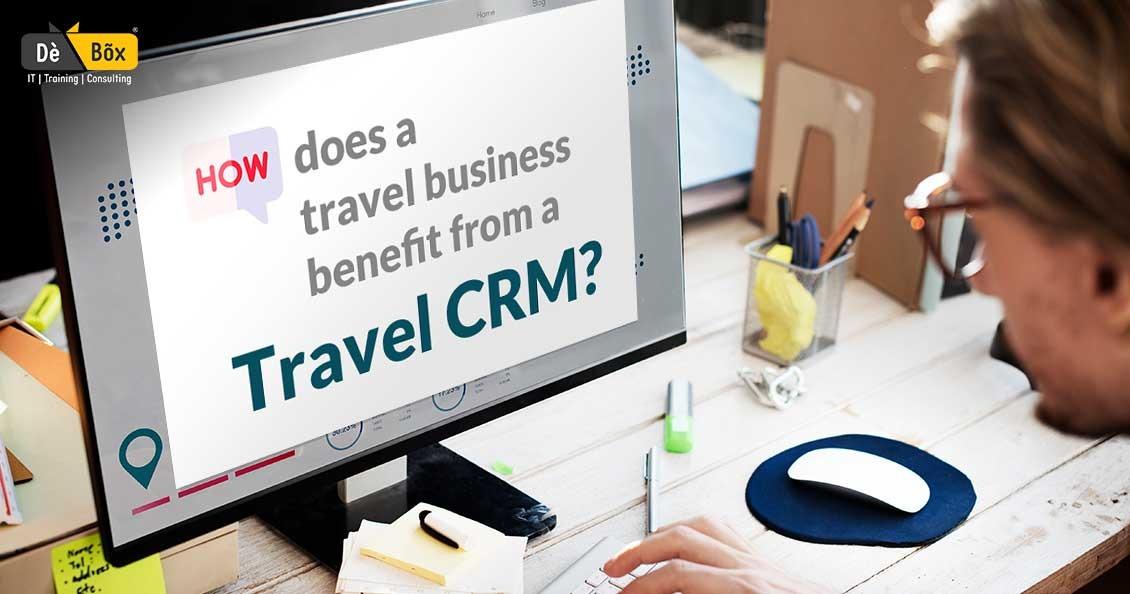
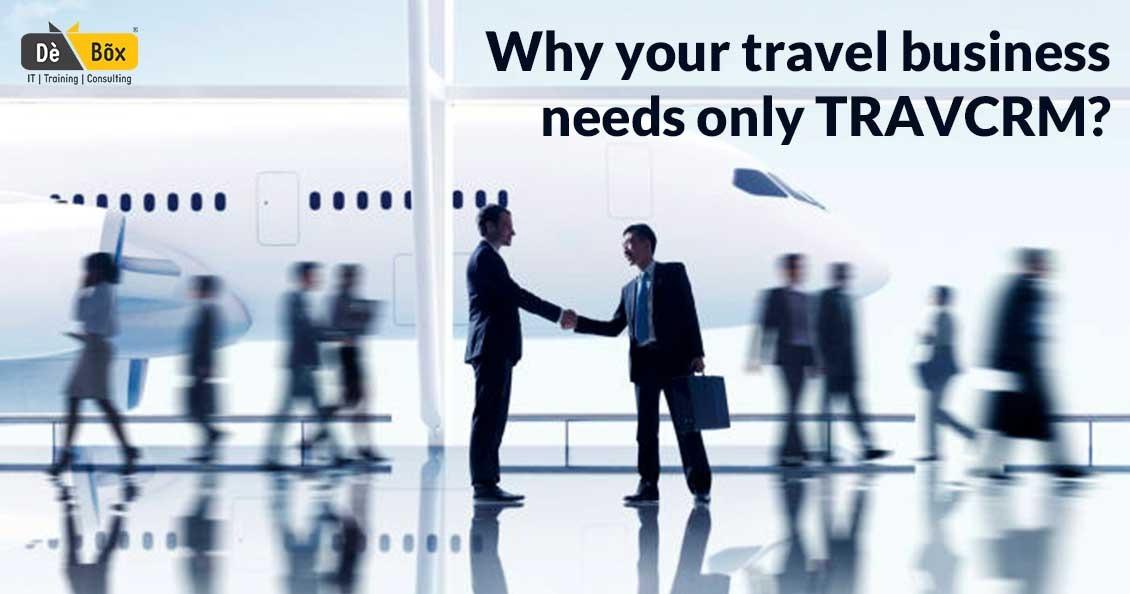
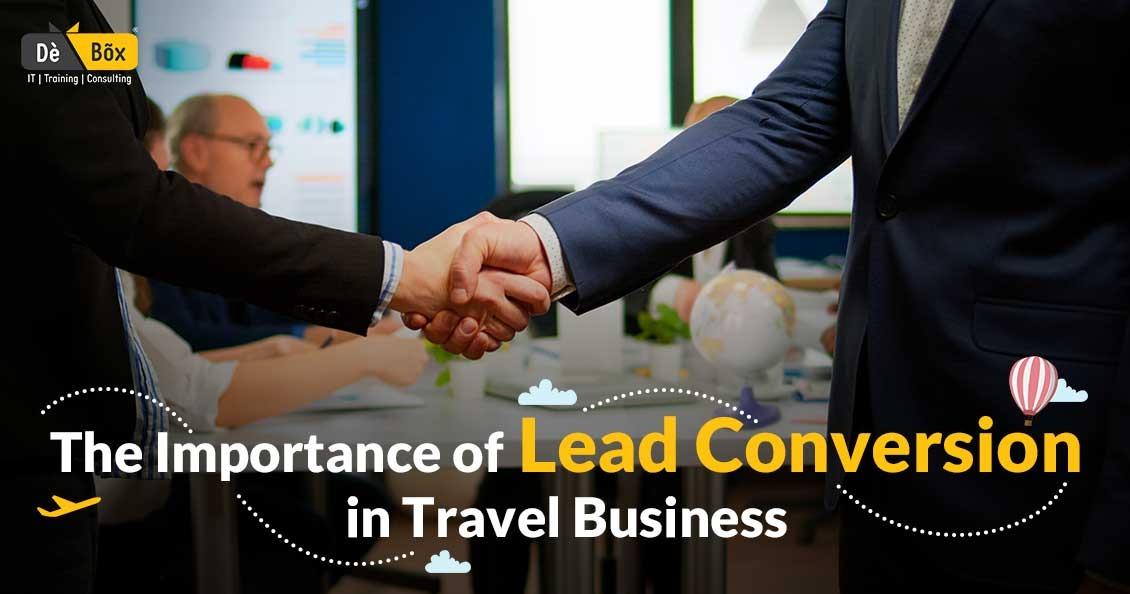
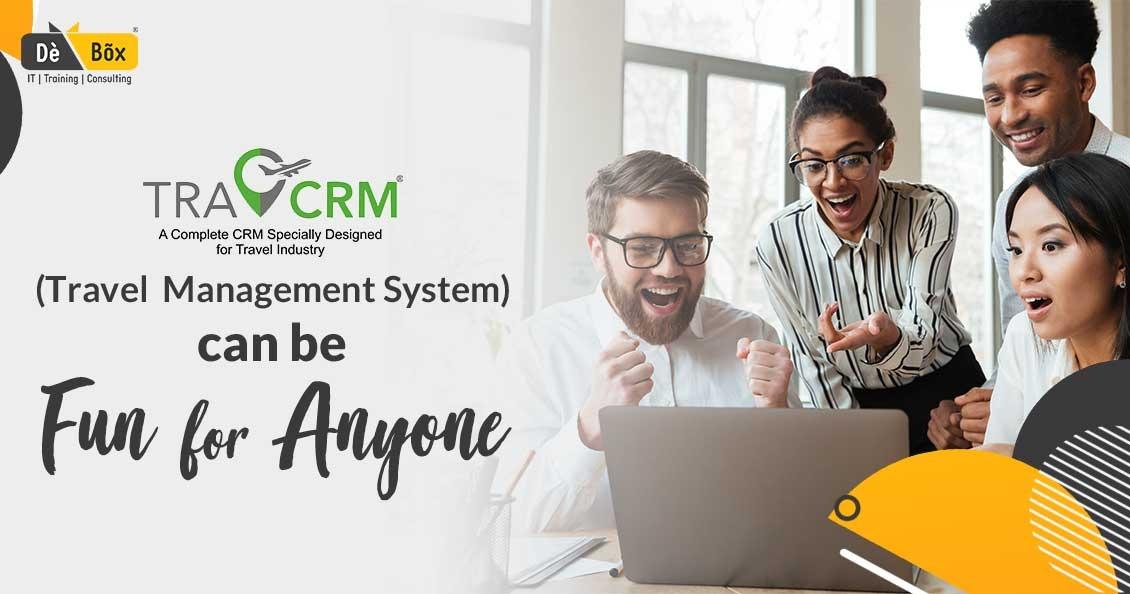
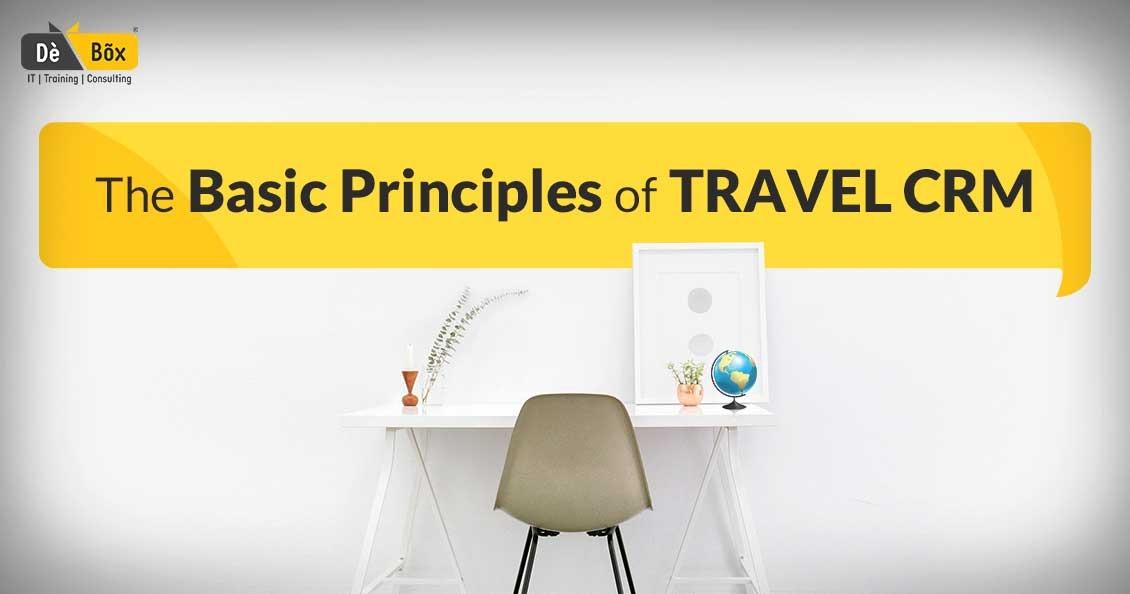
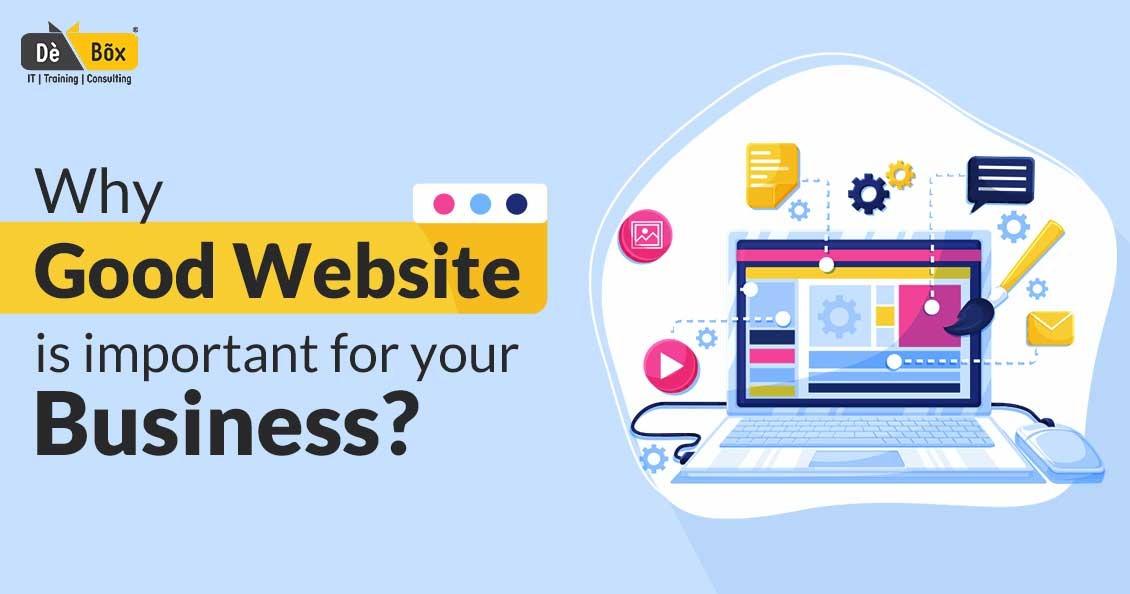
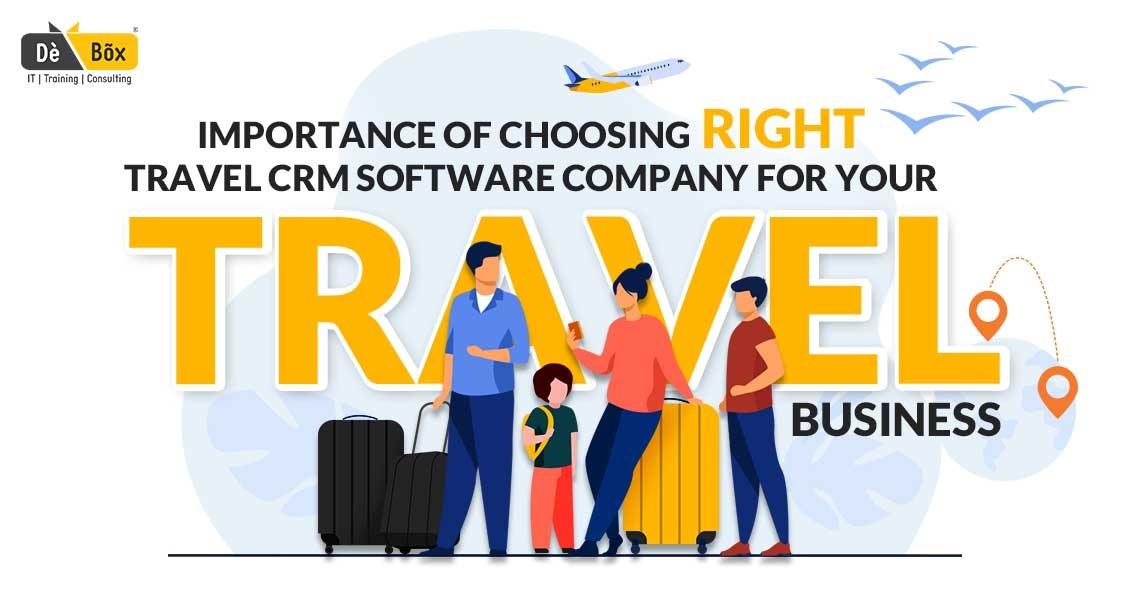
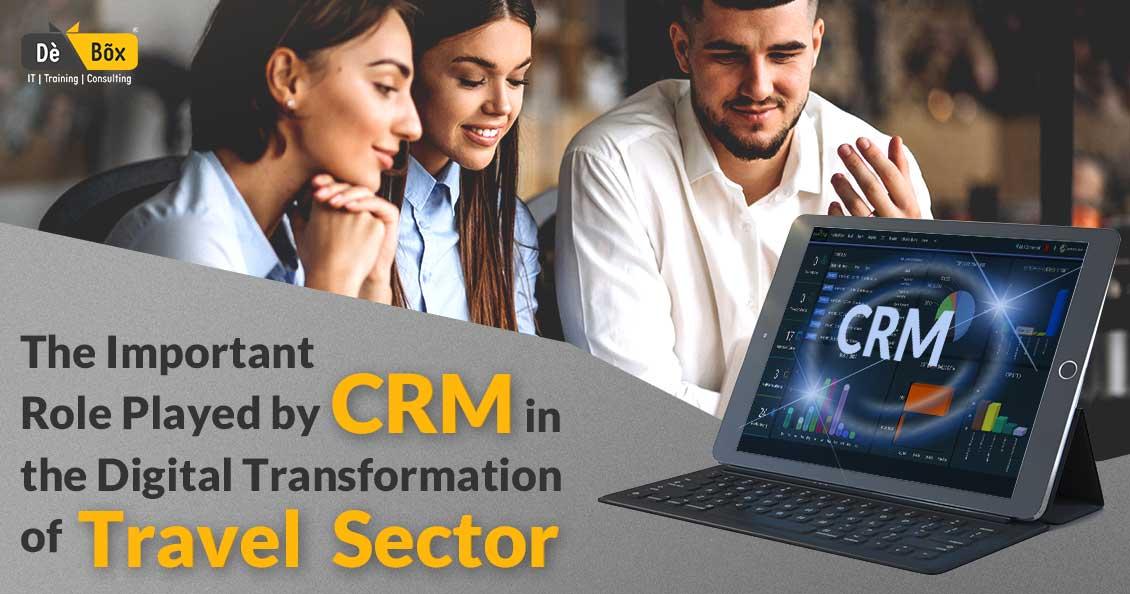
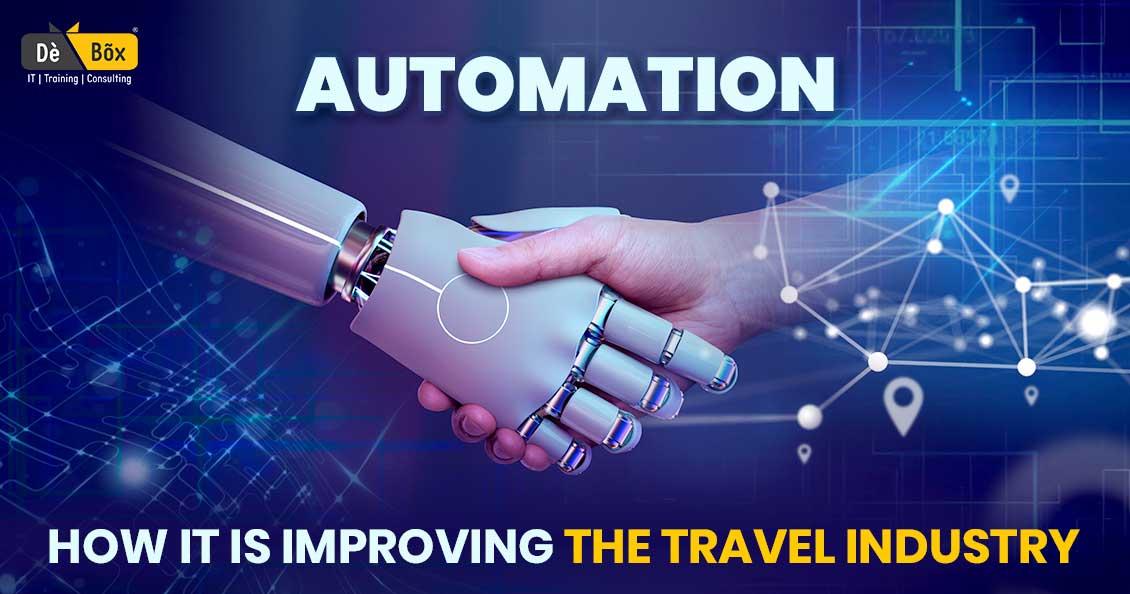
1631854739.png)
